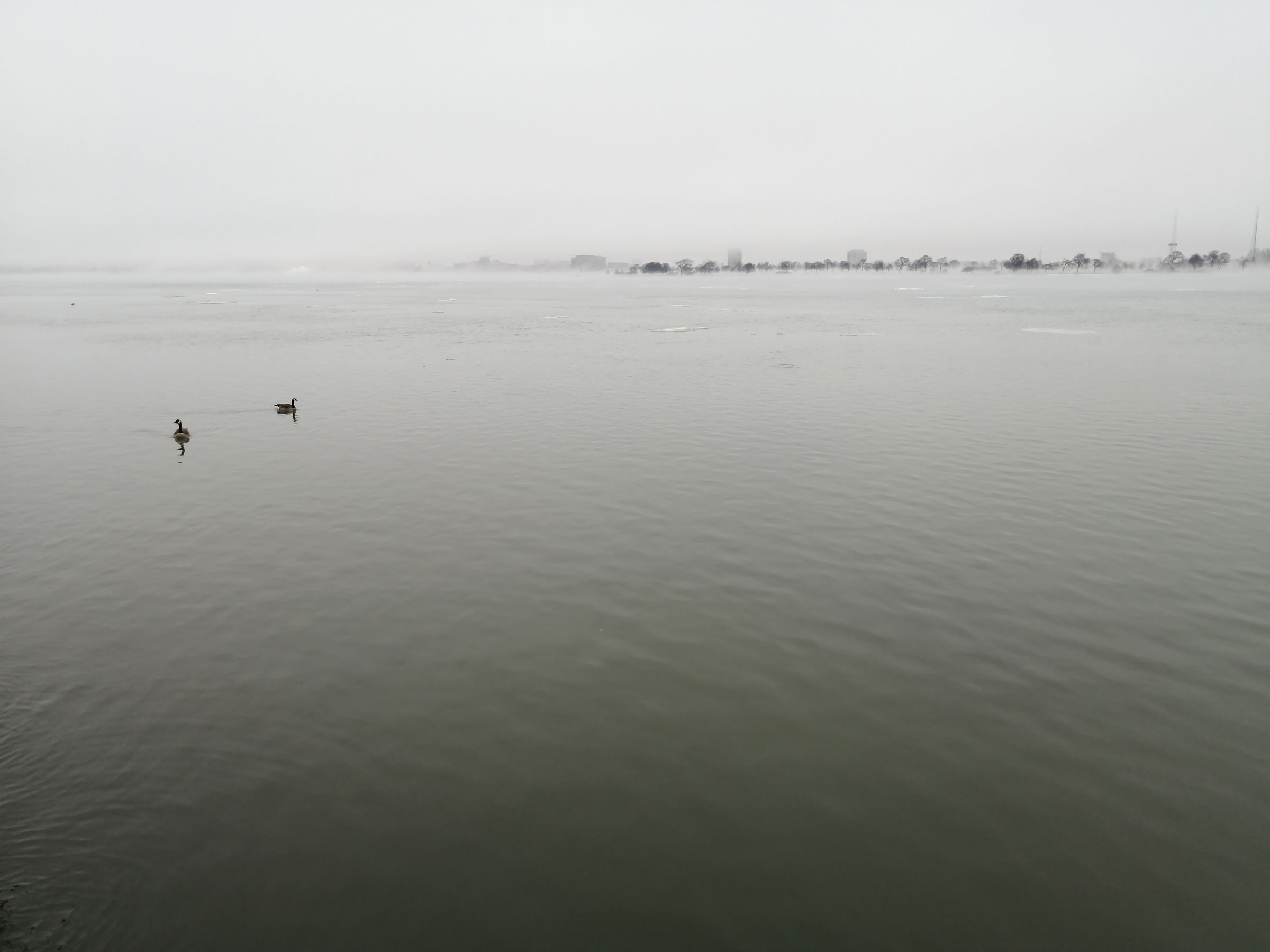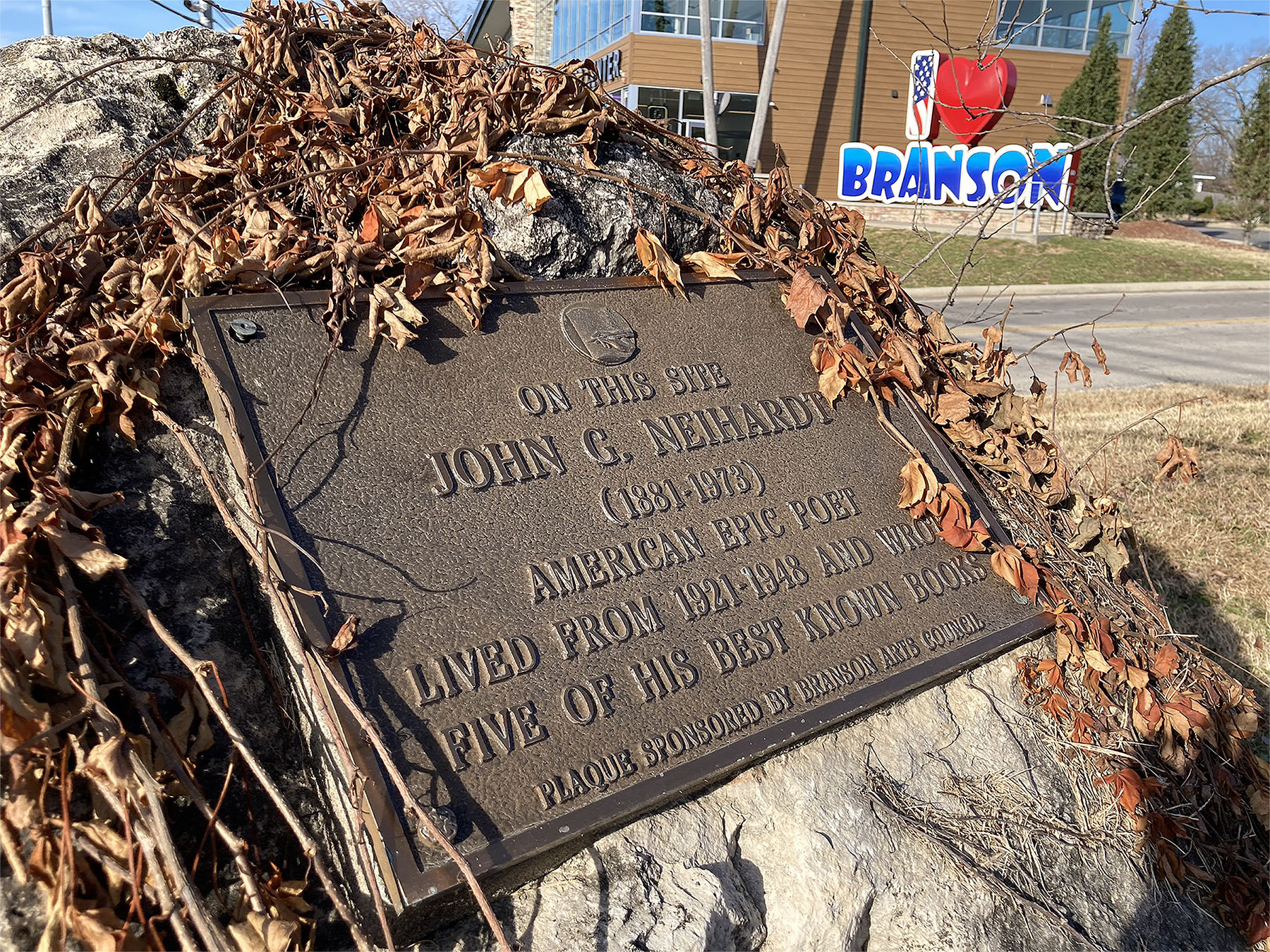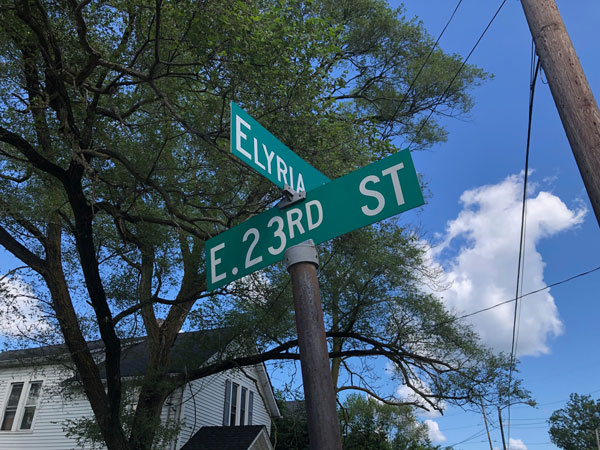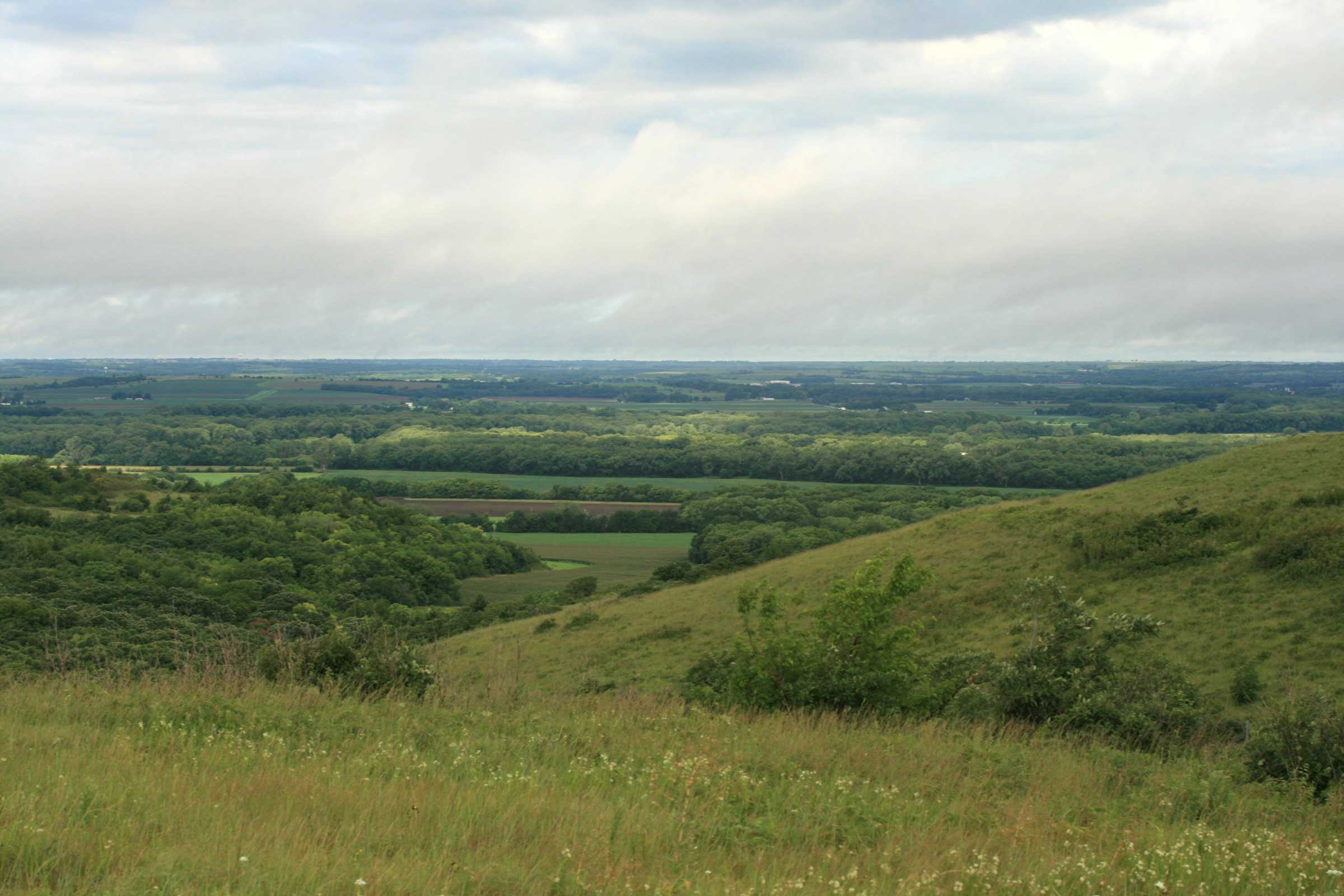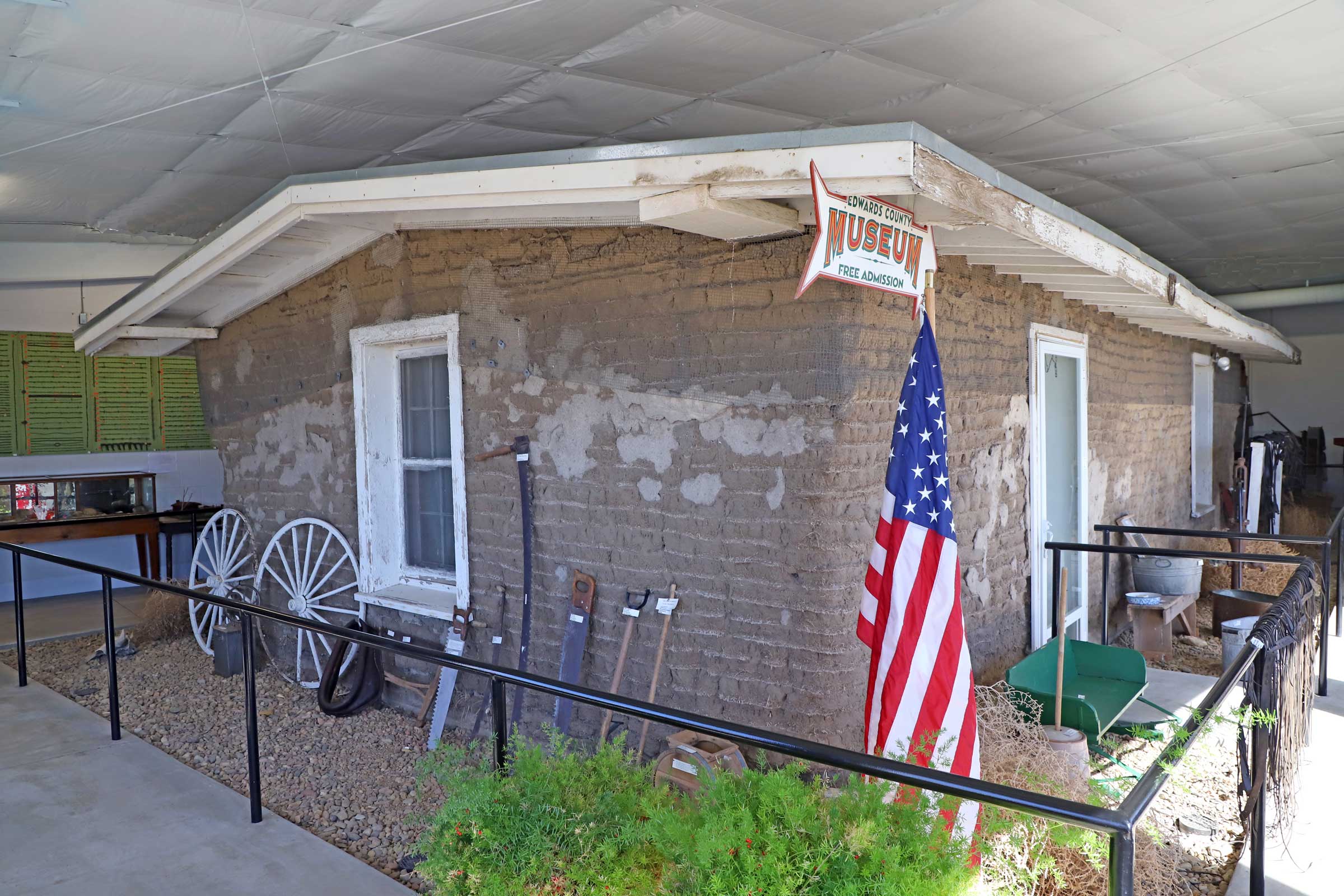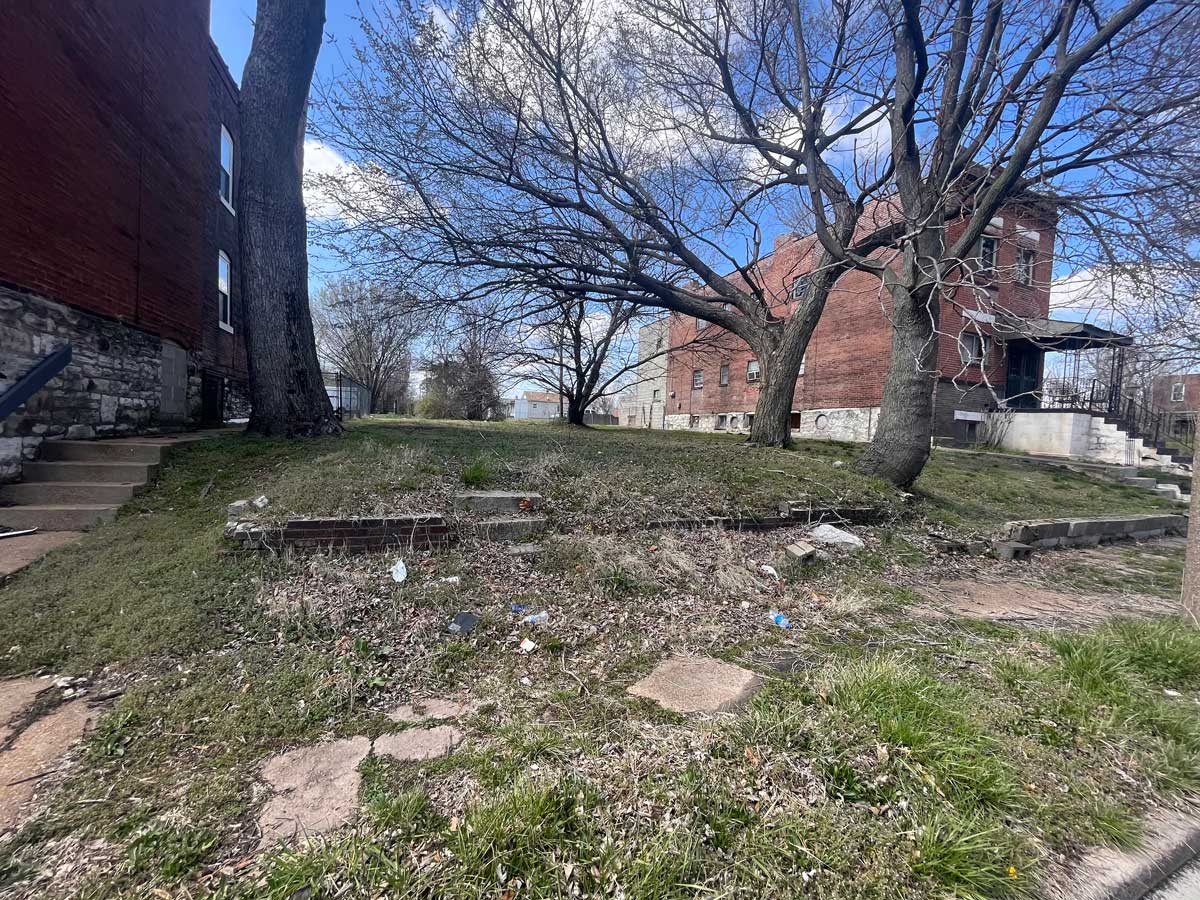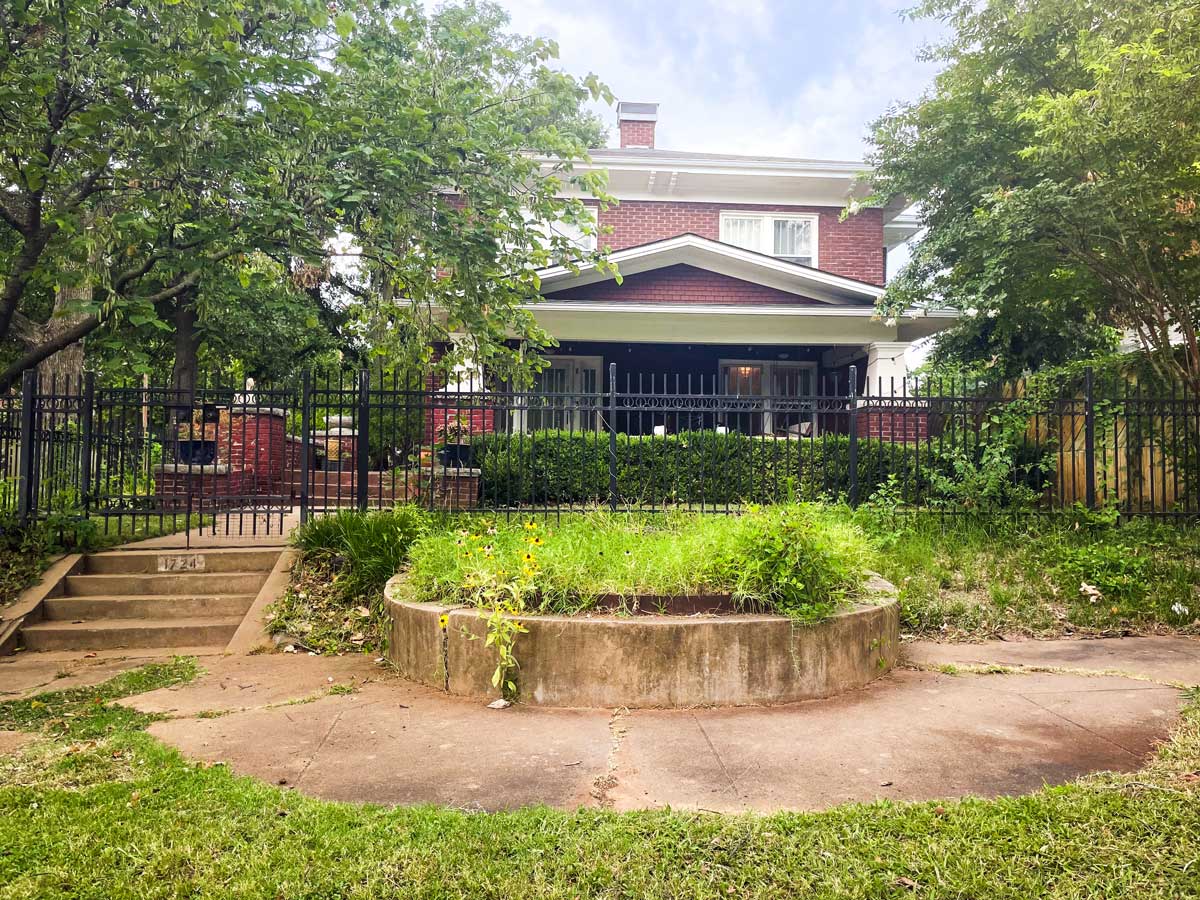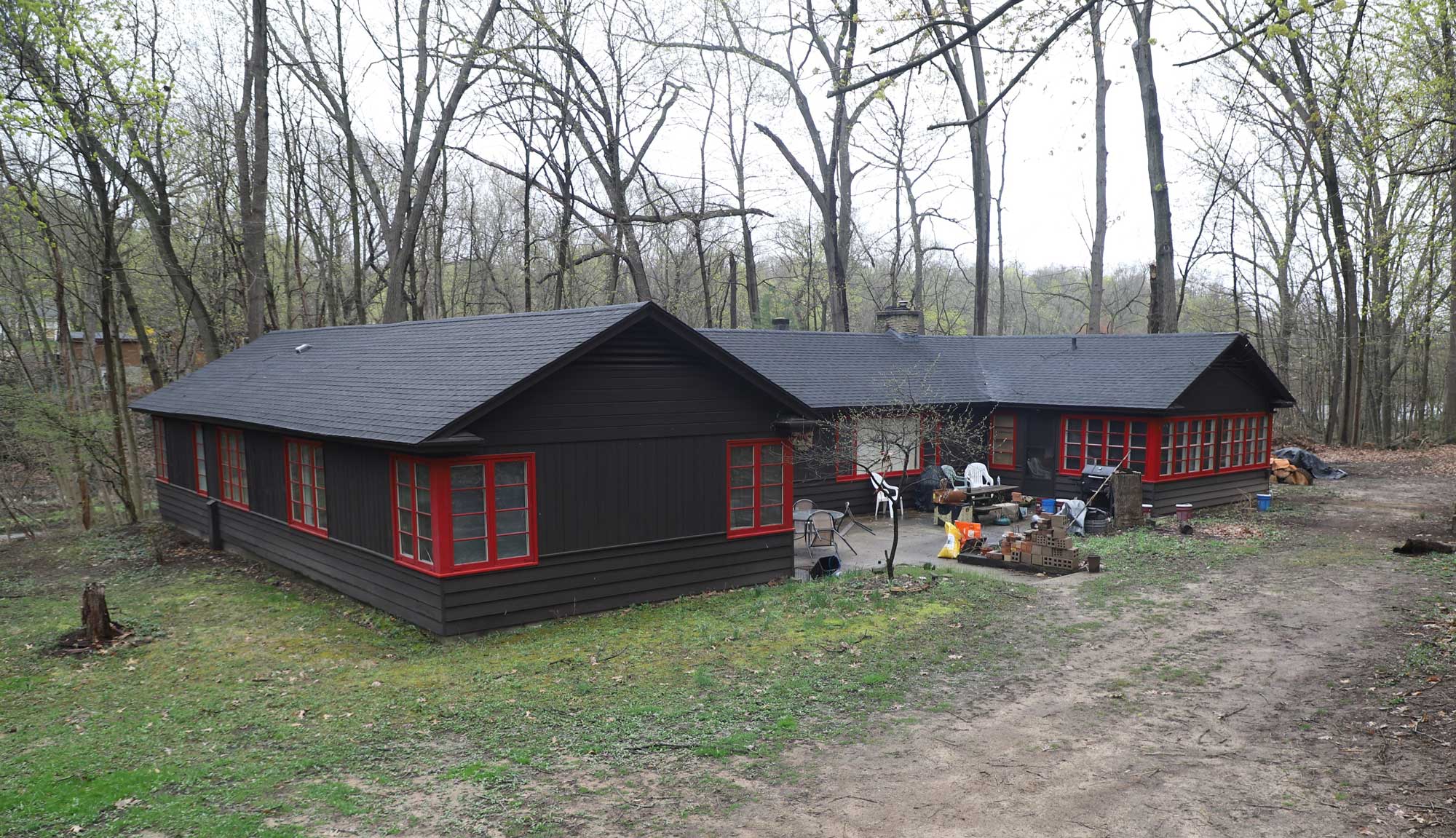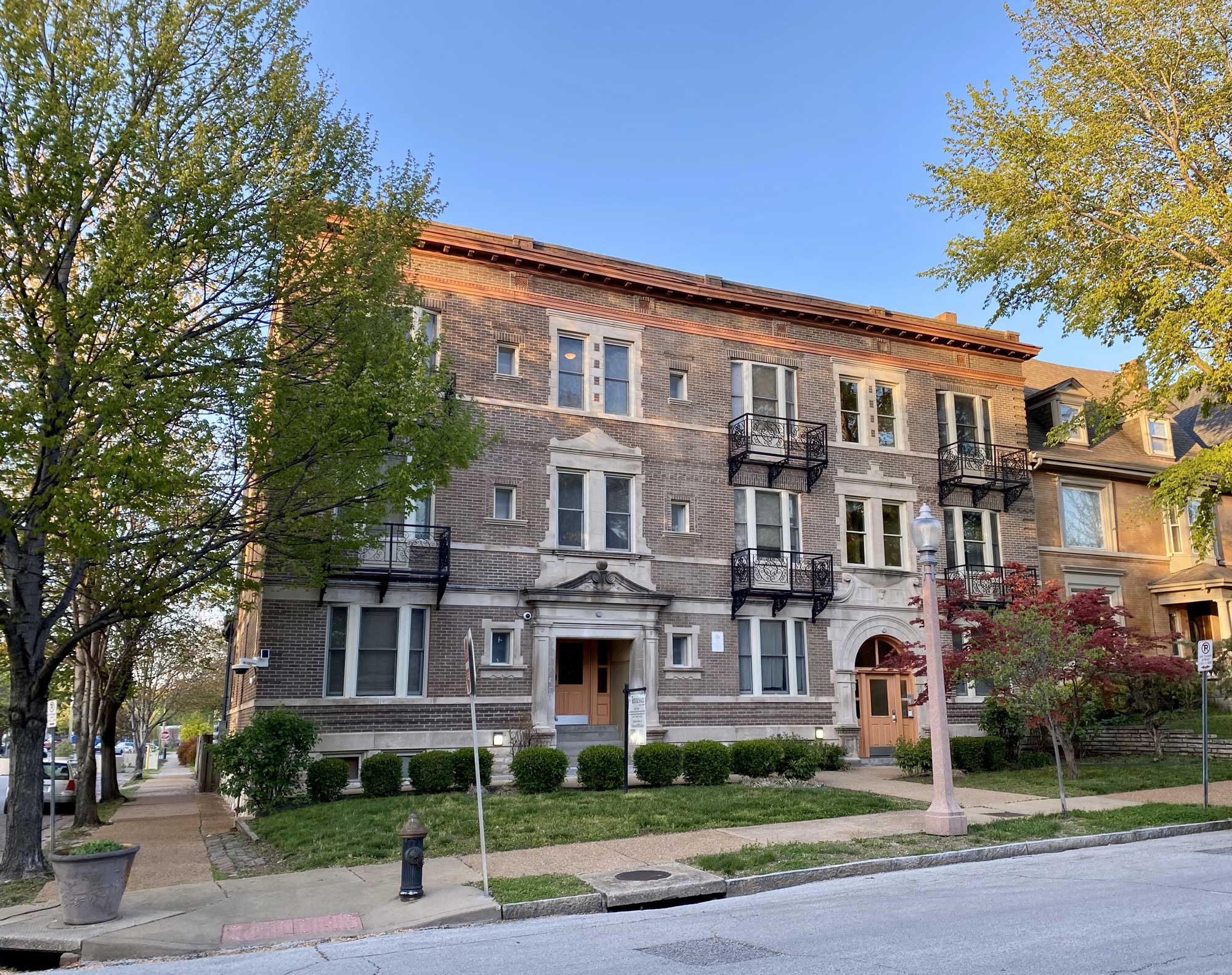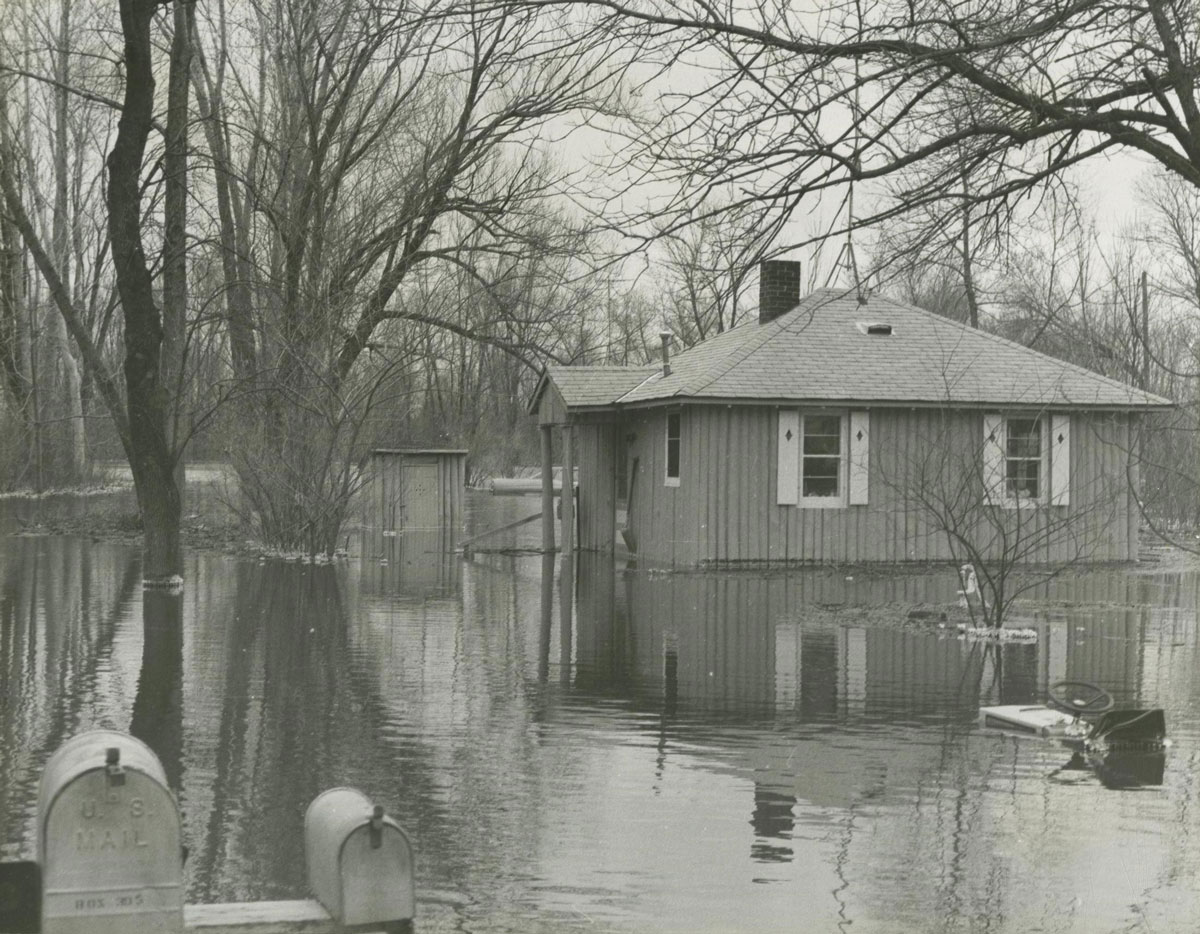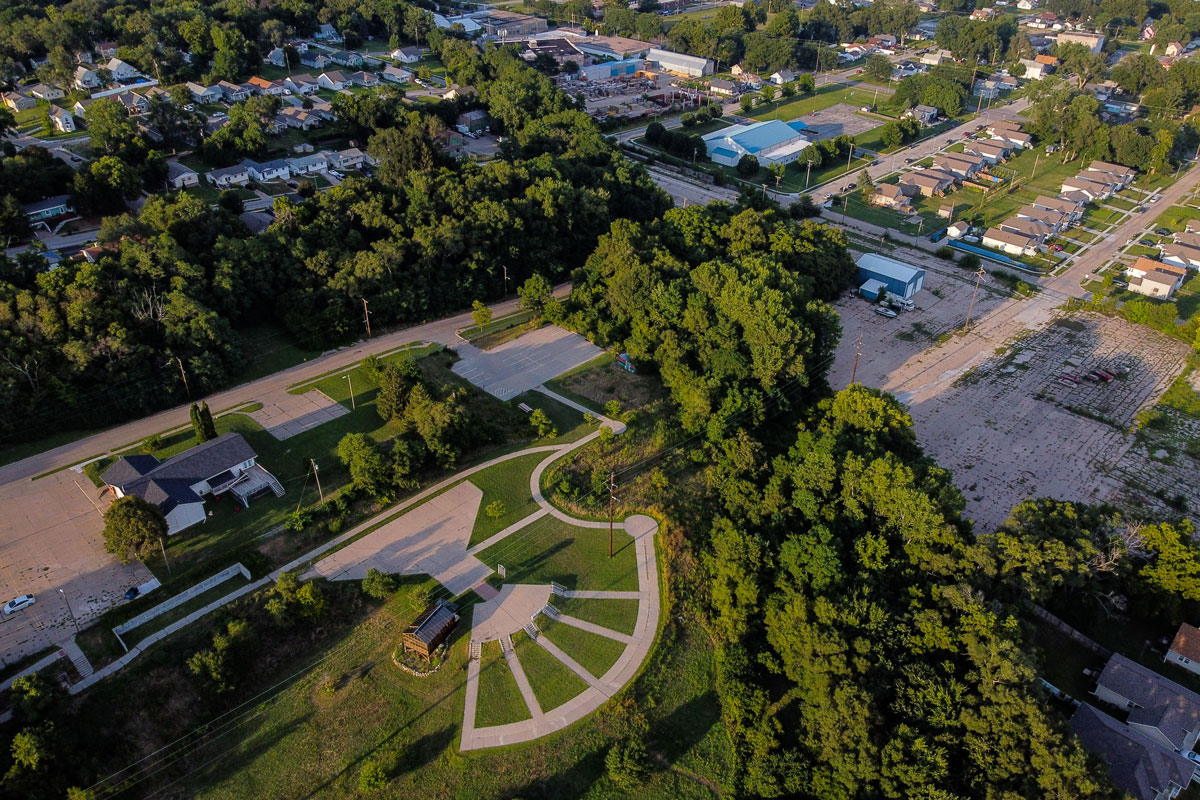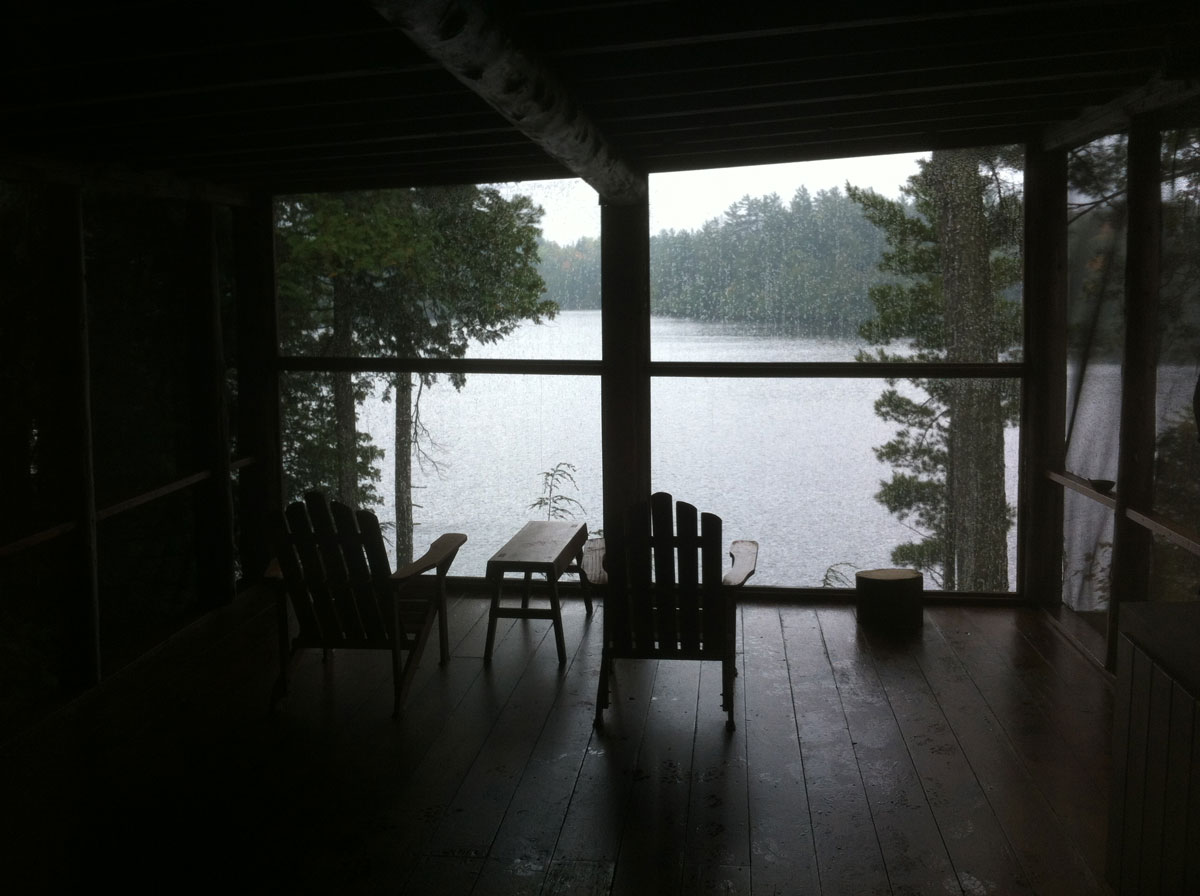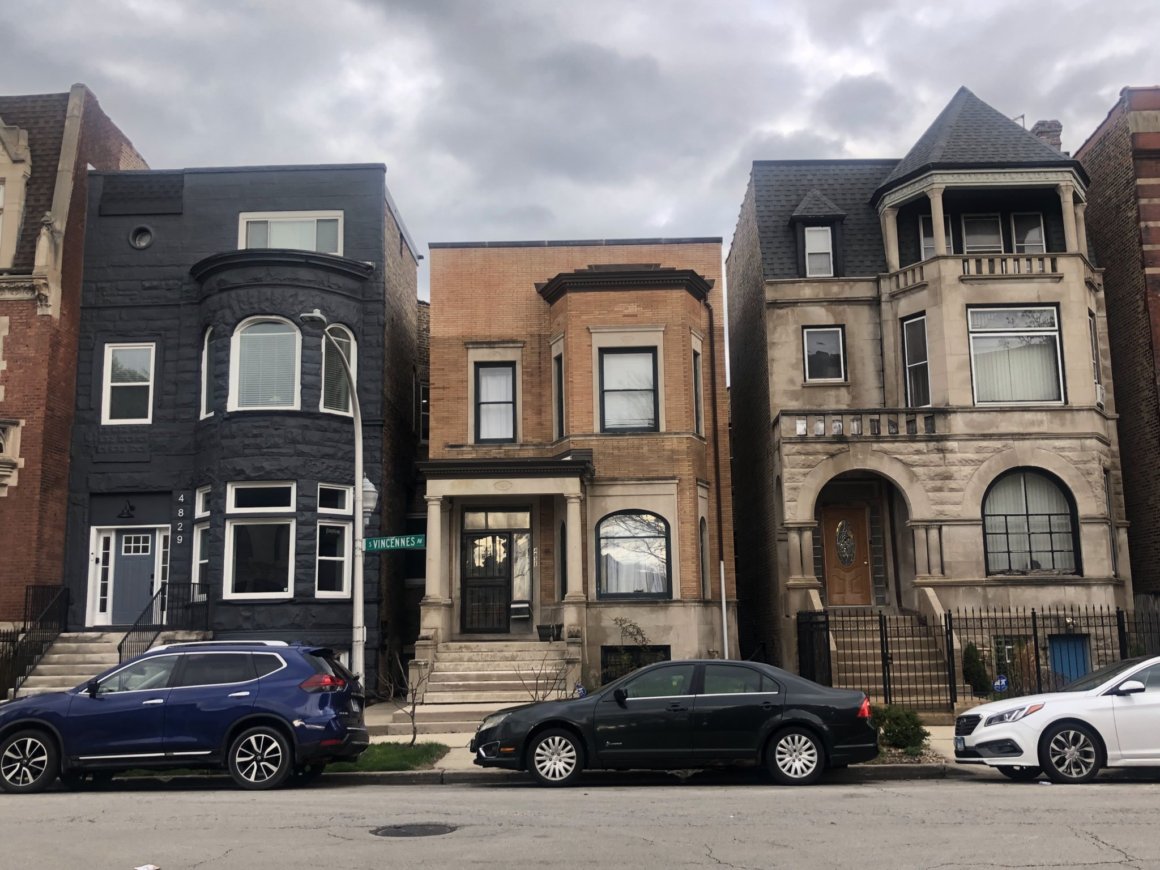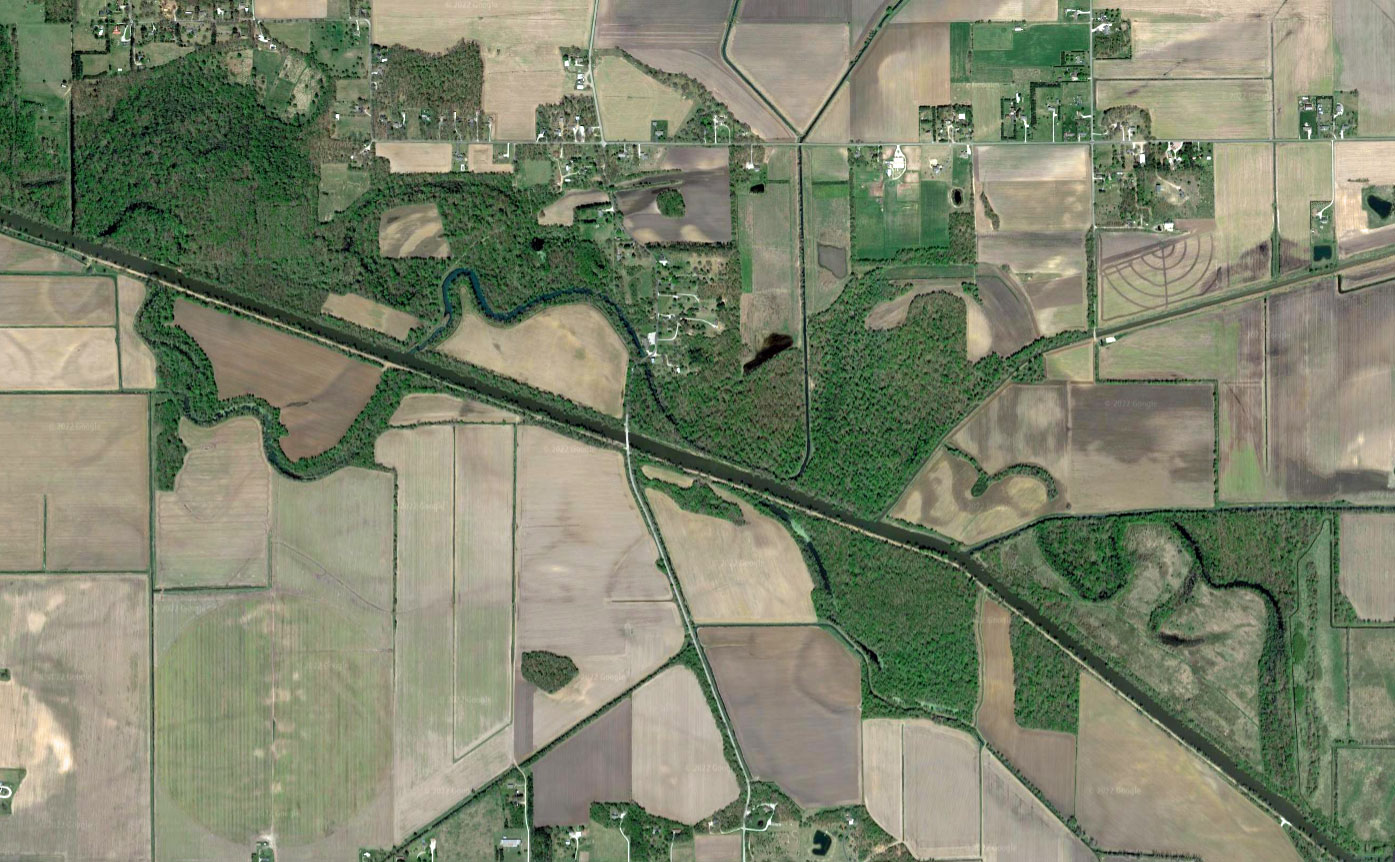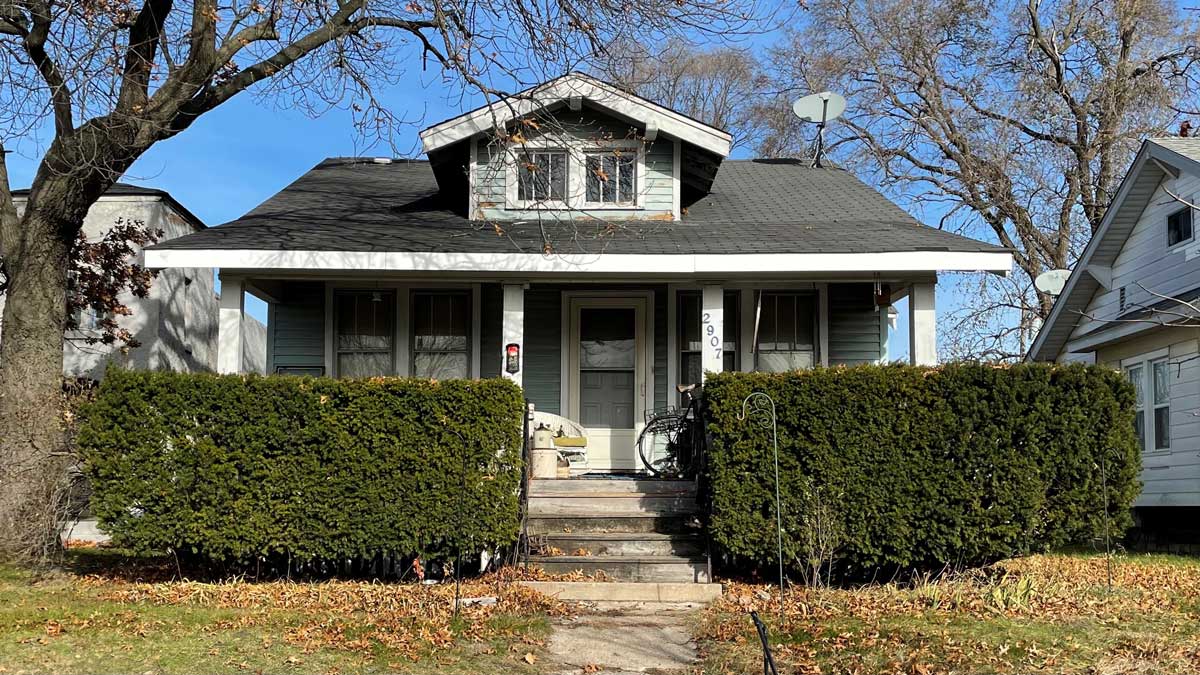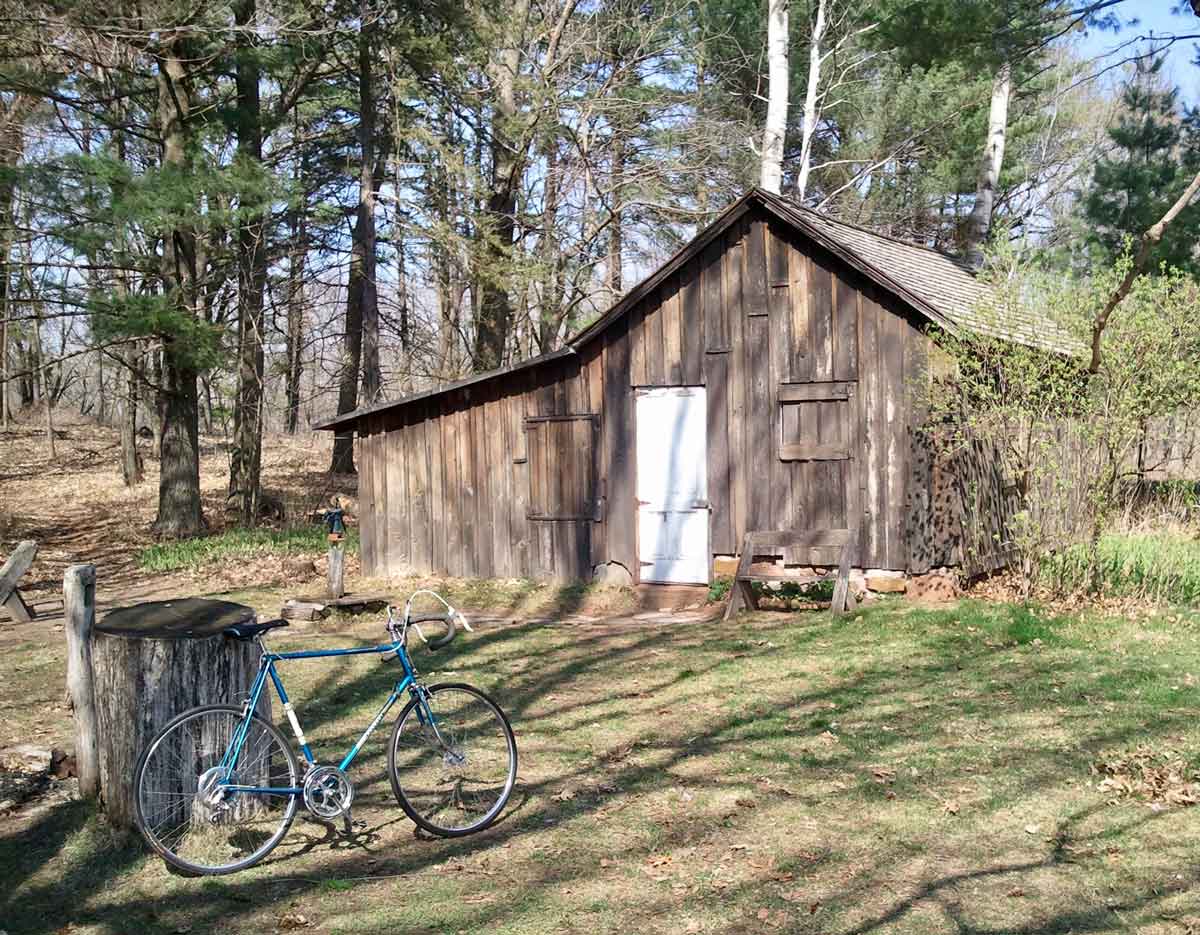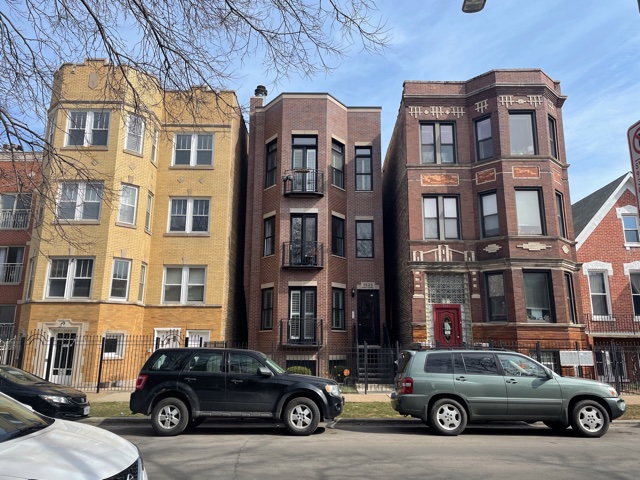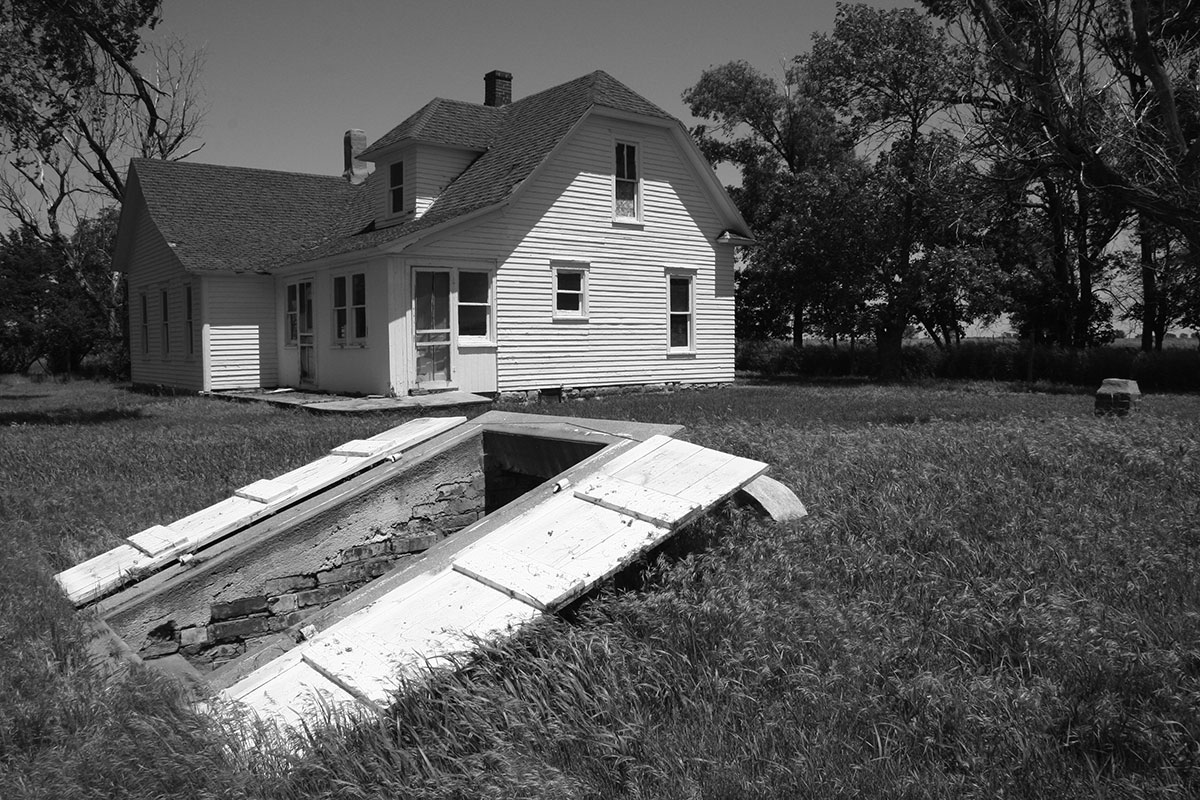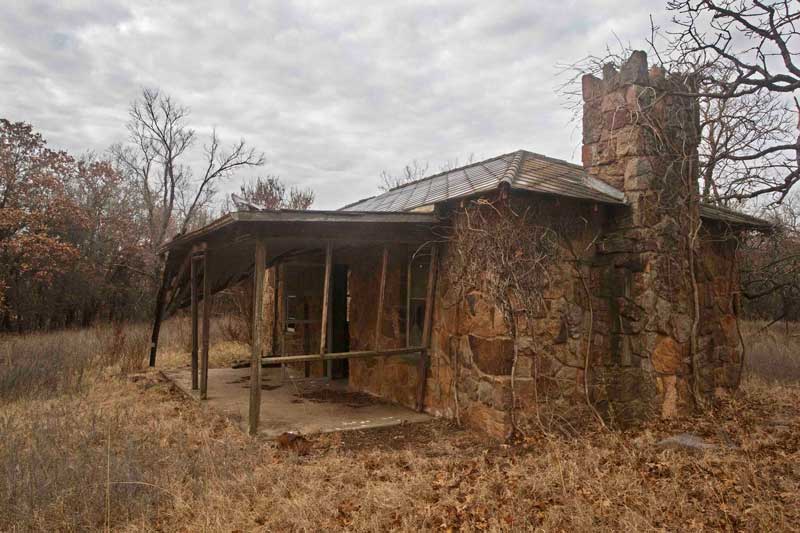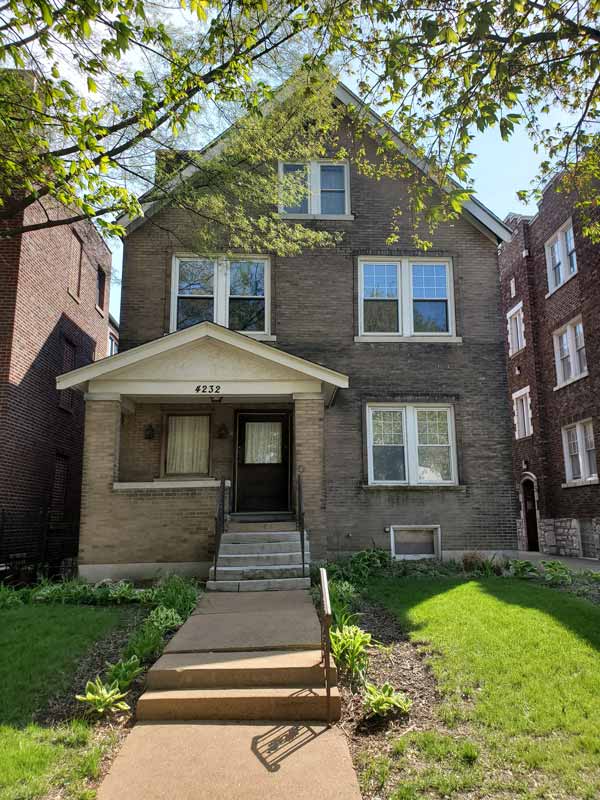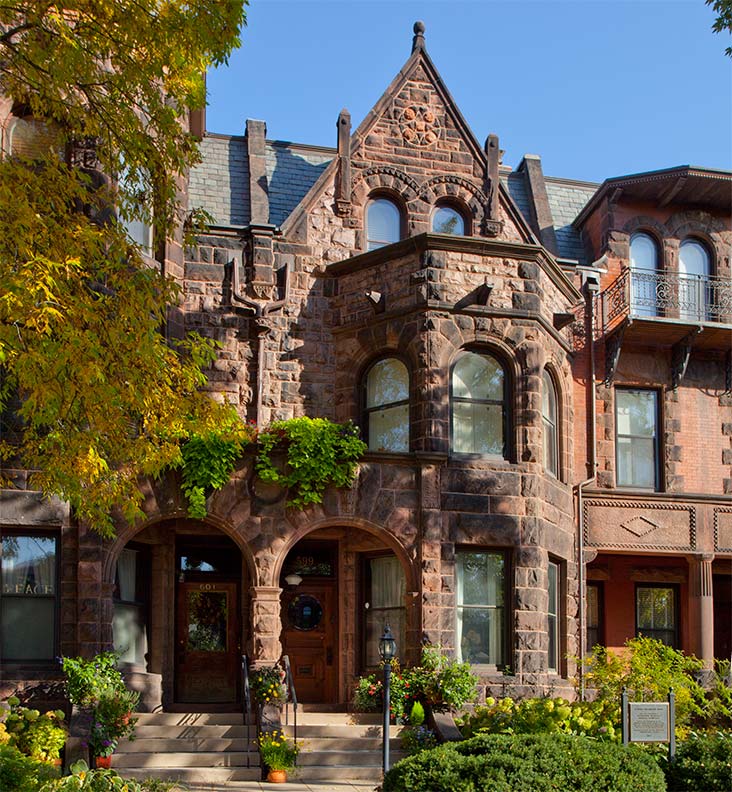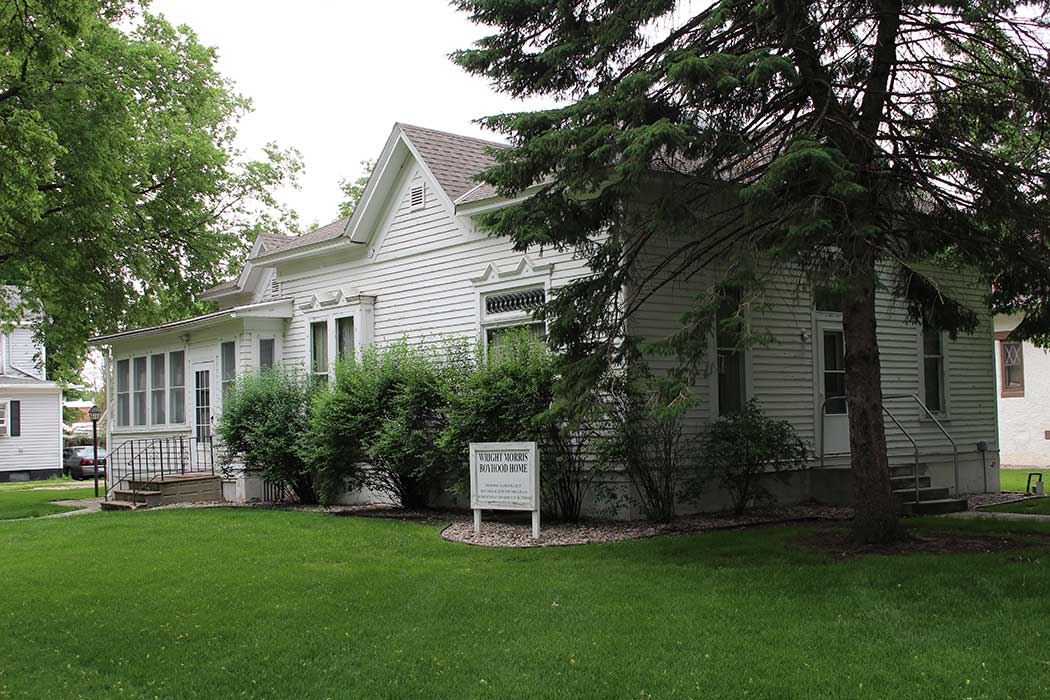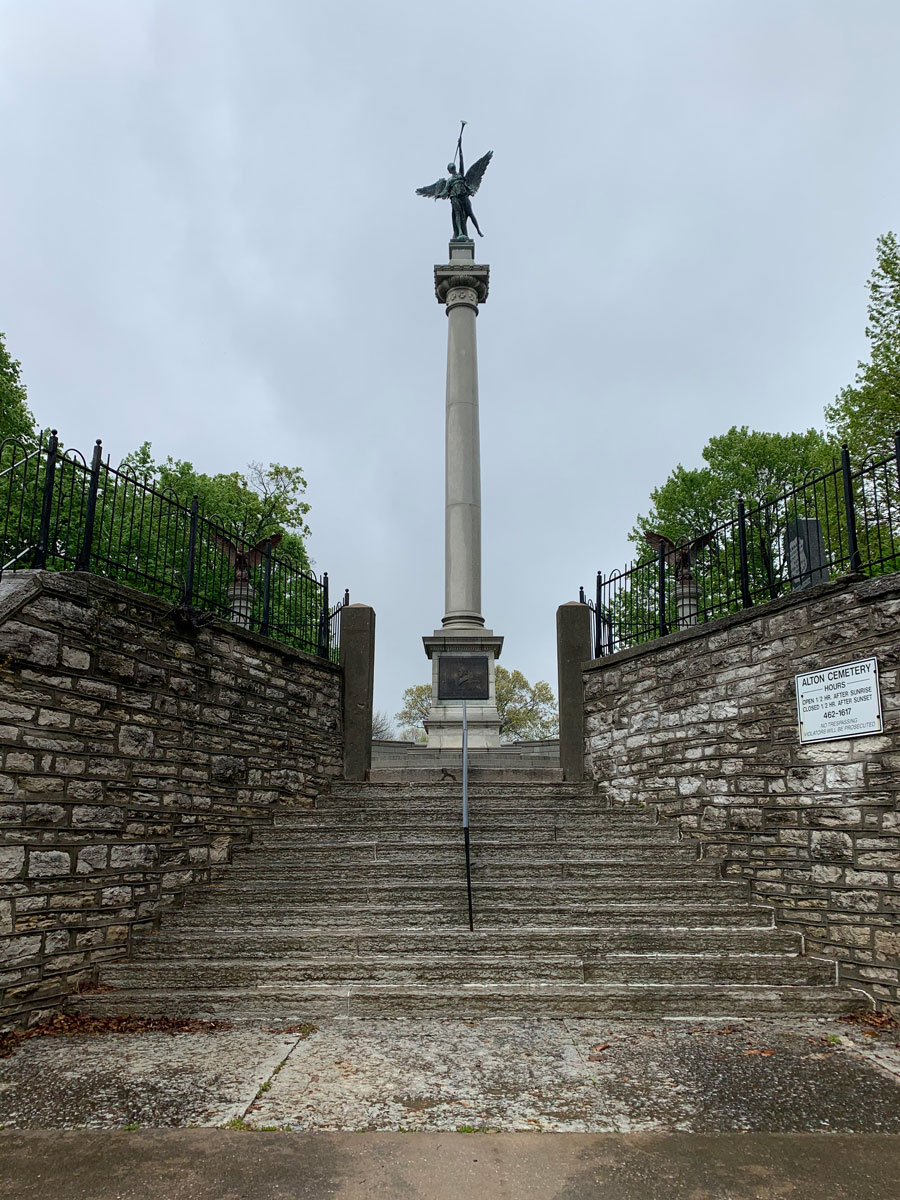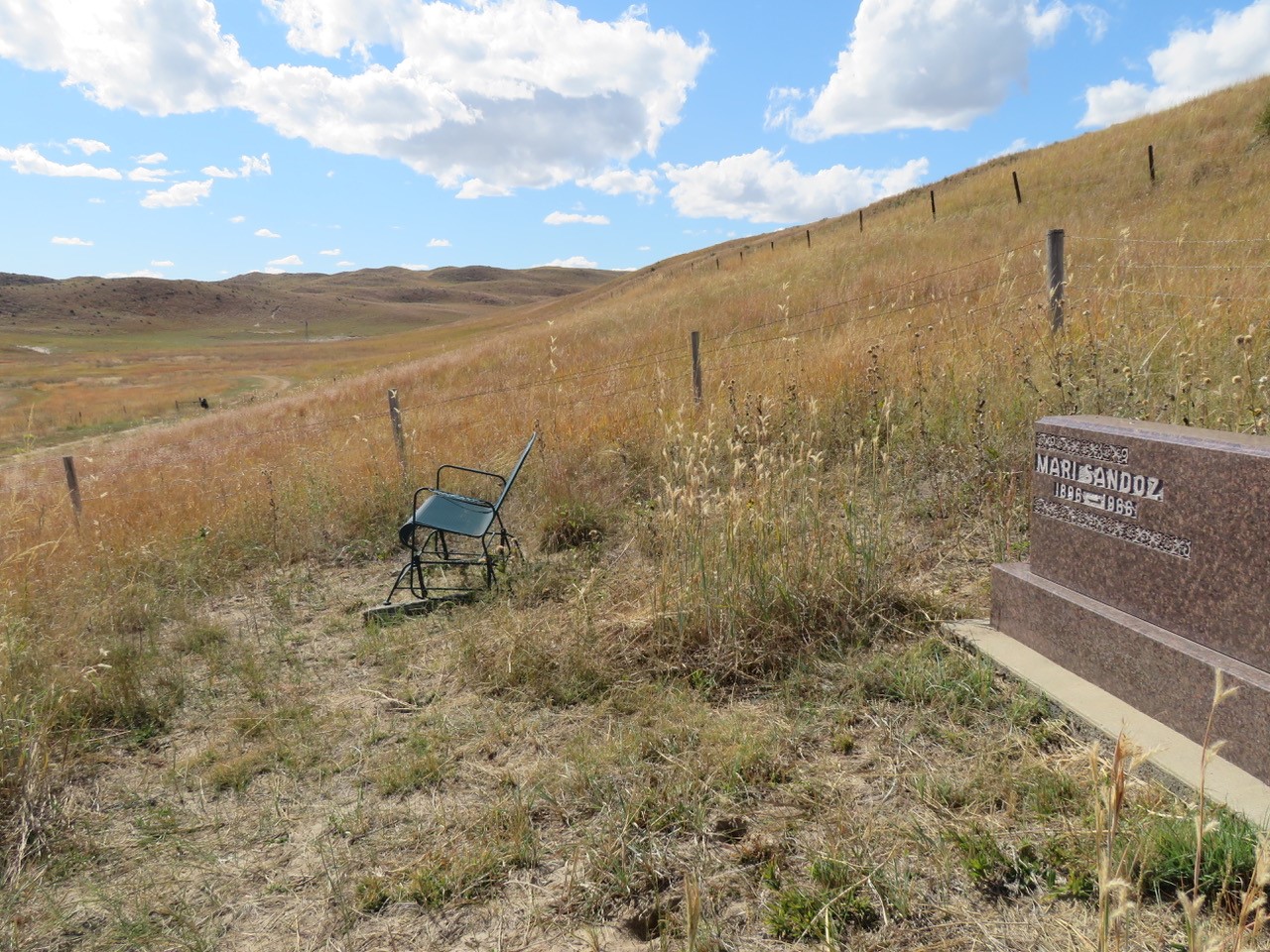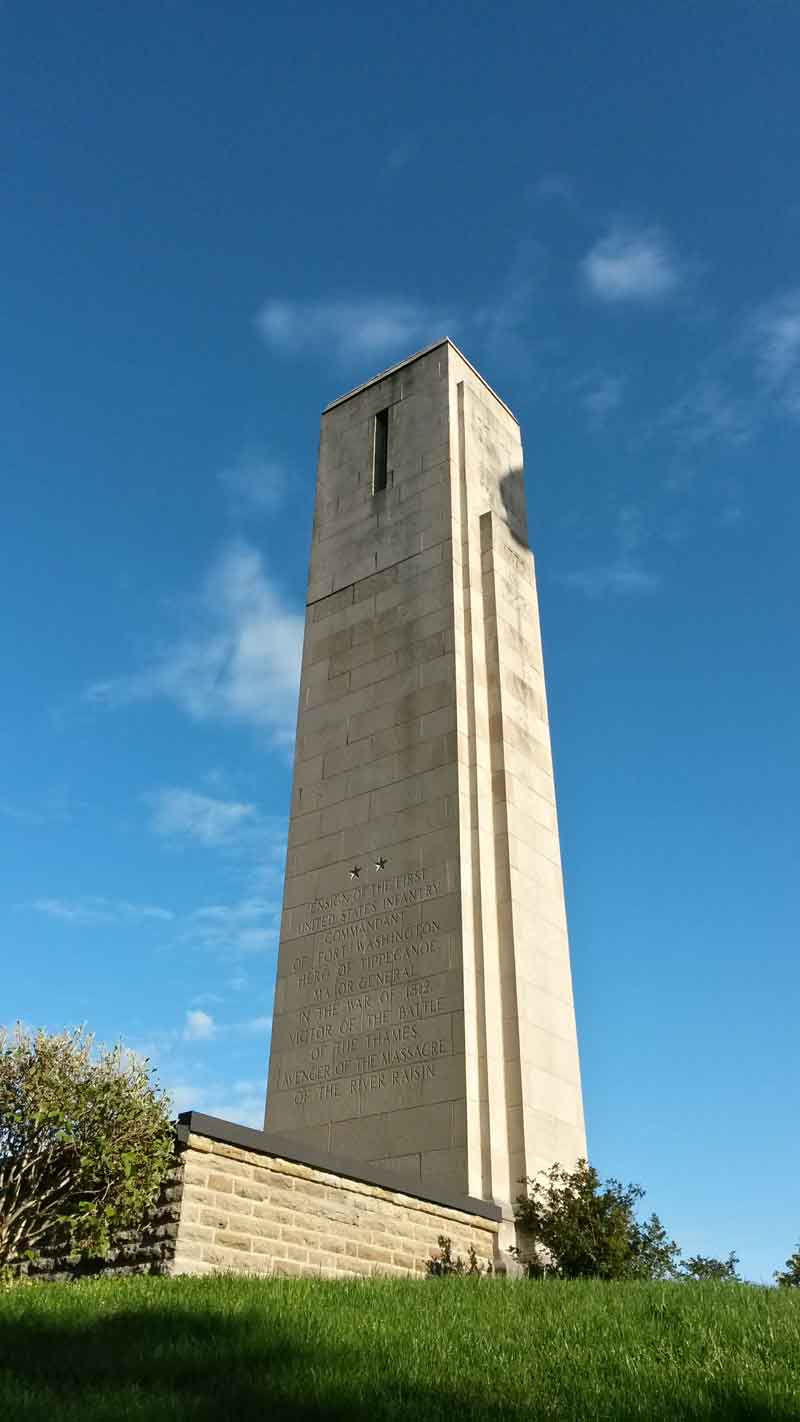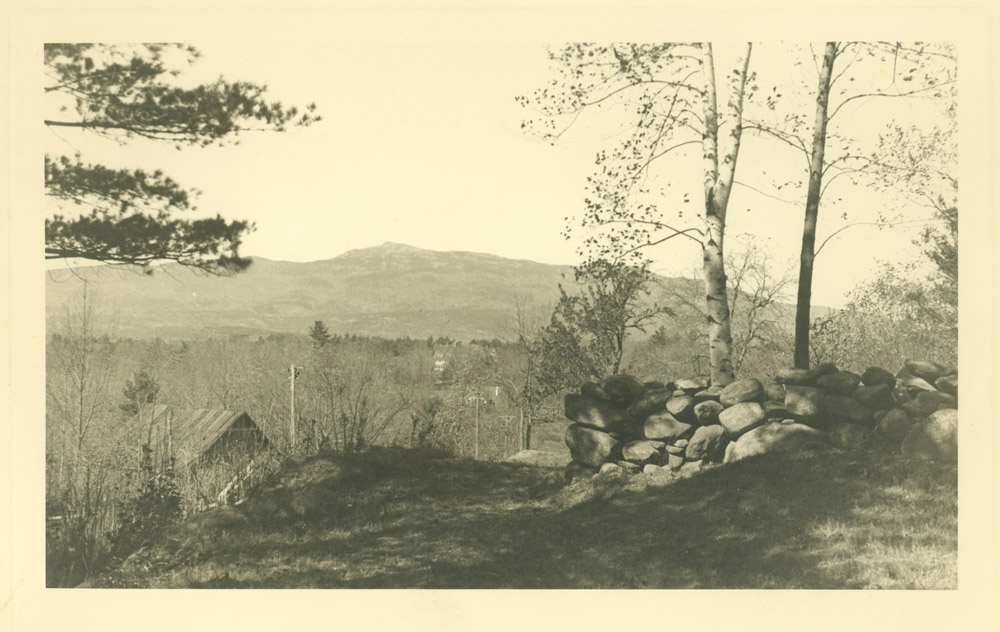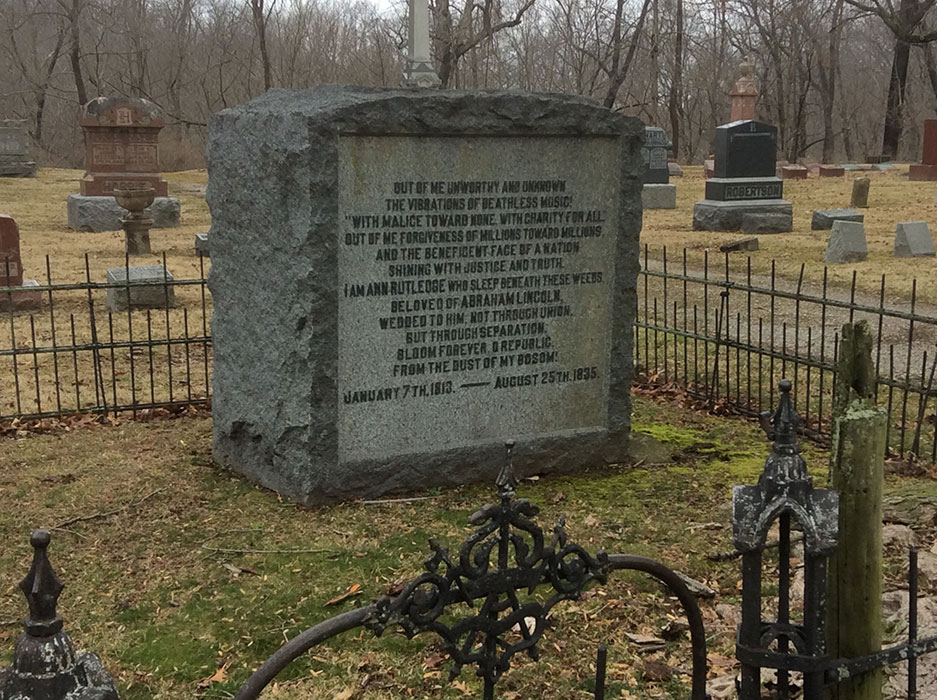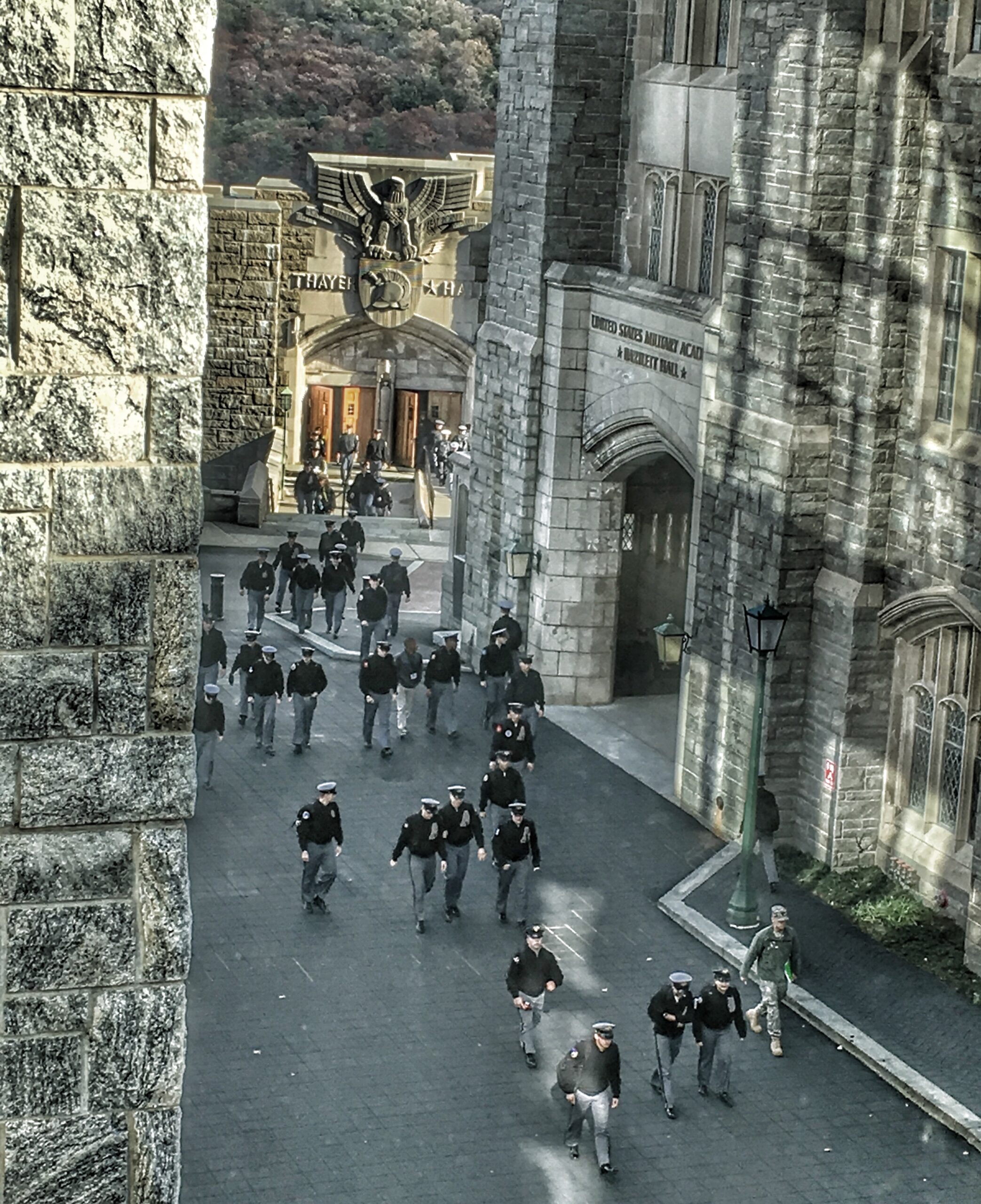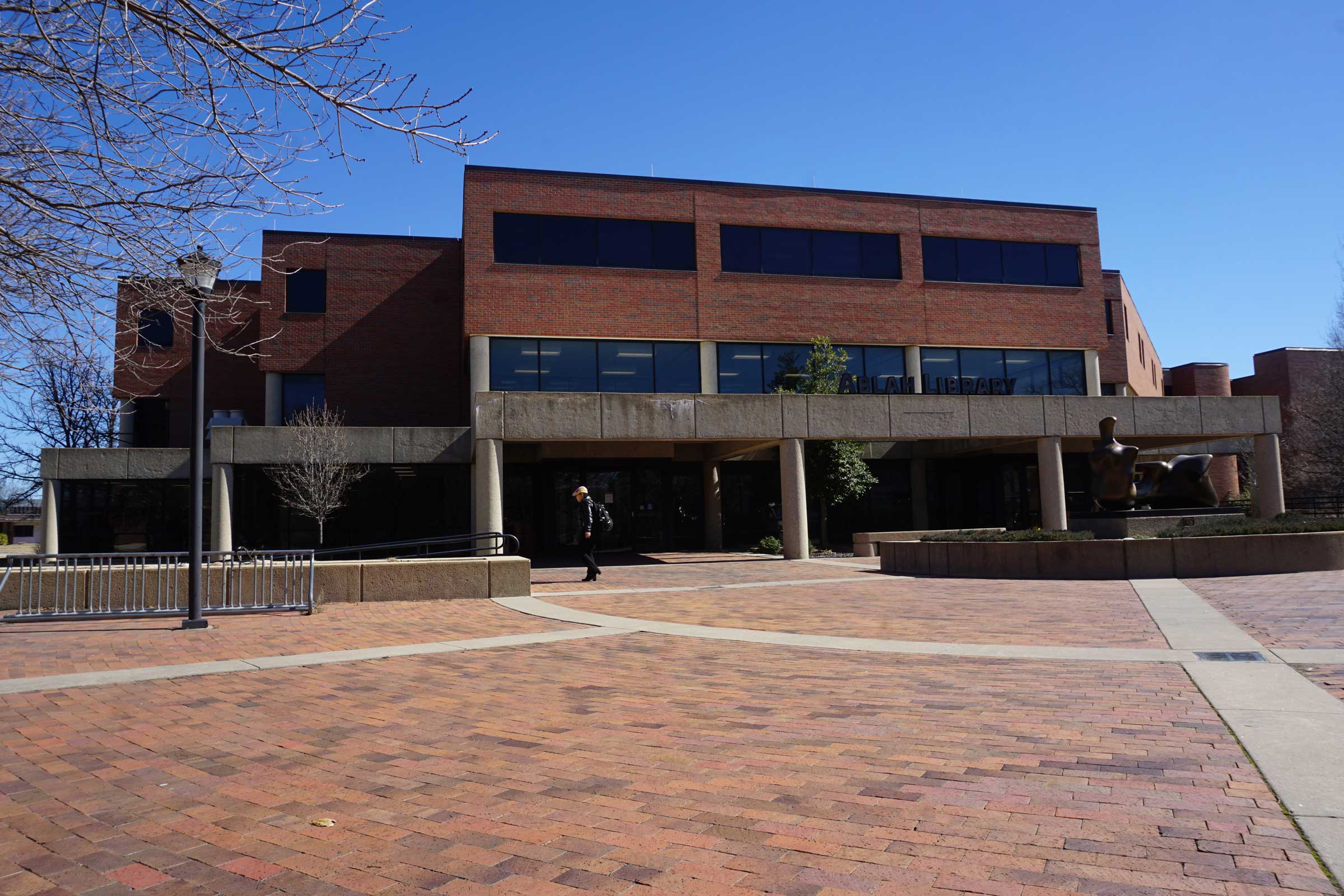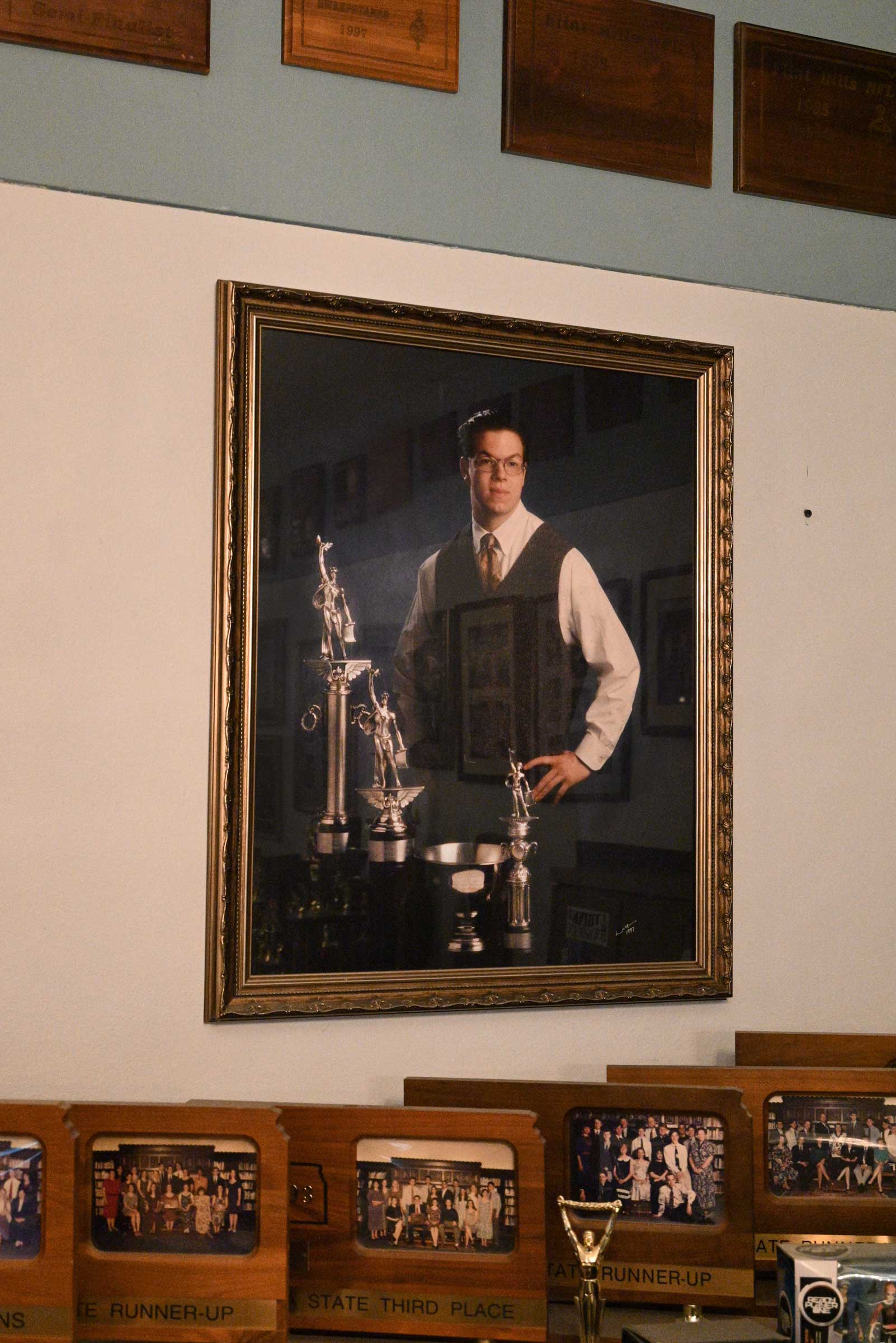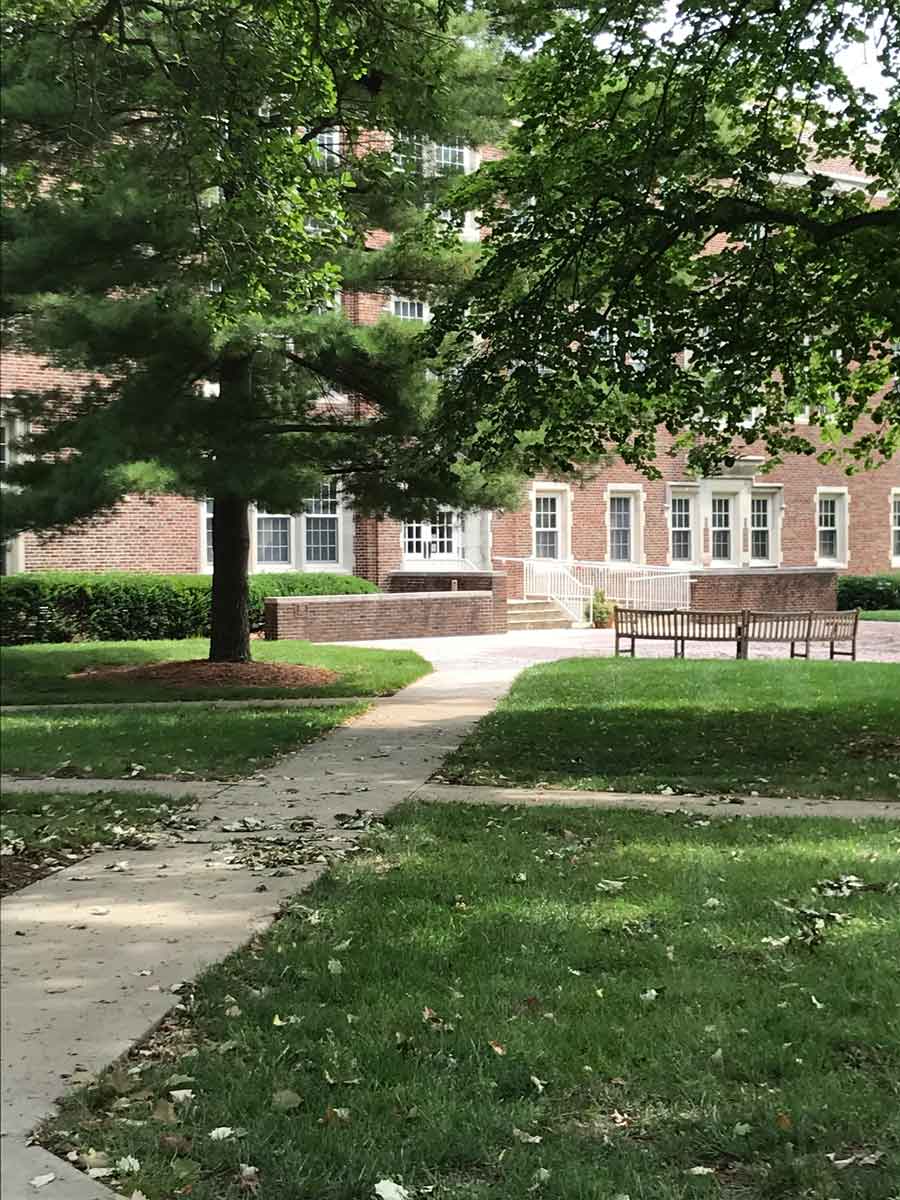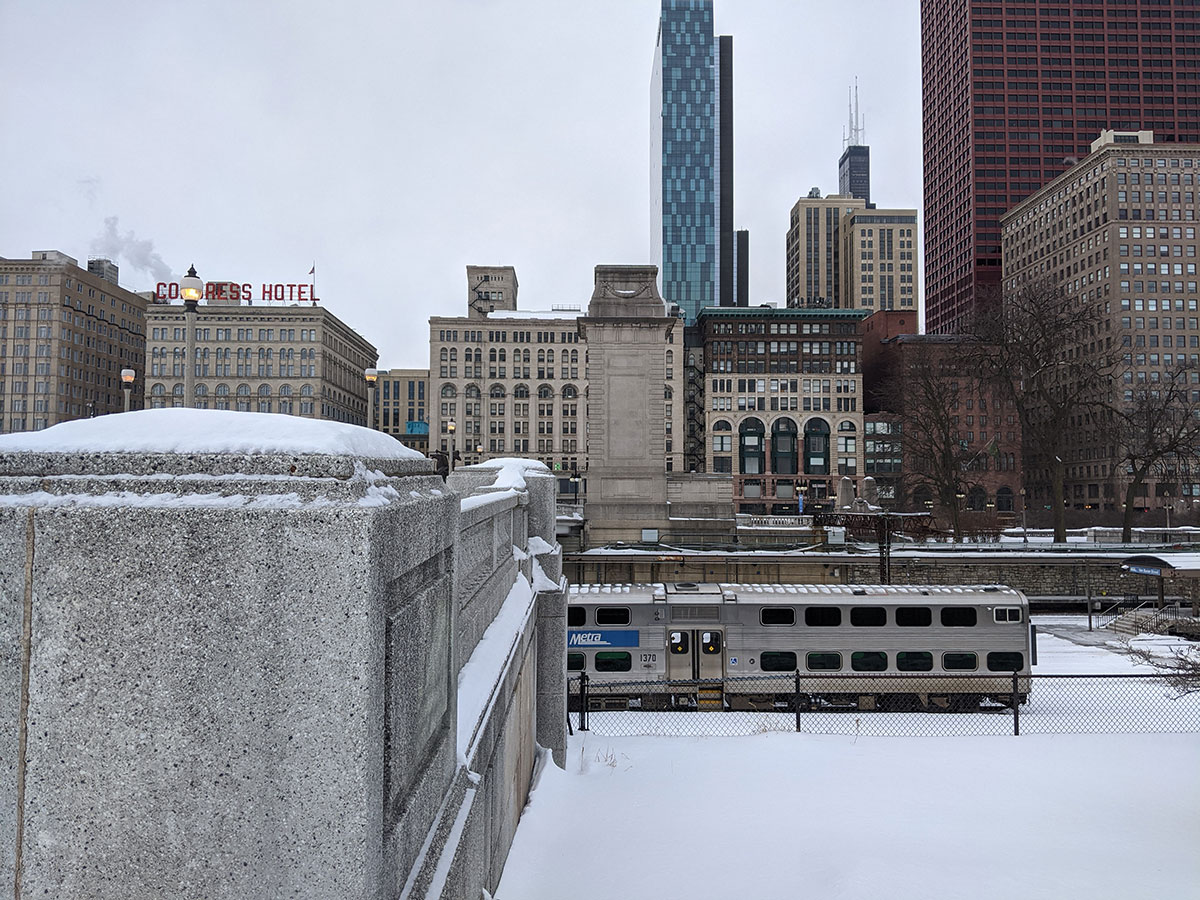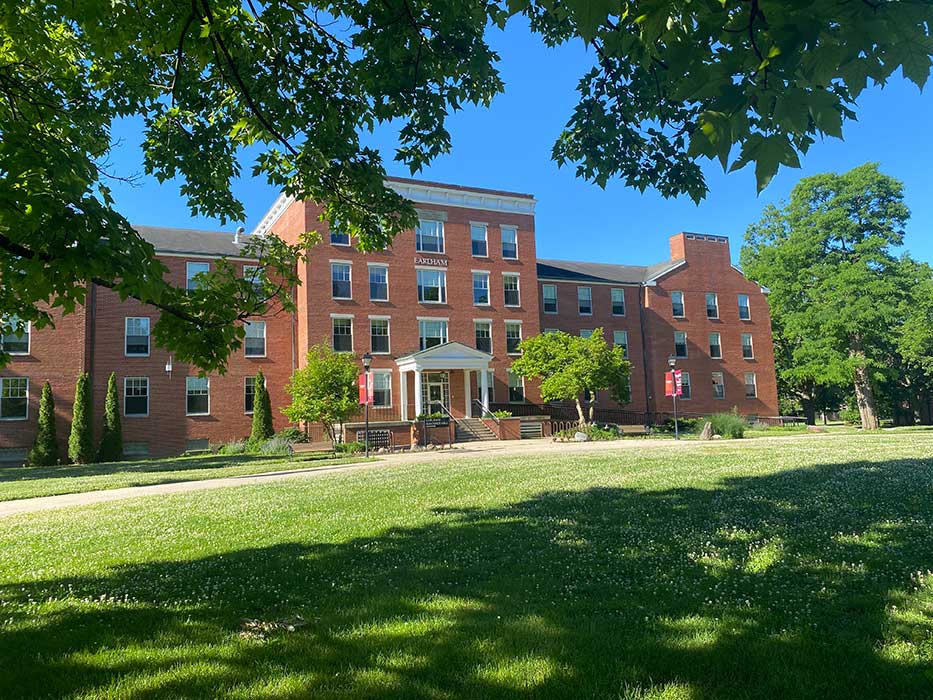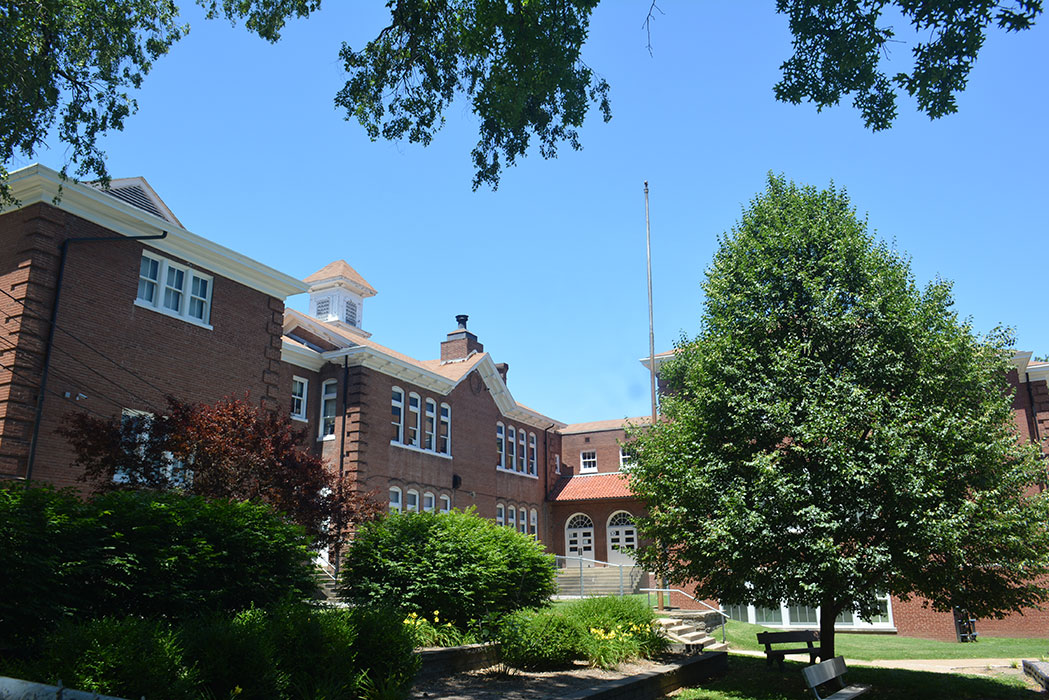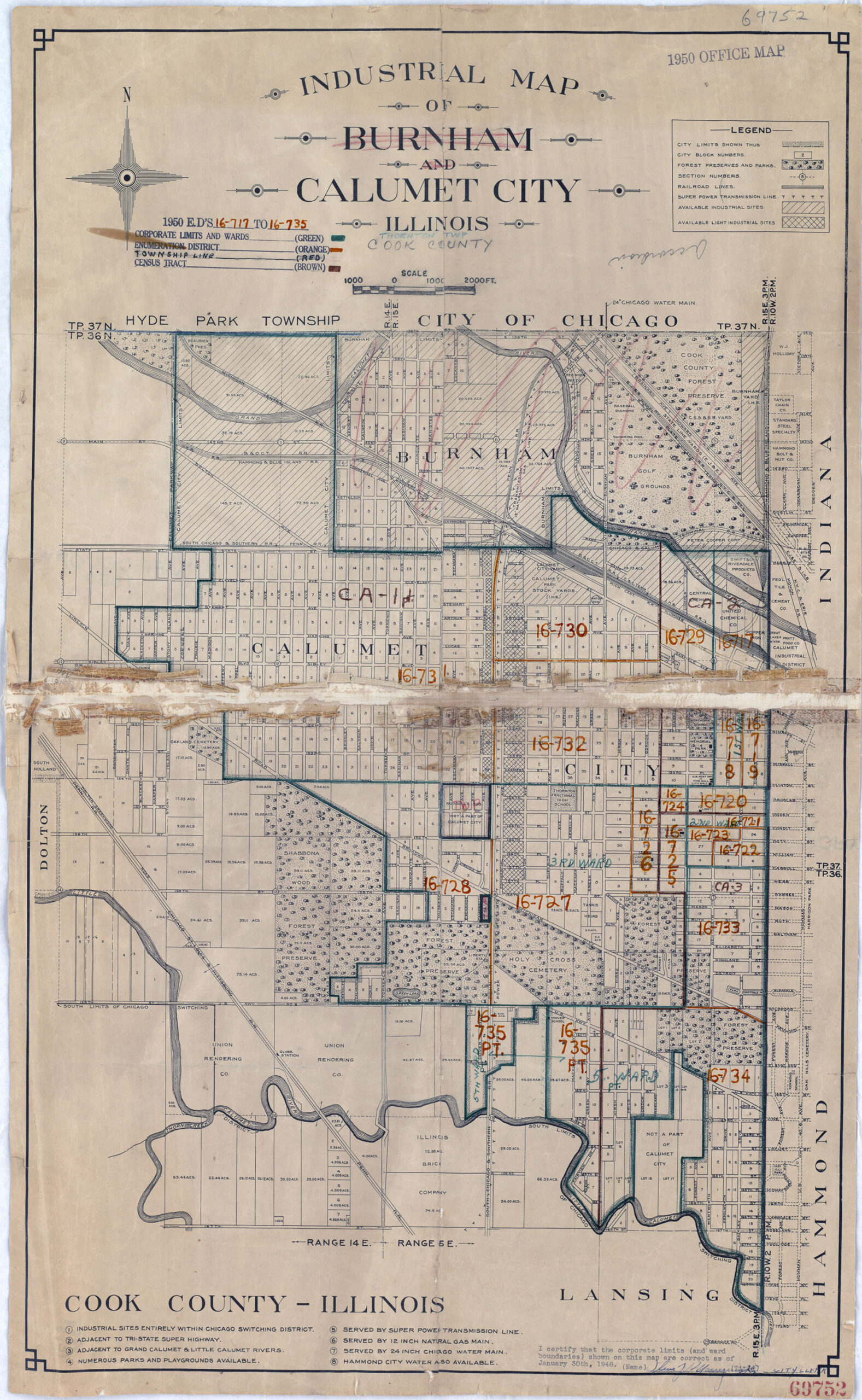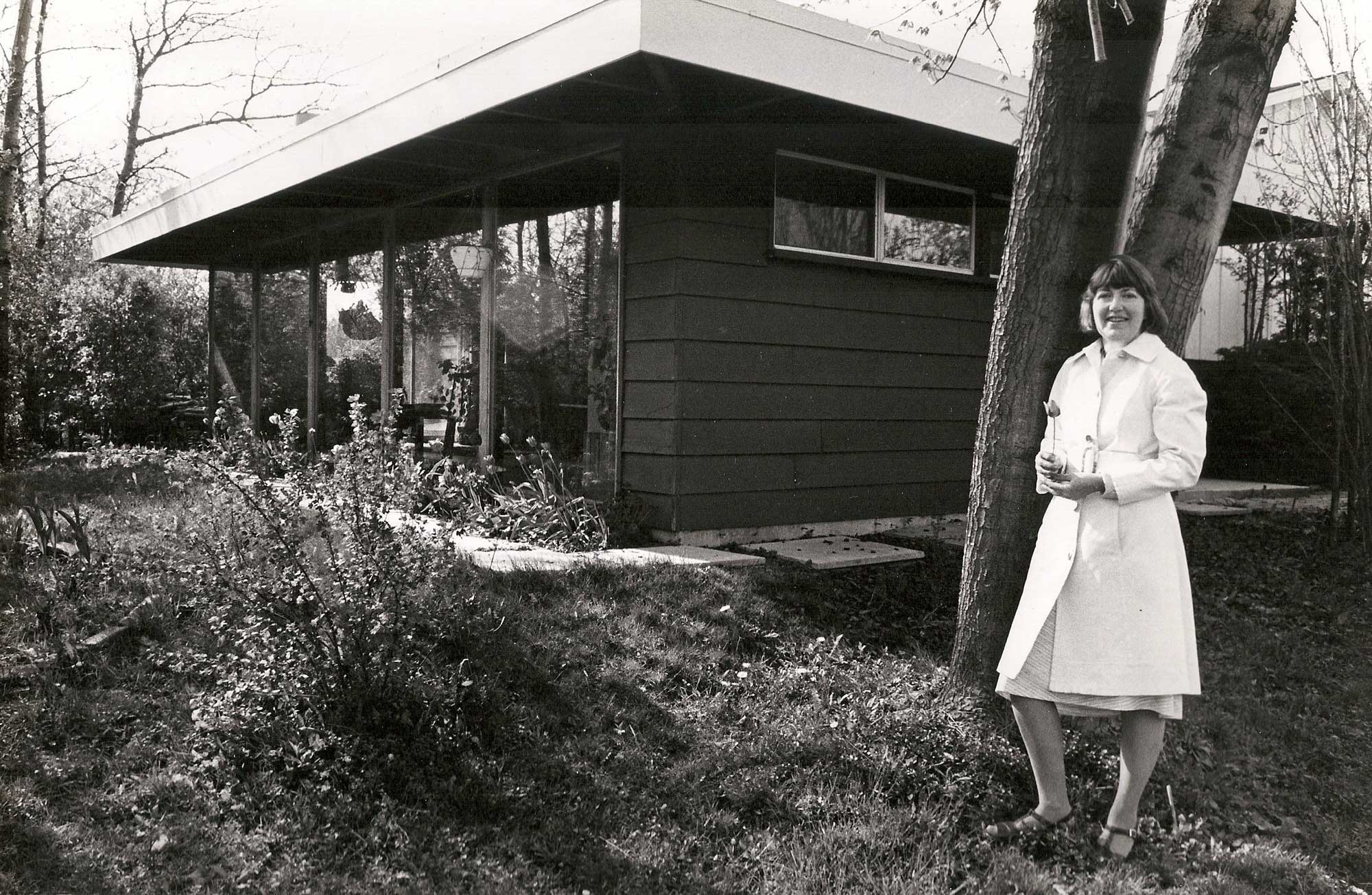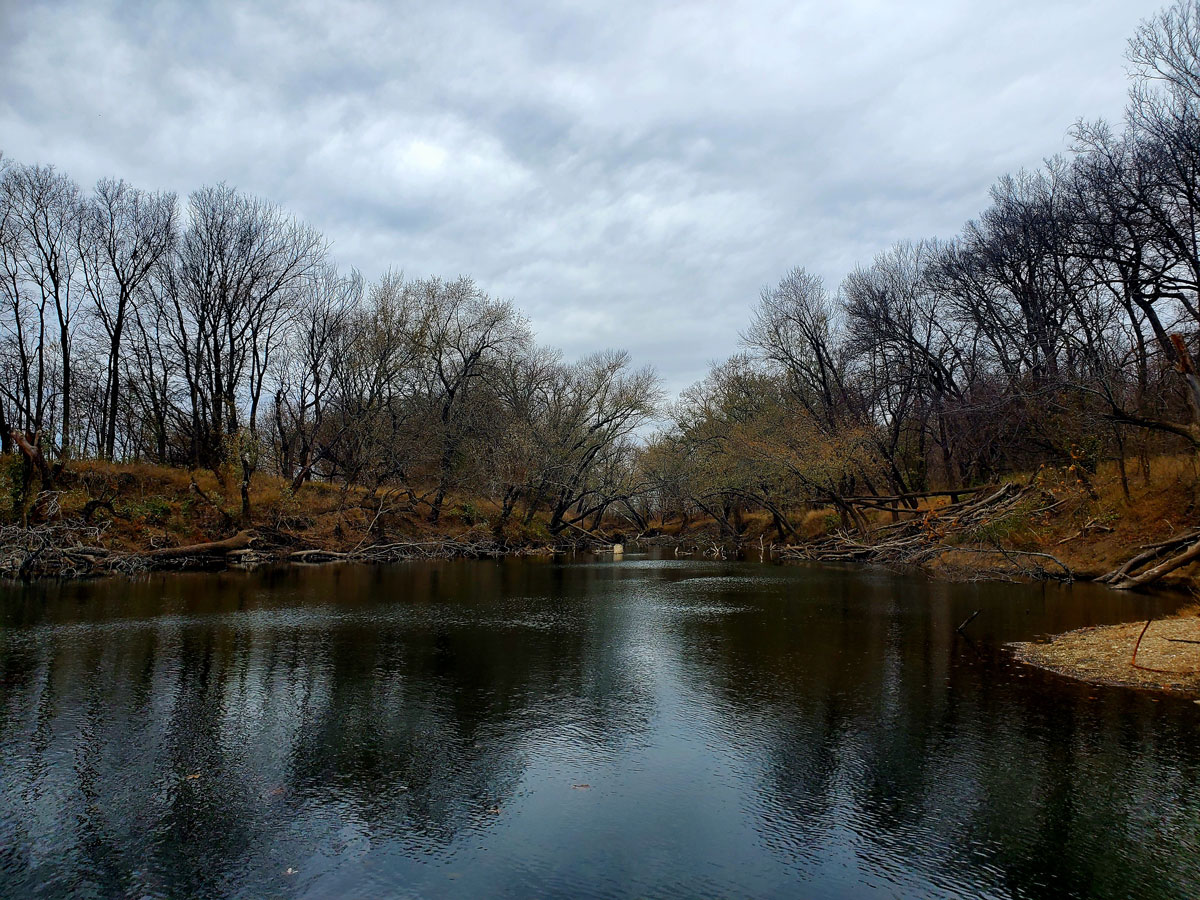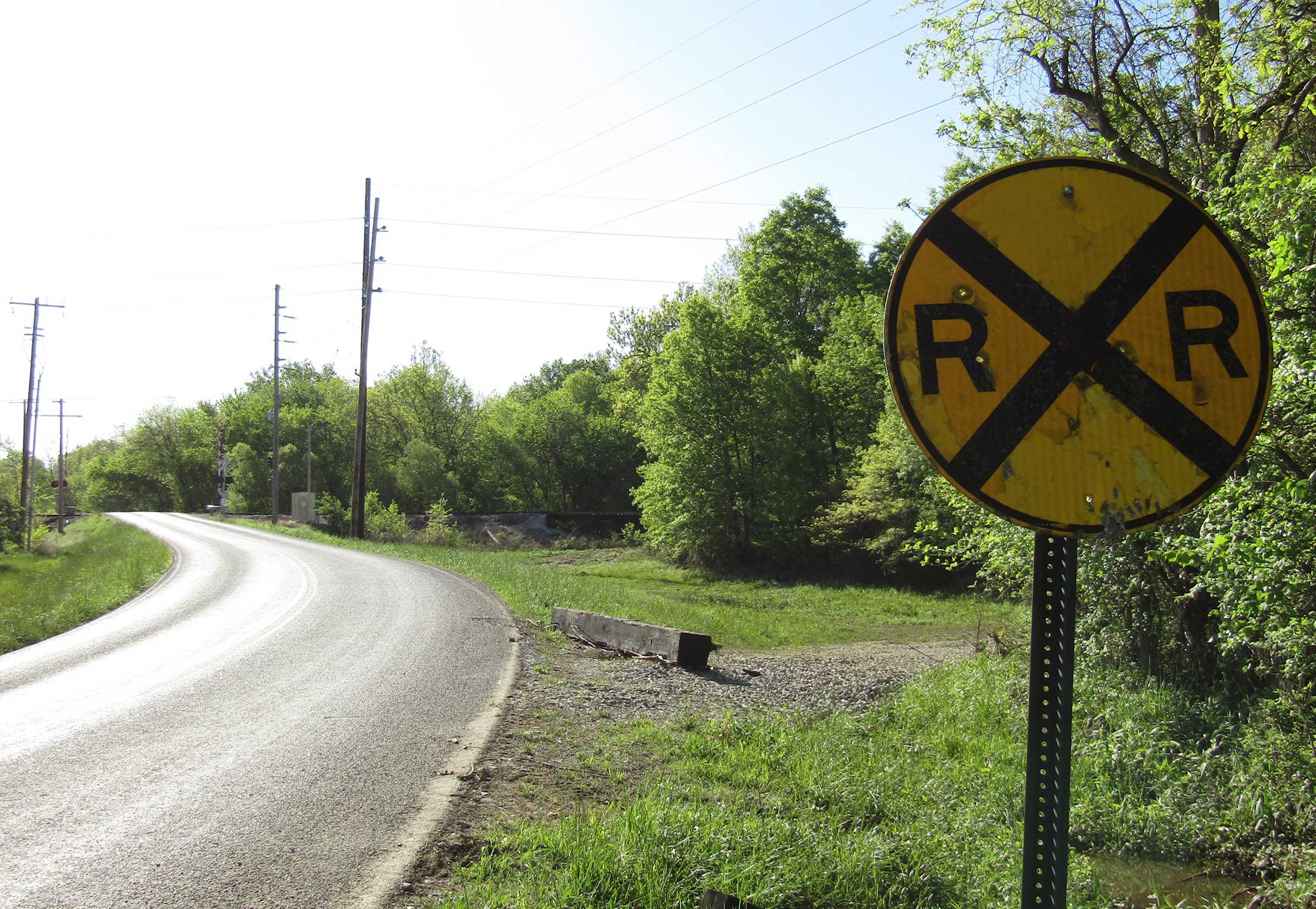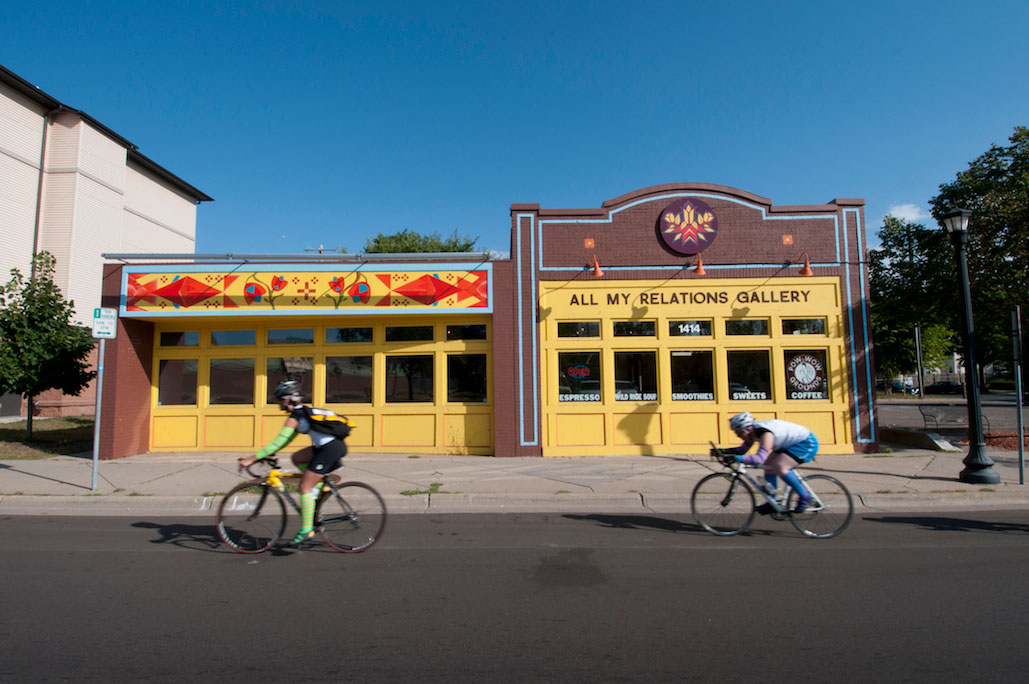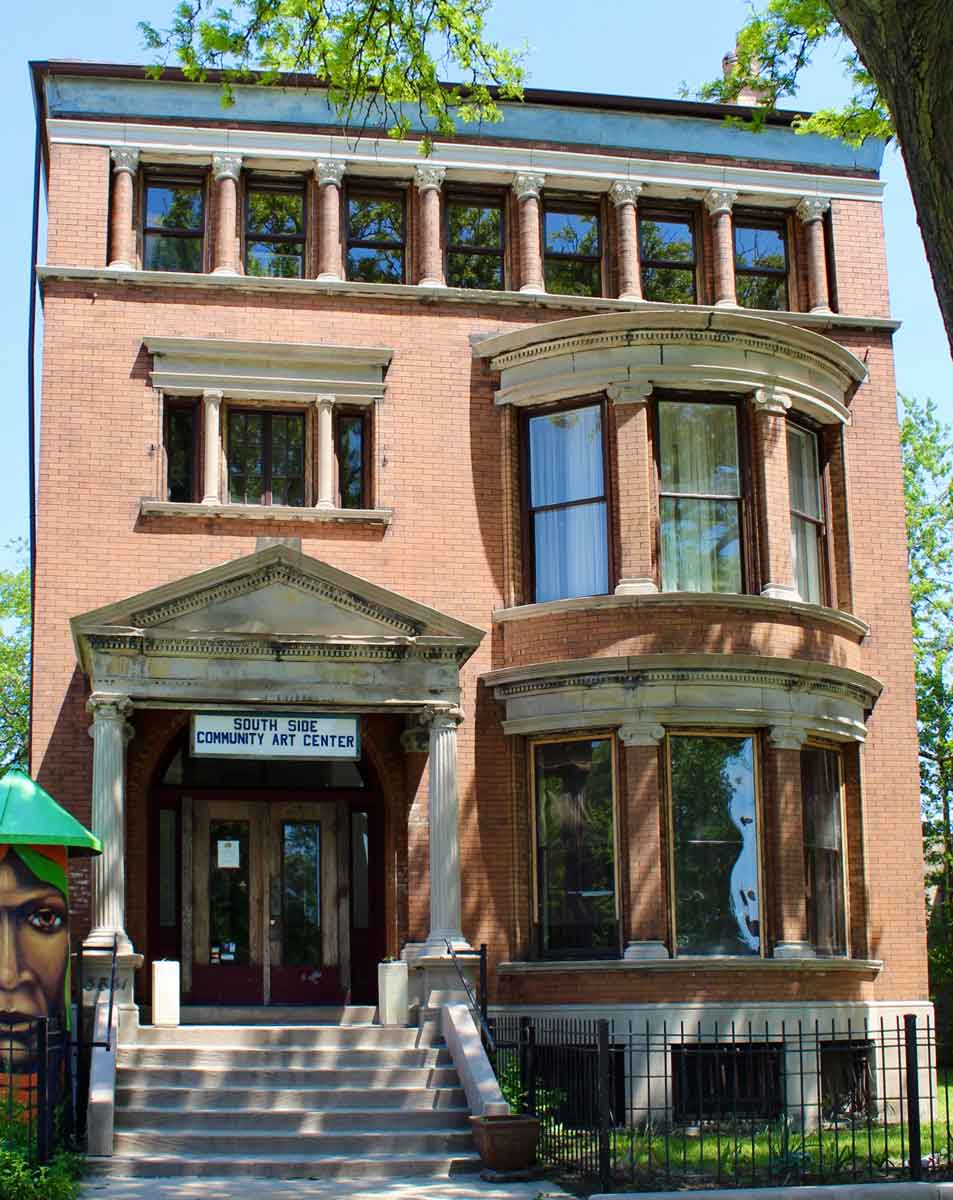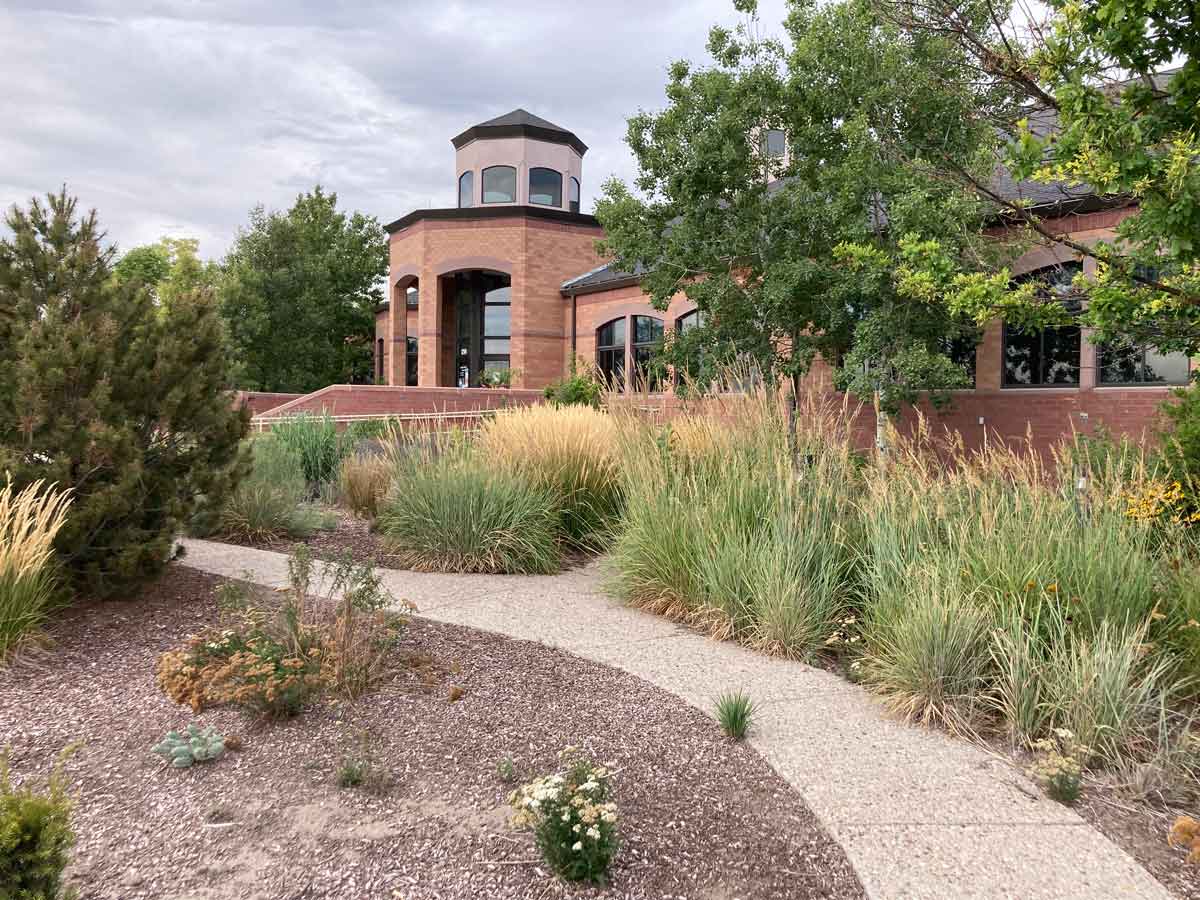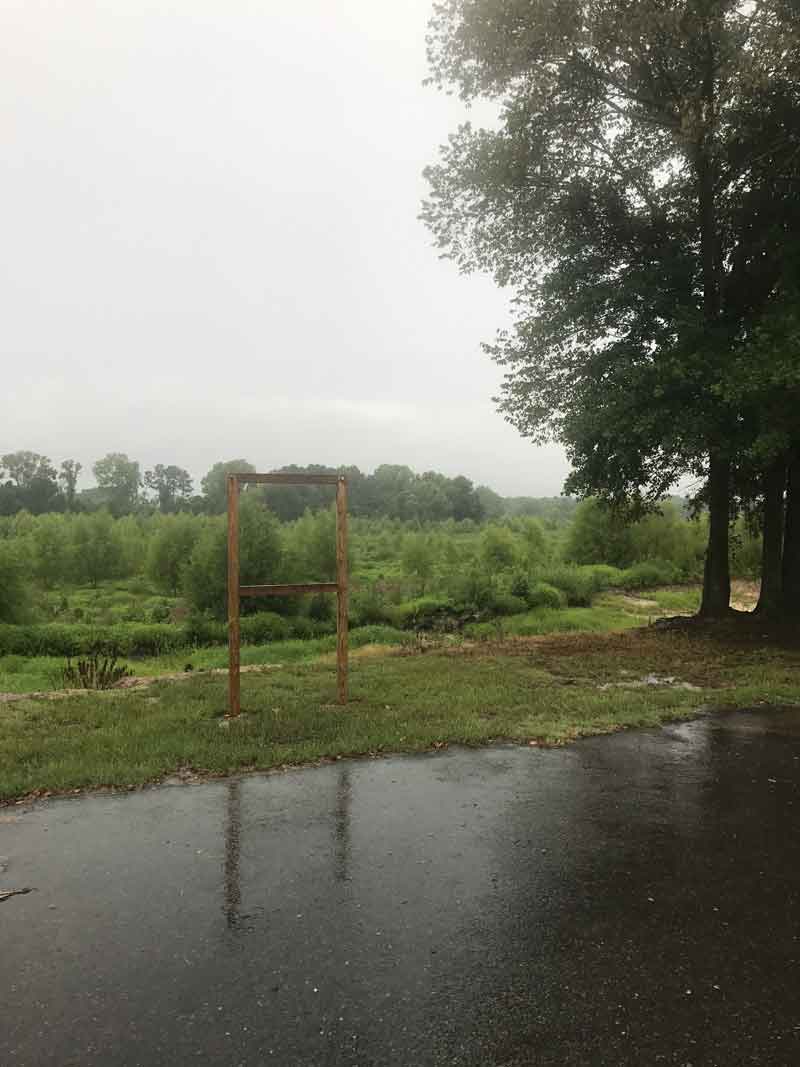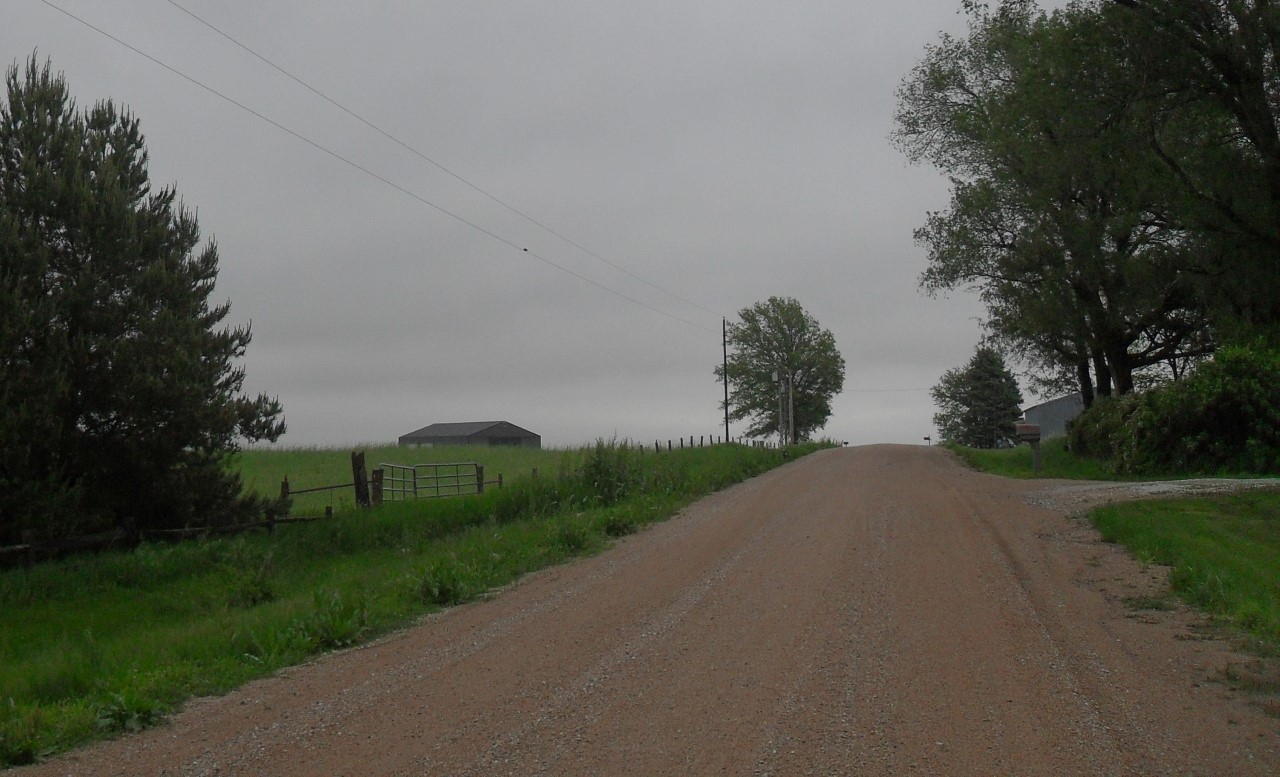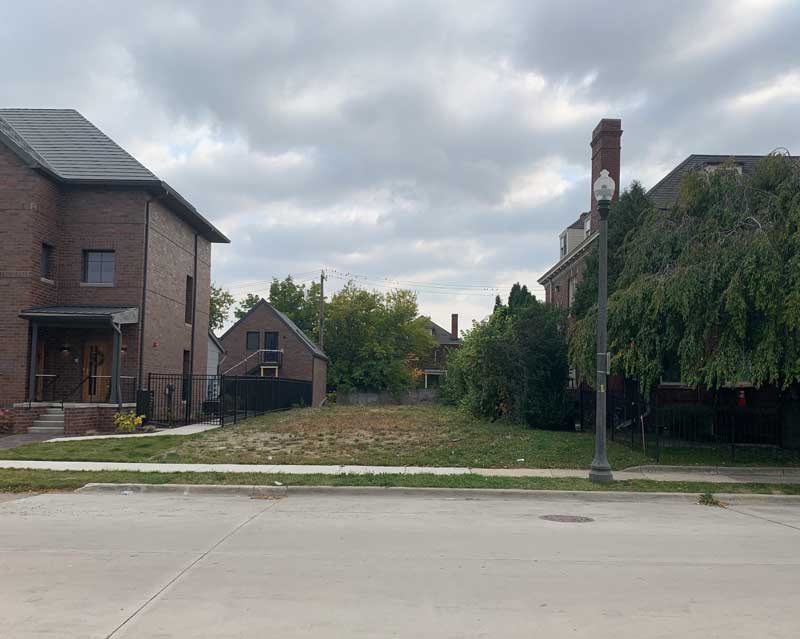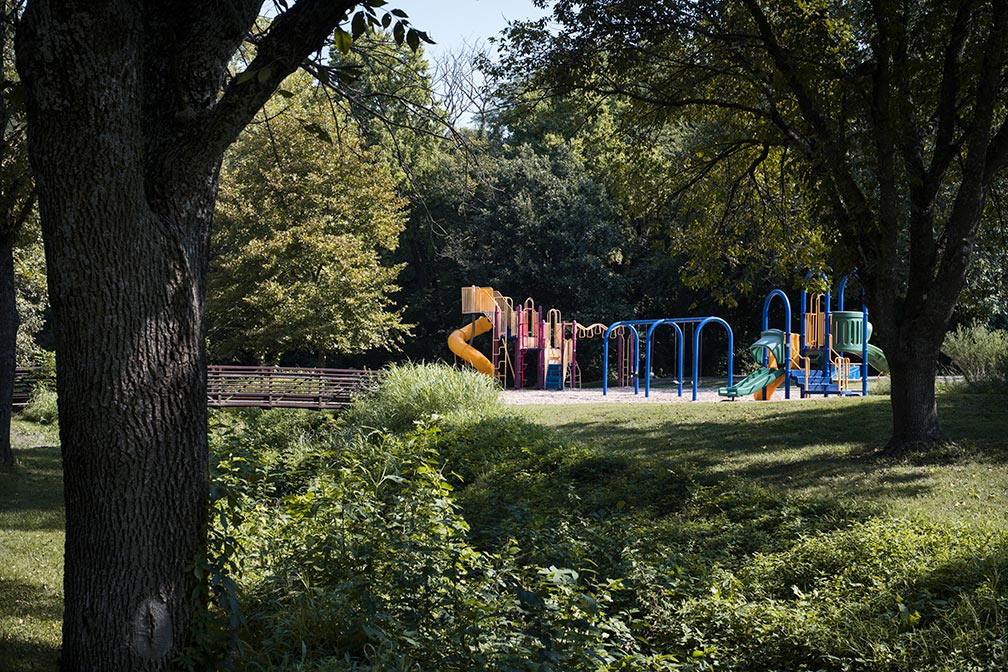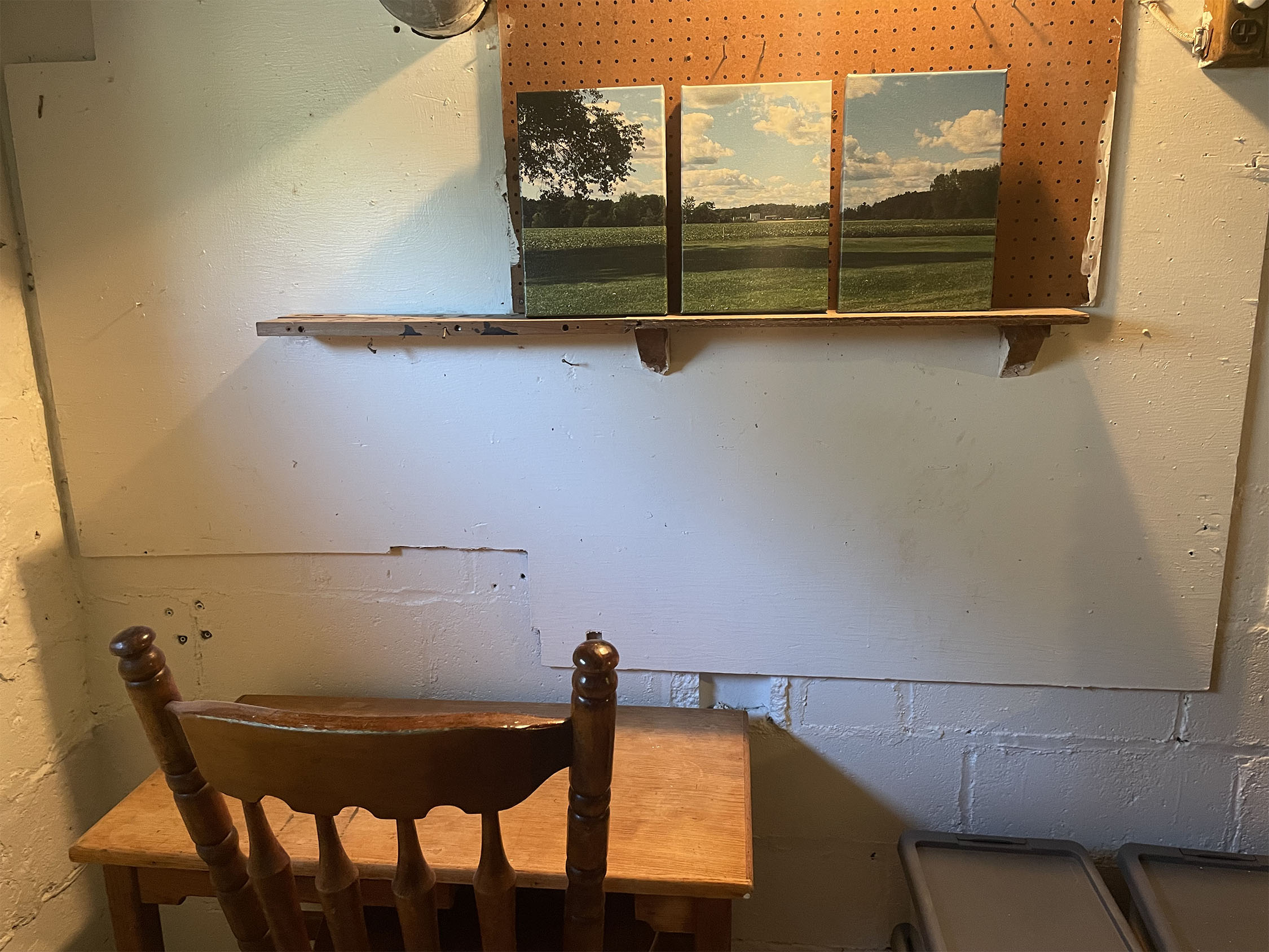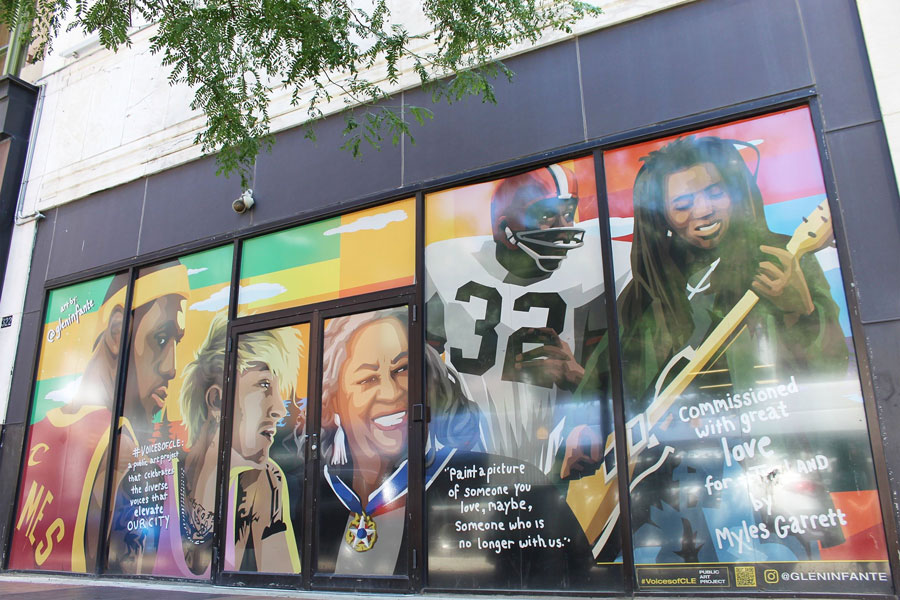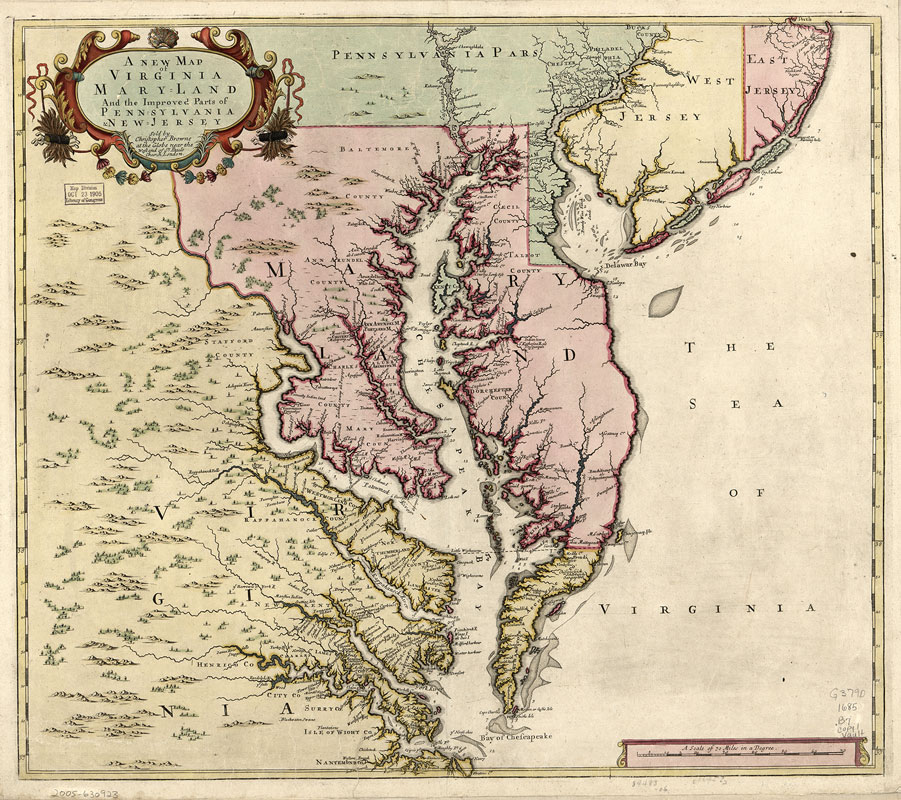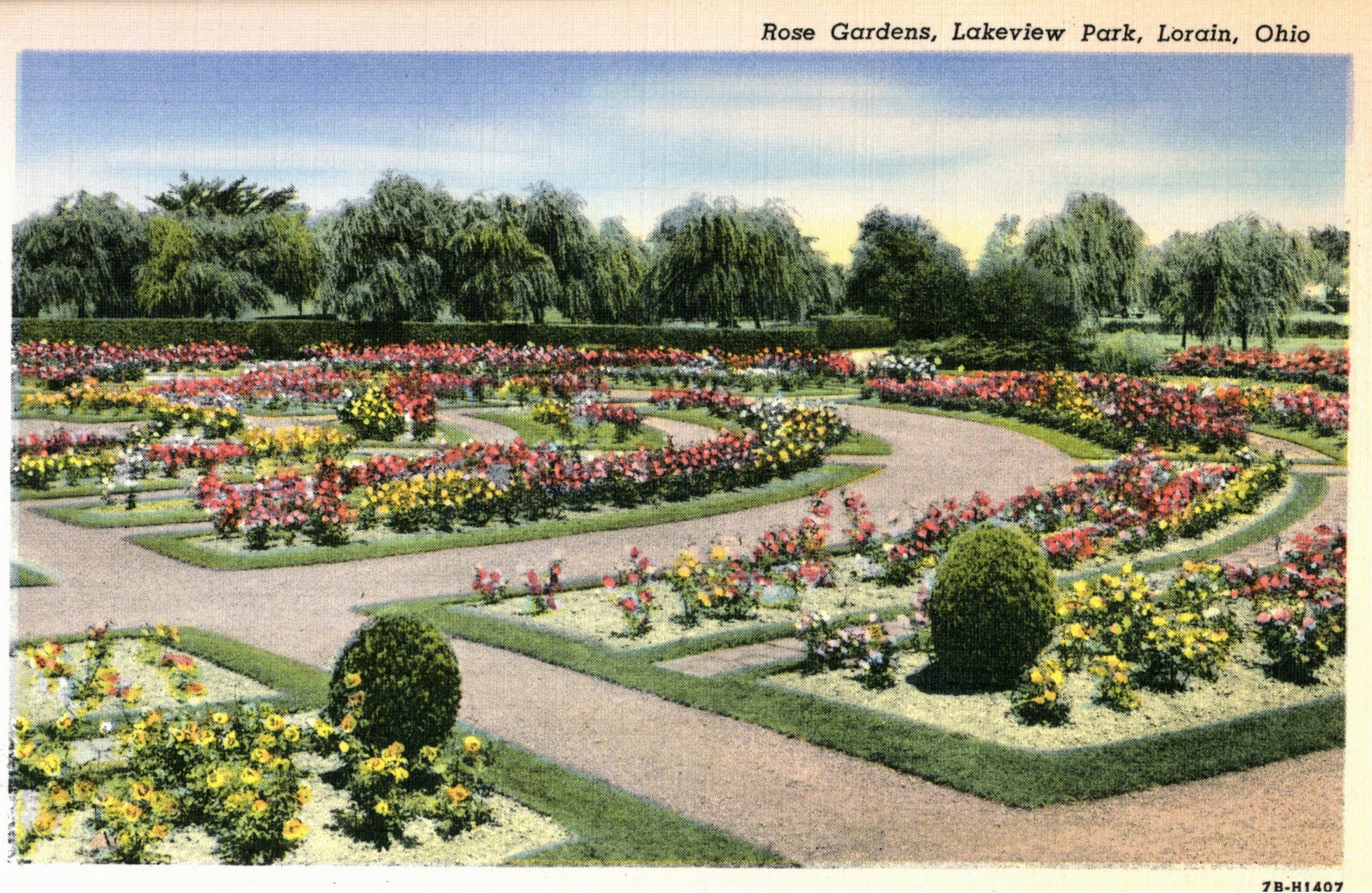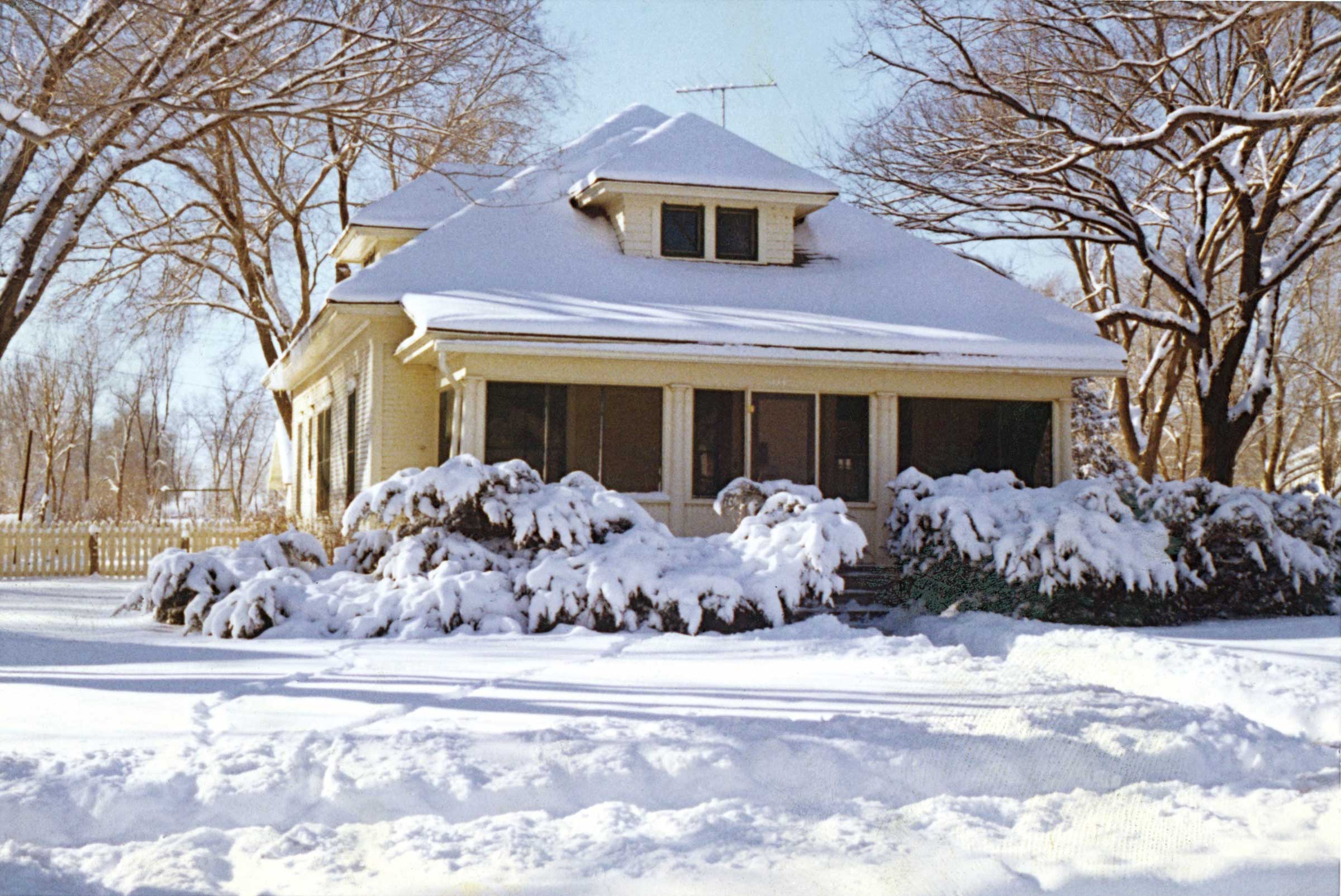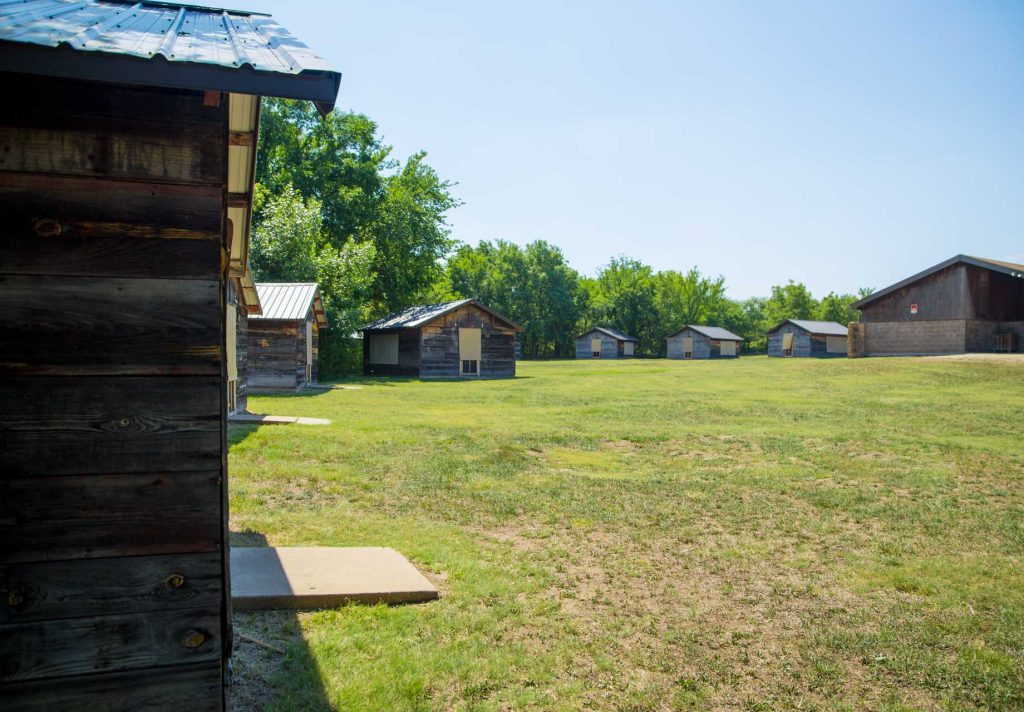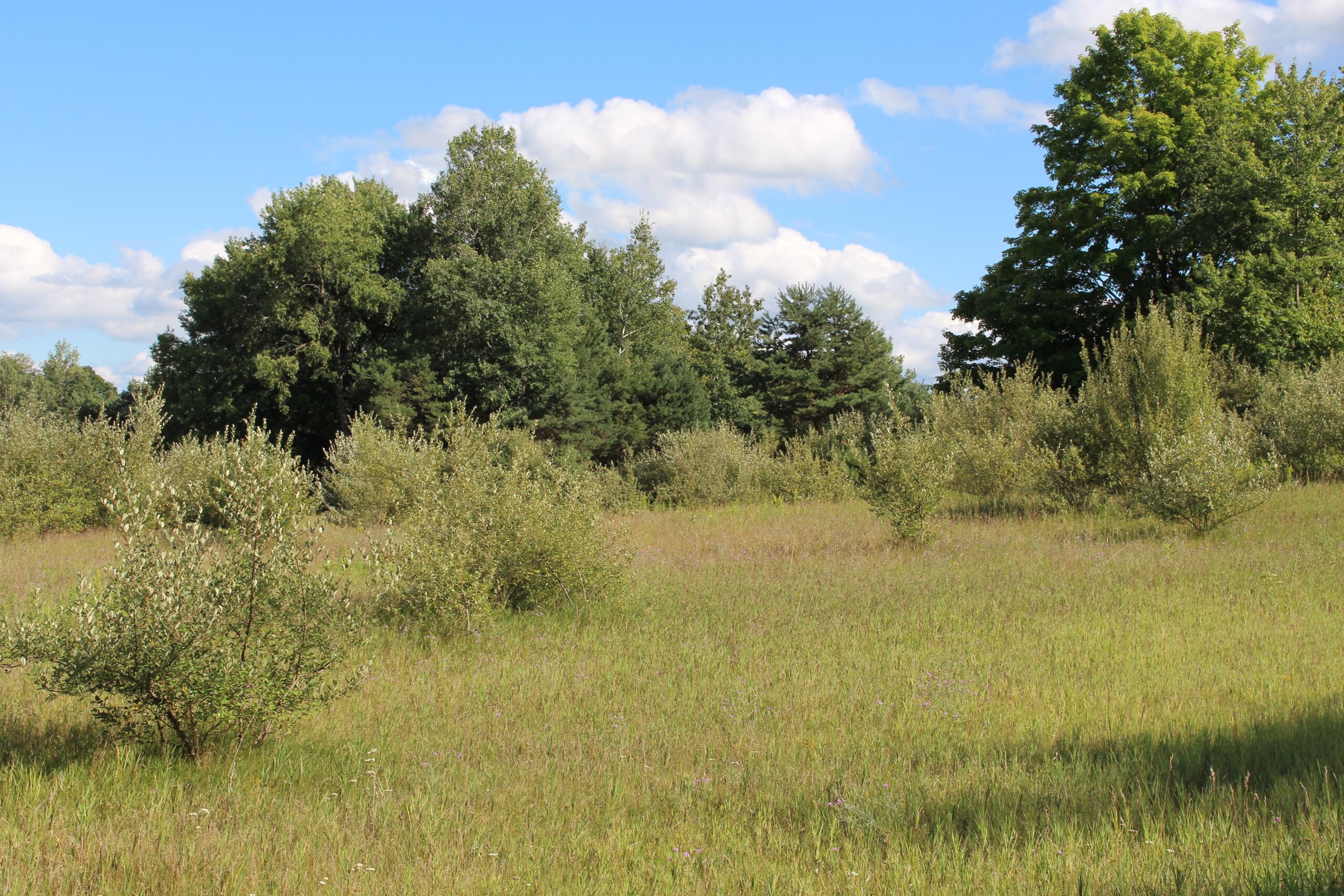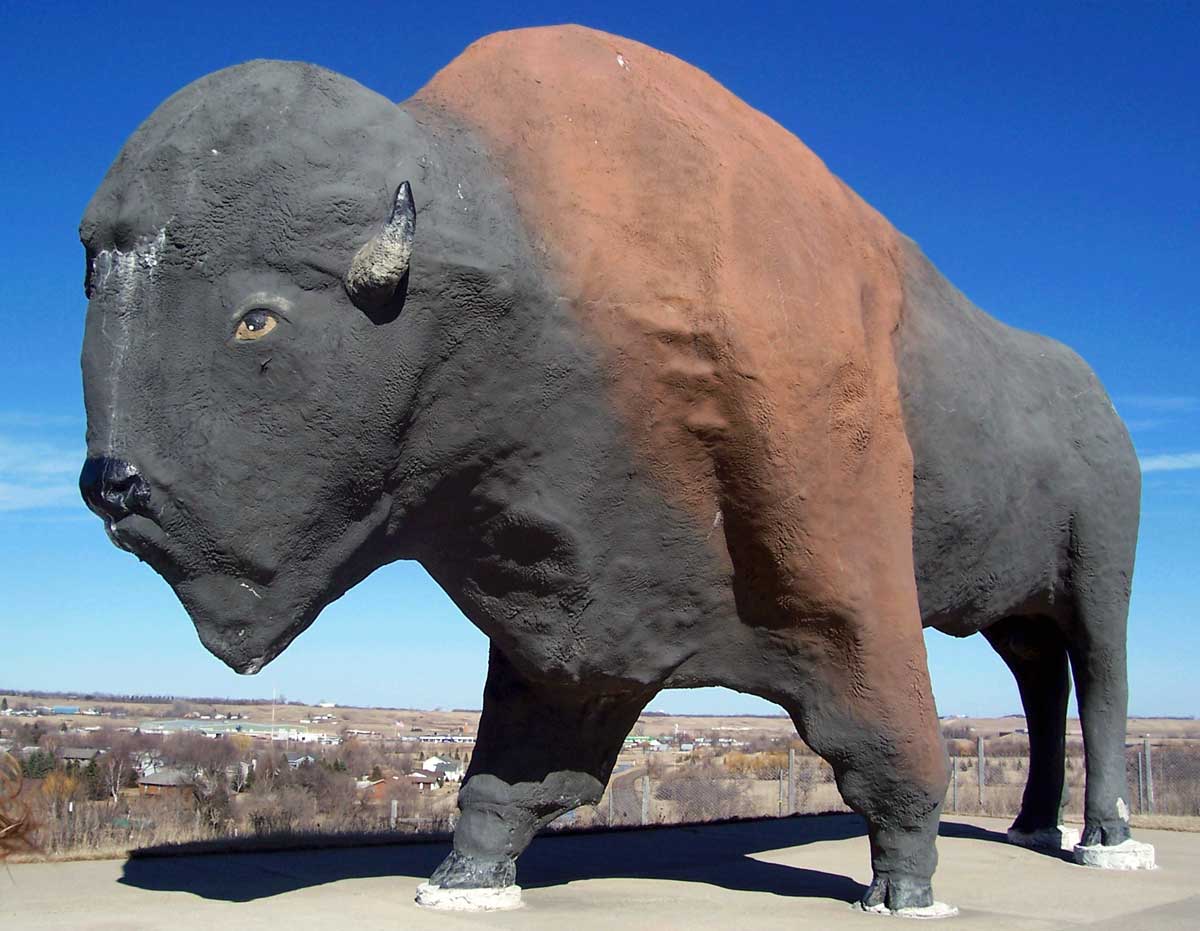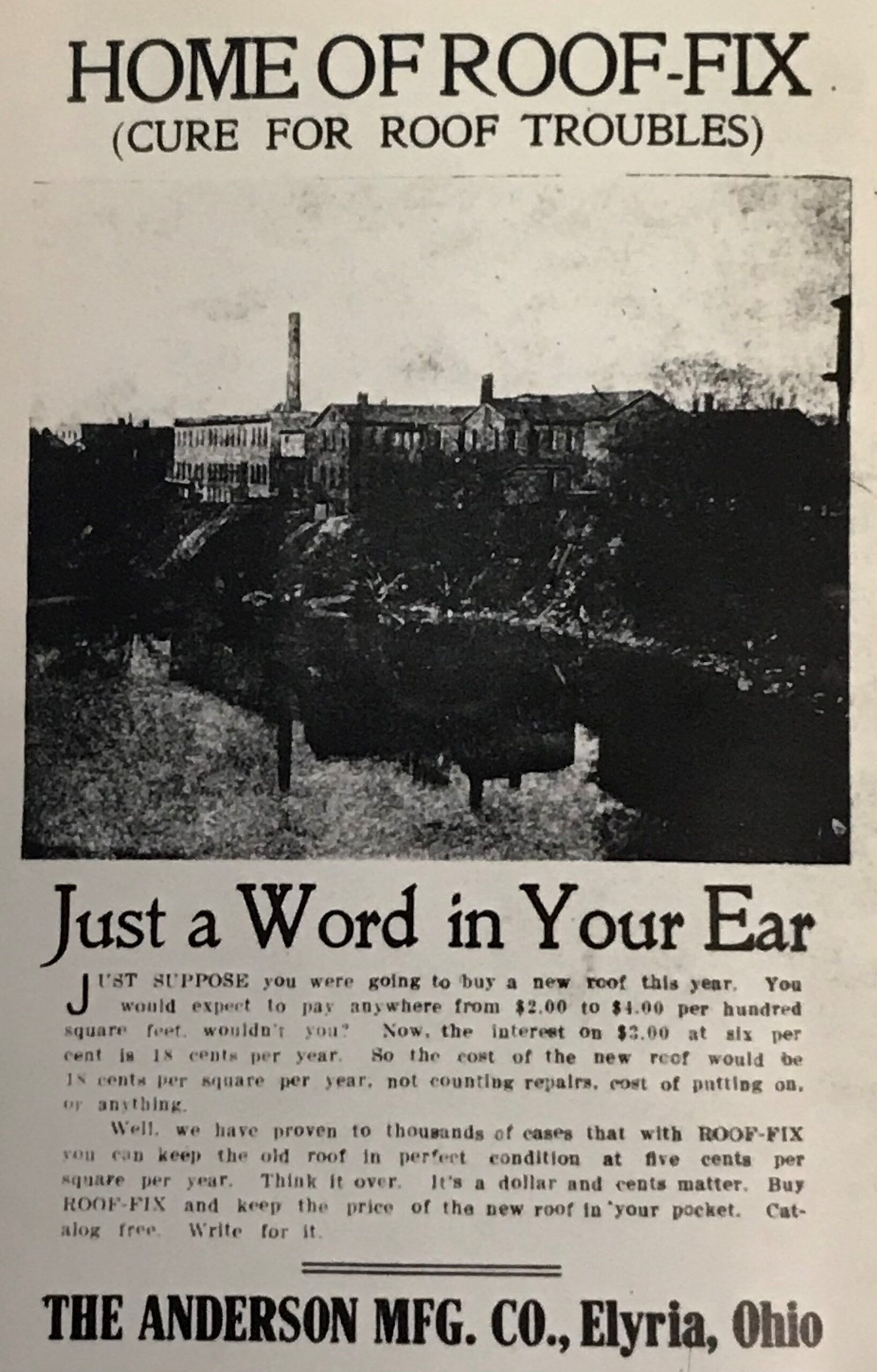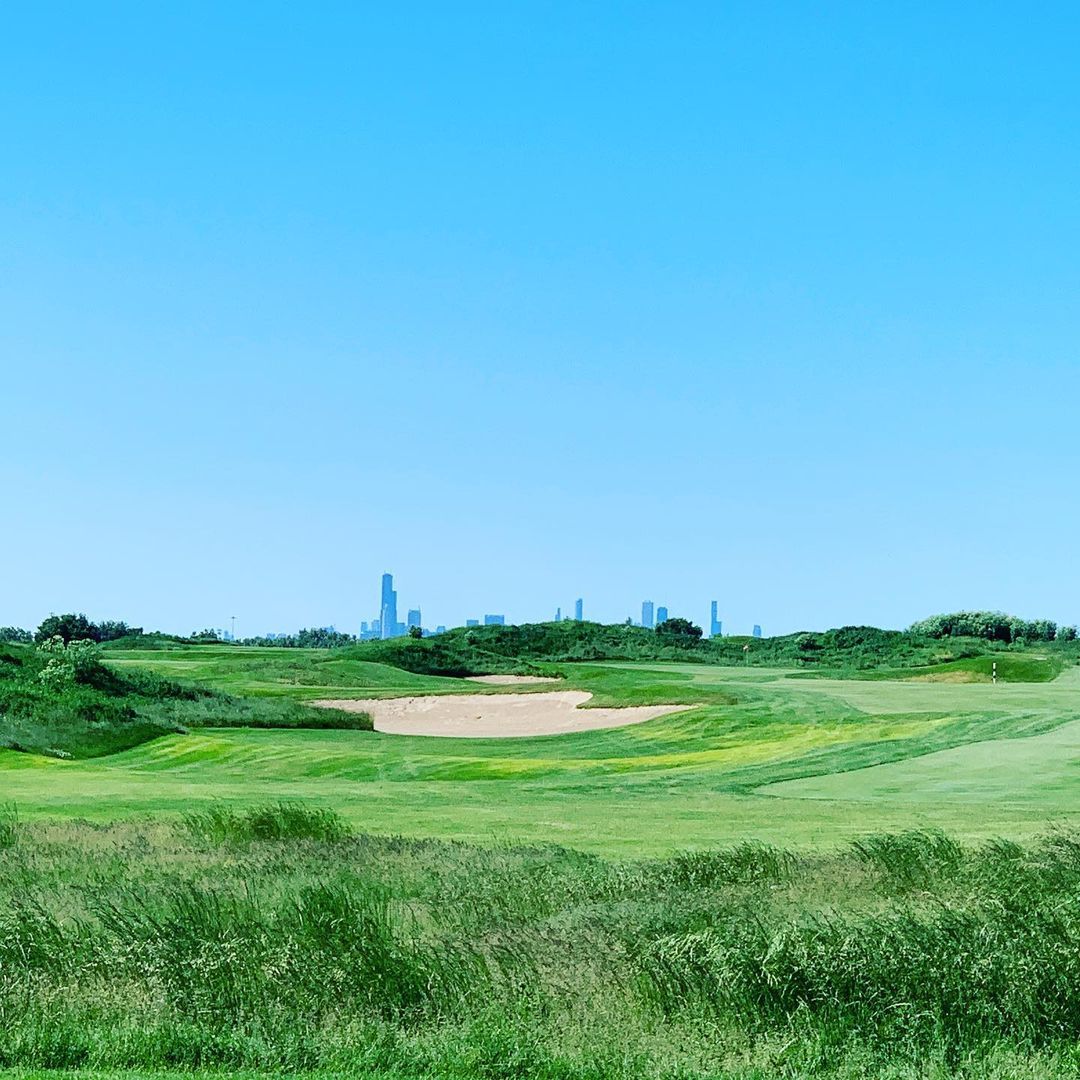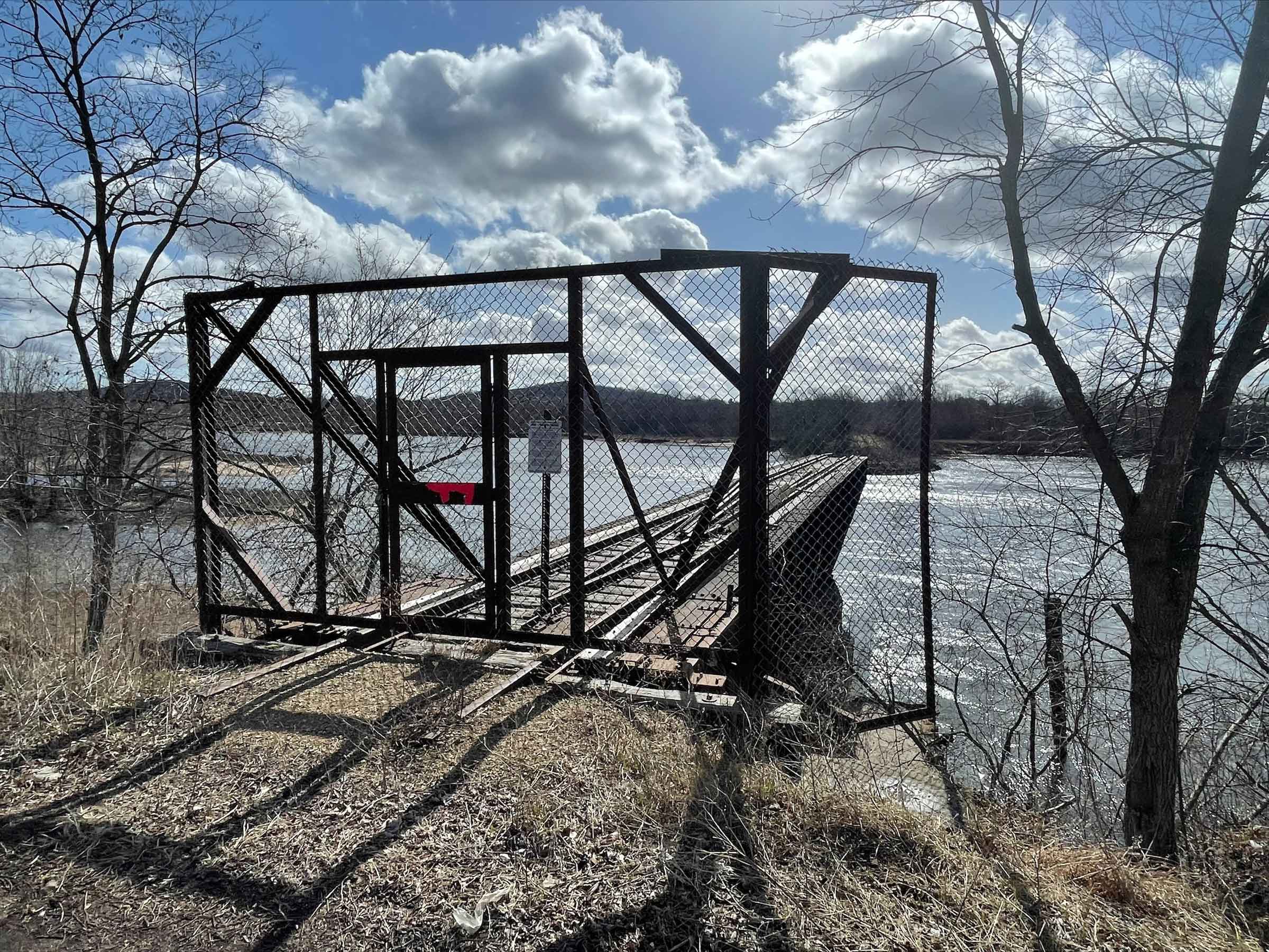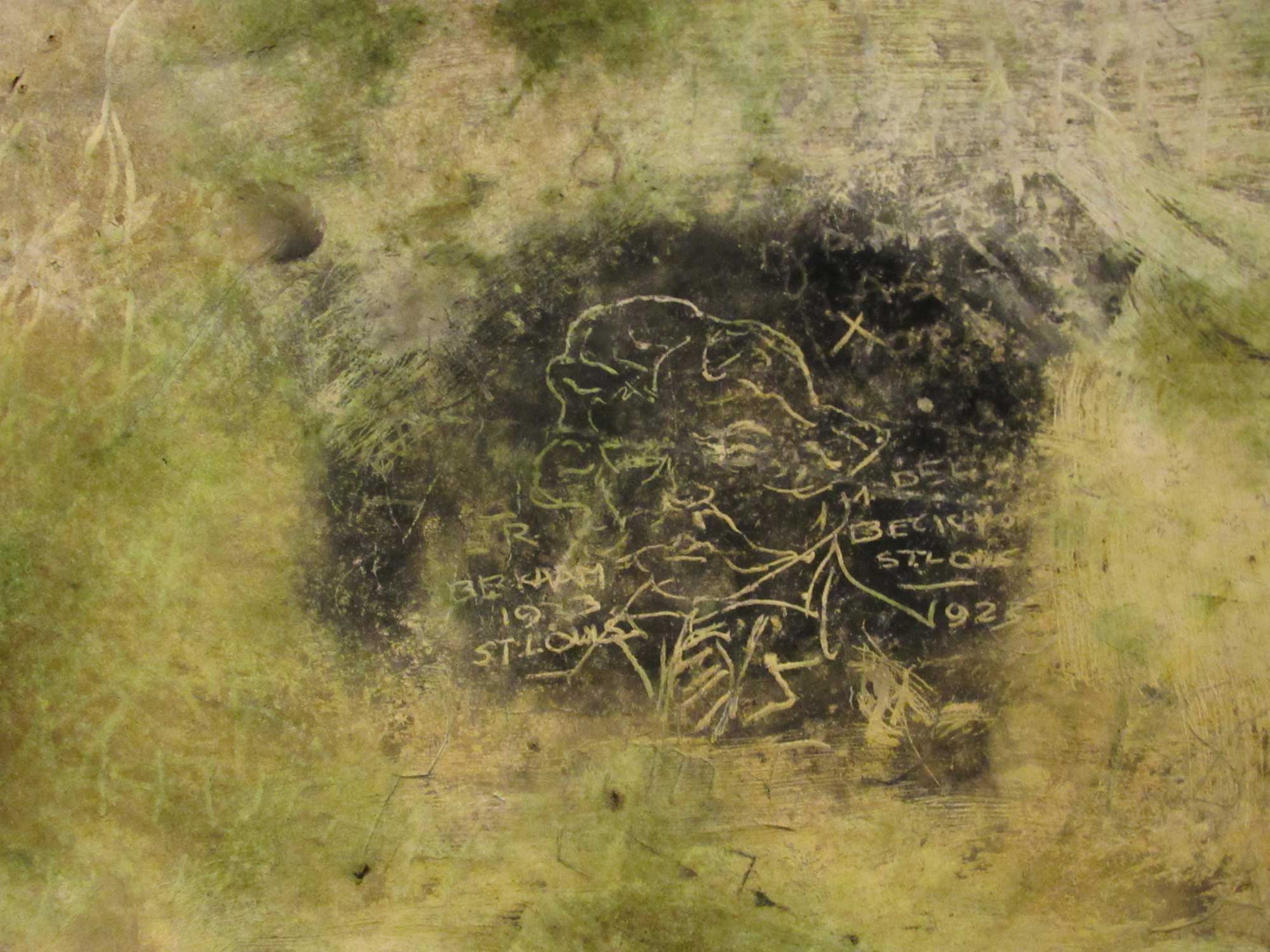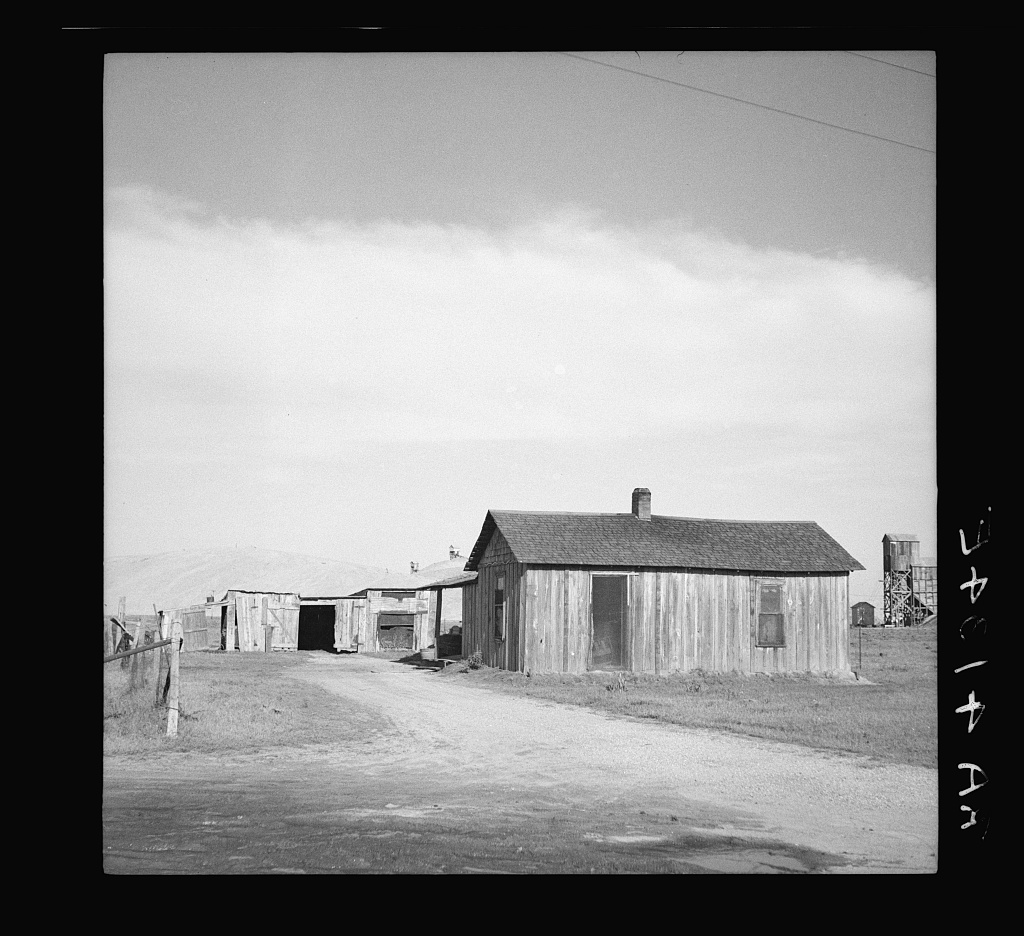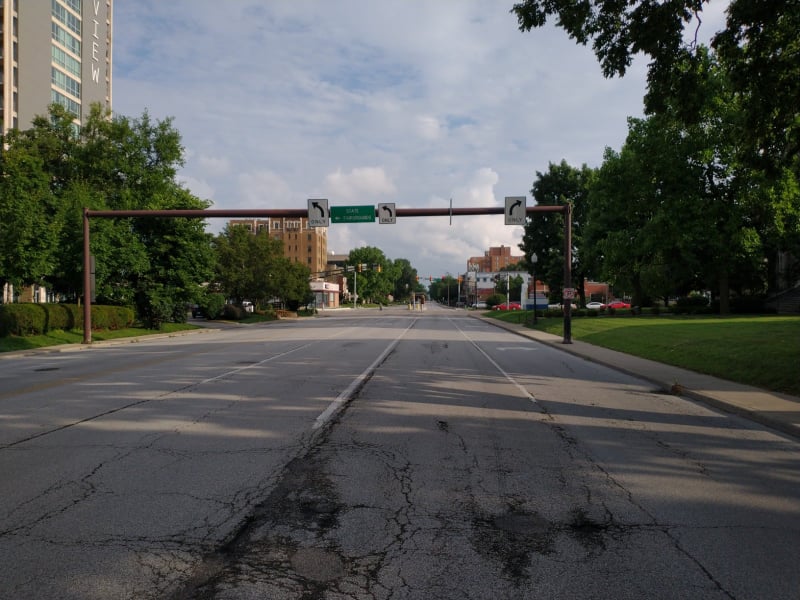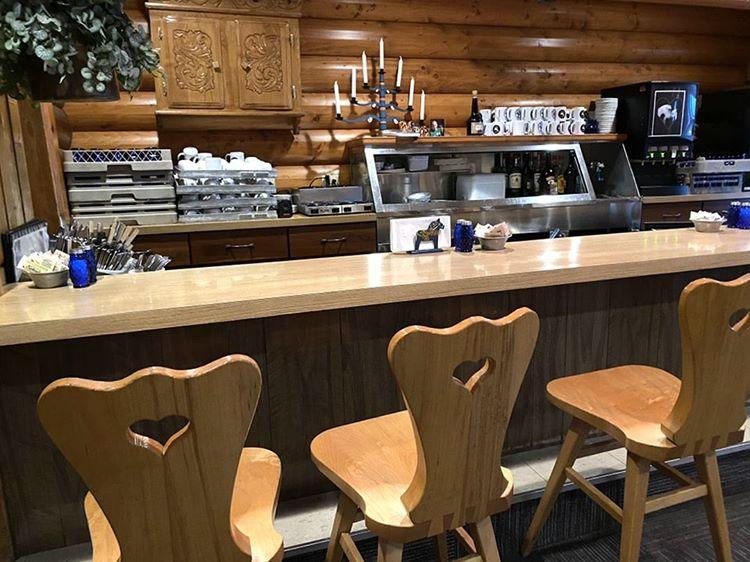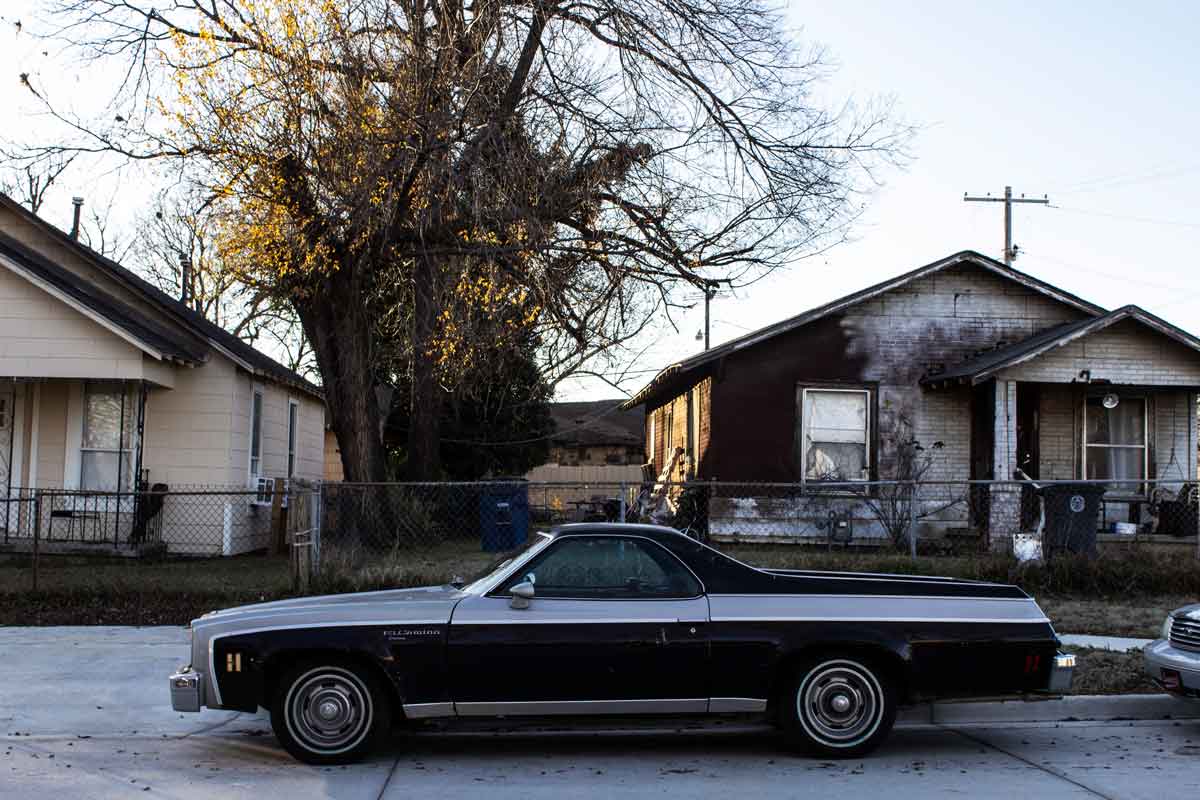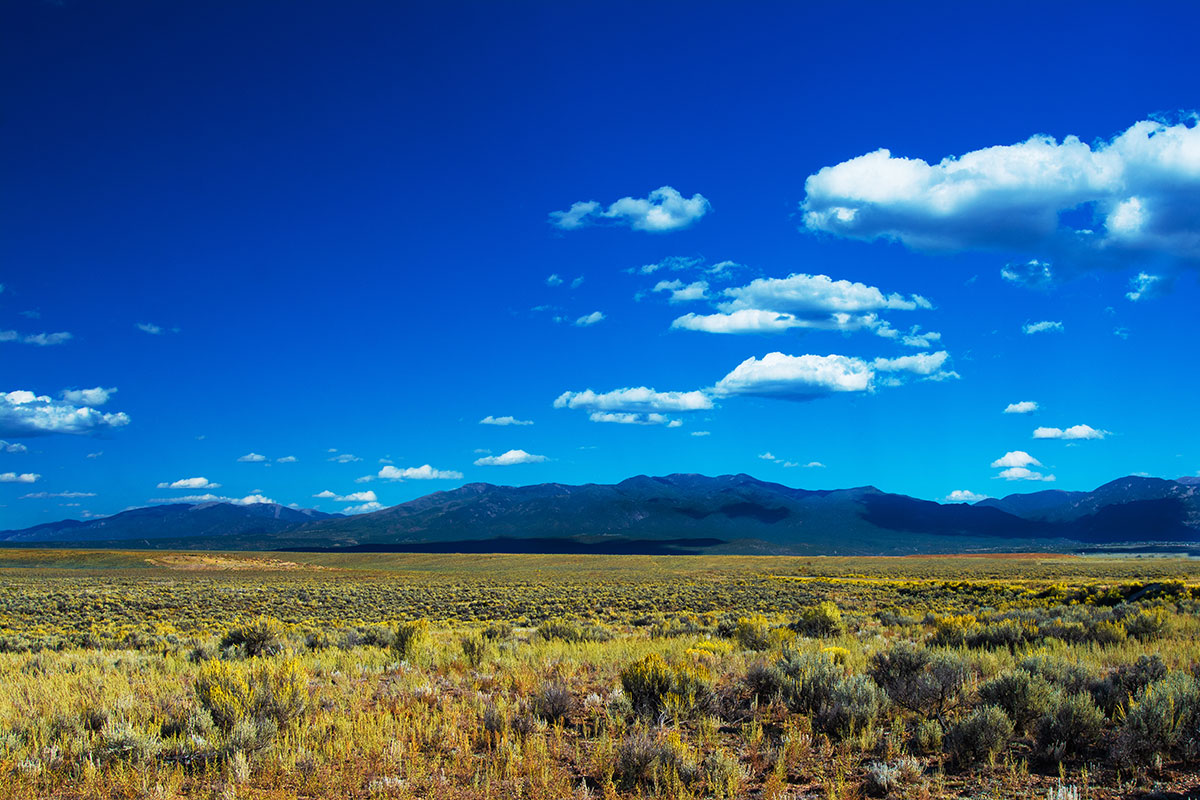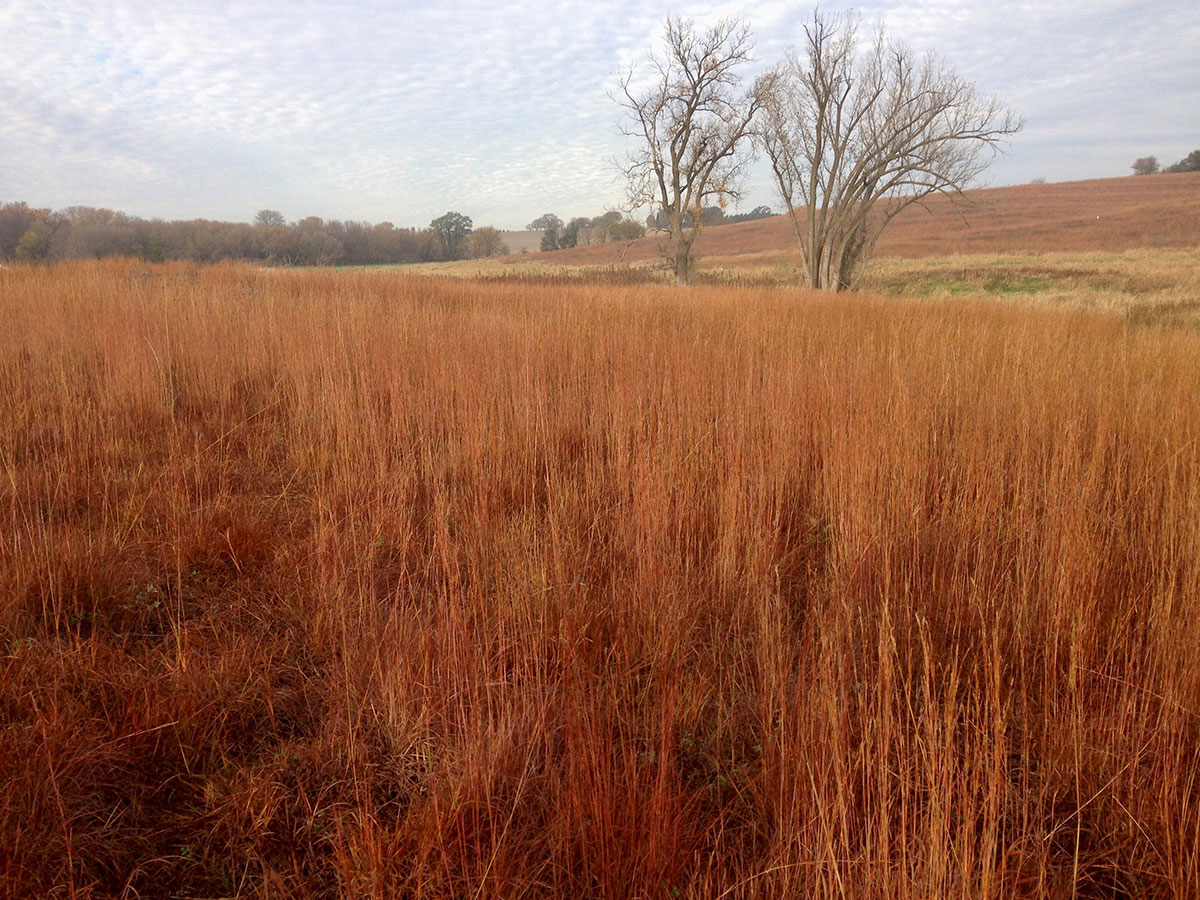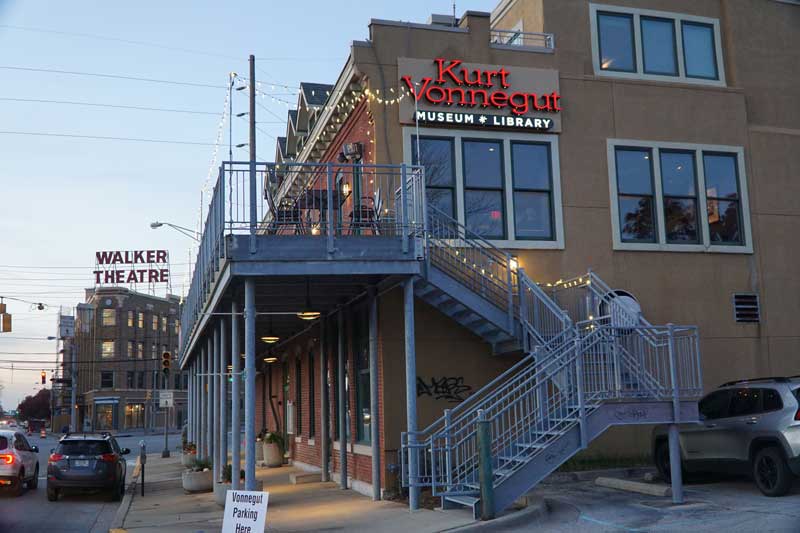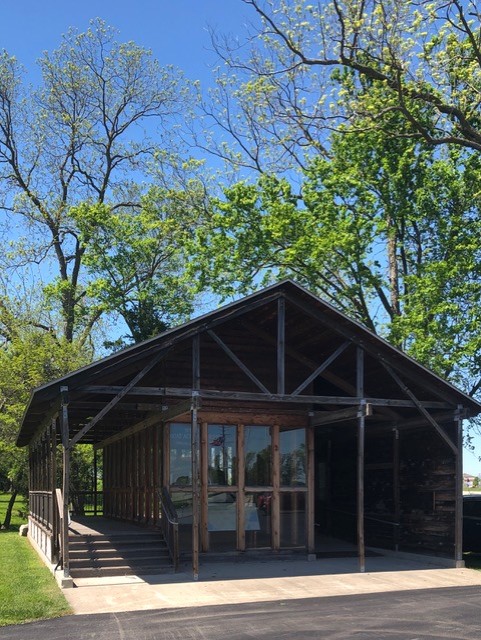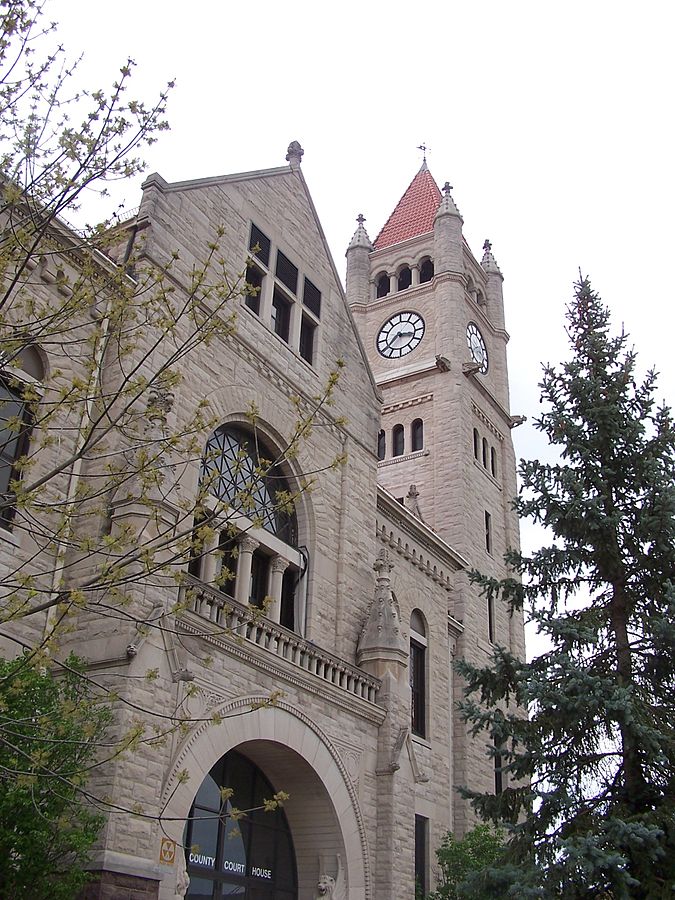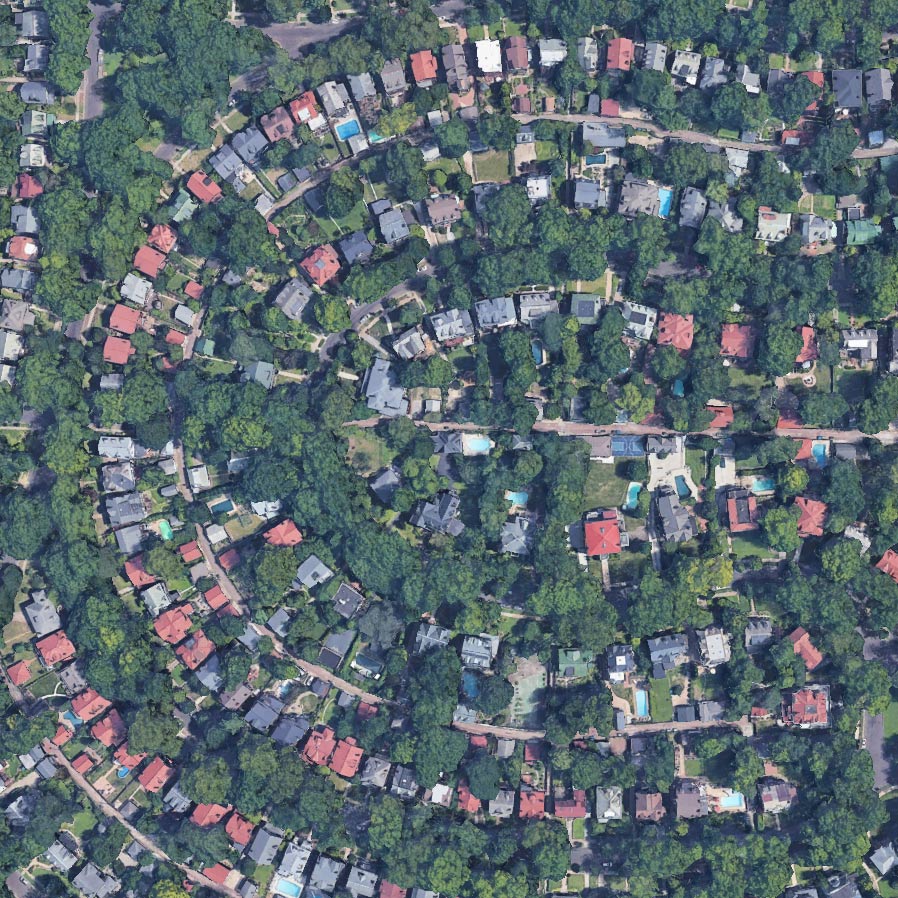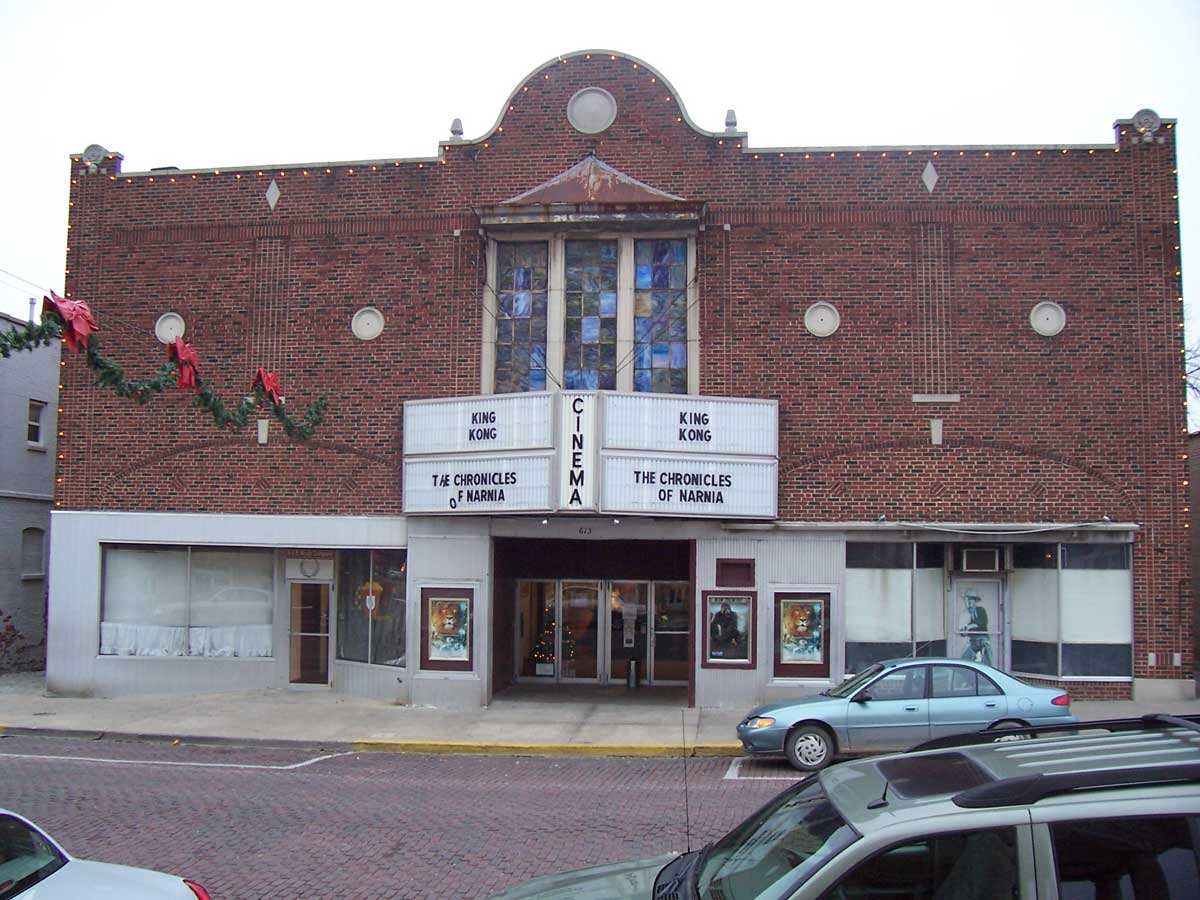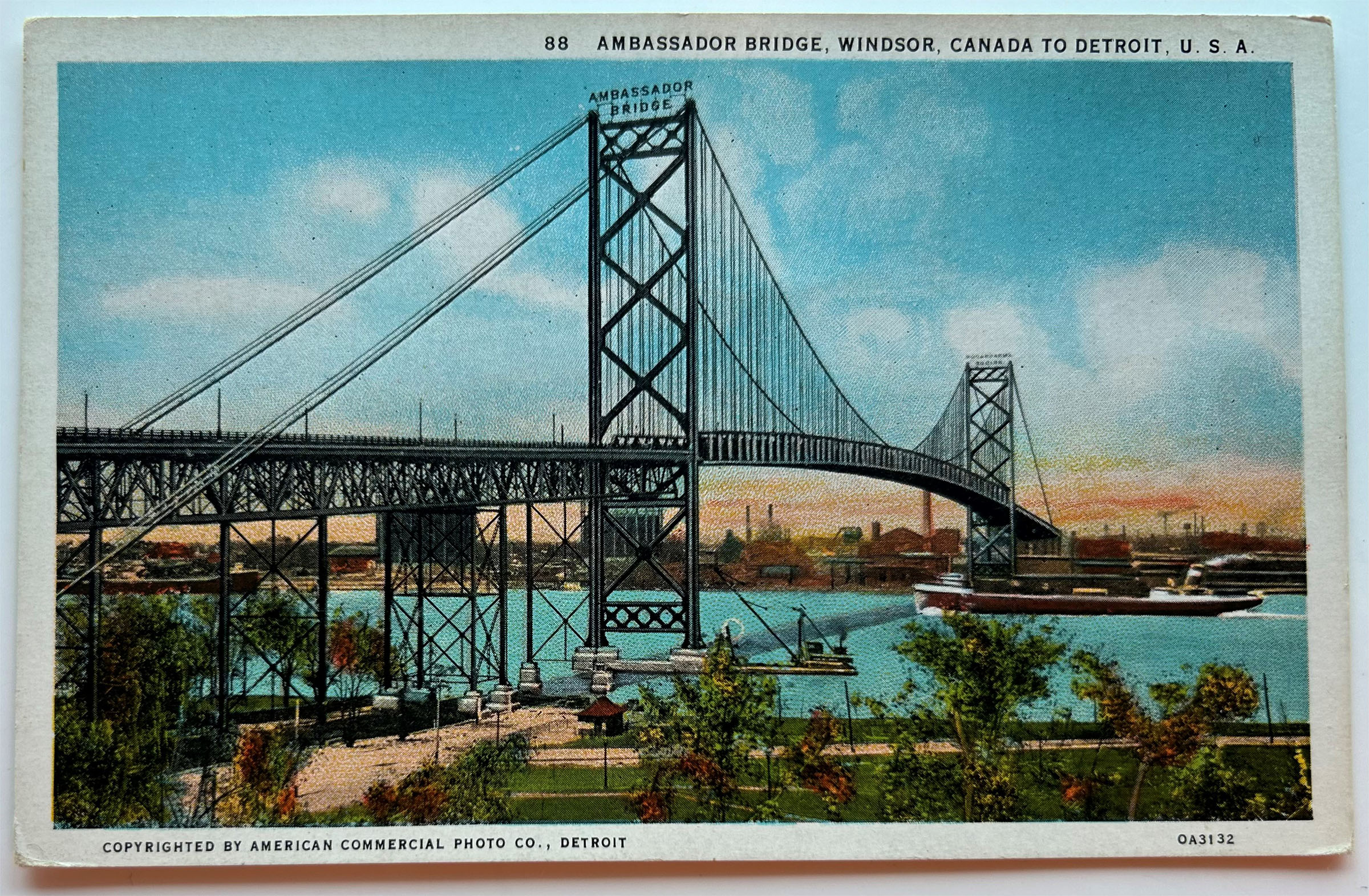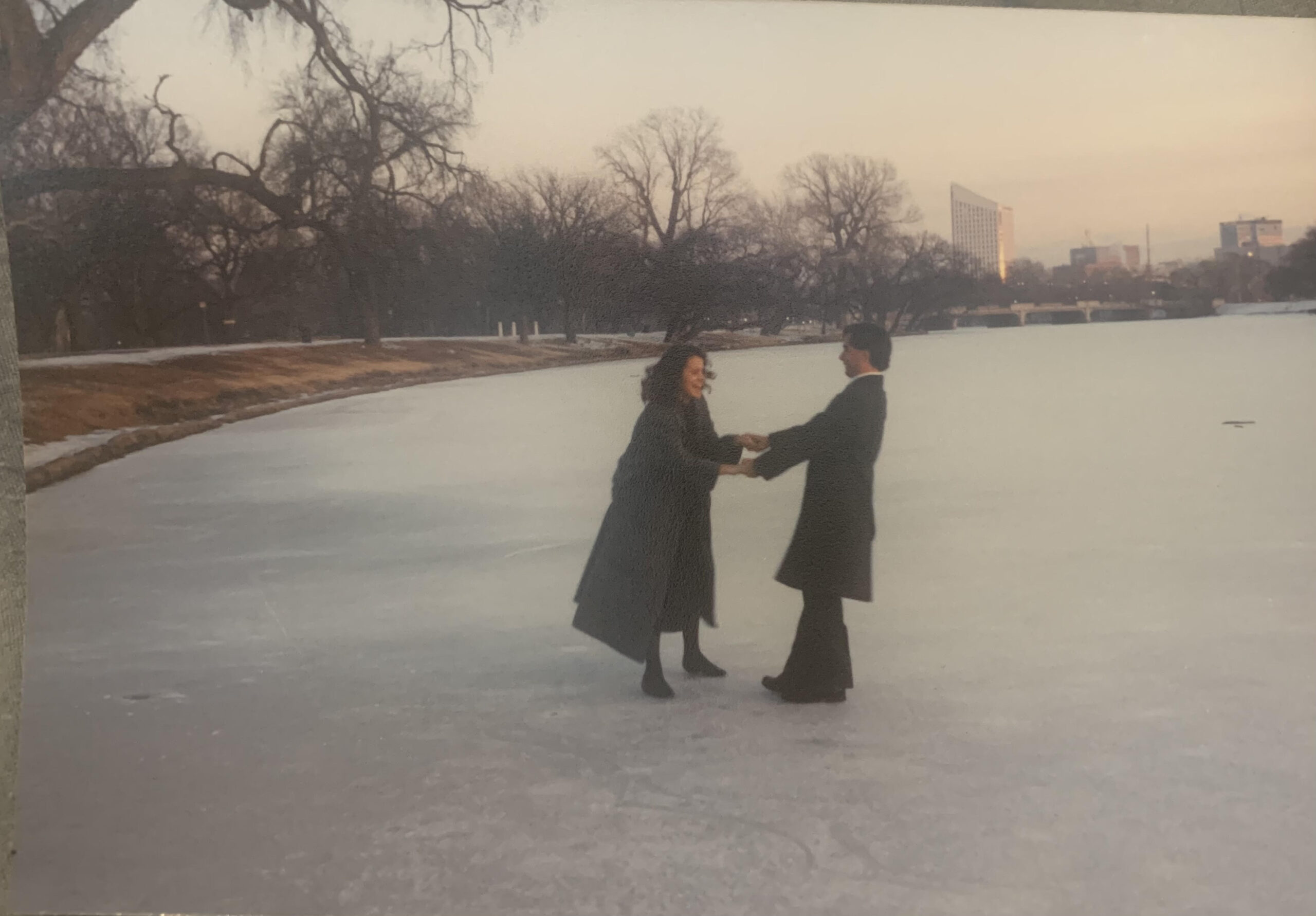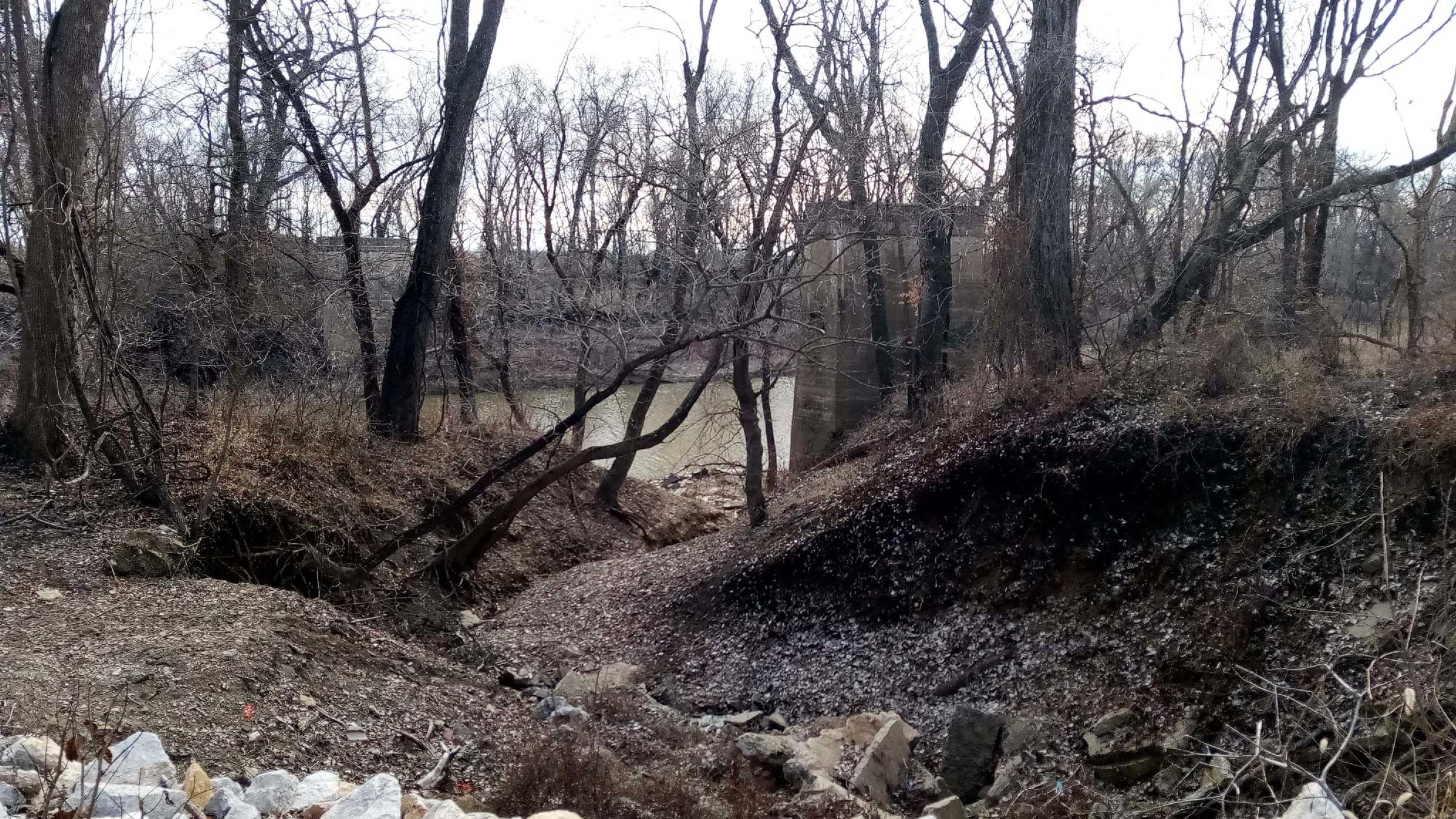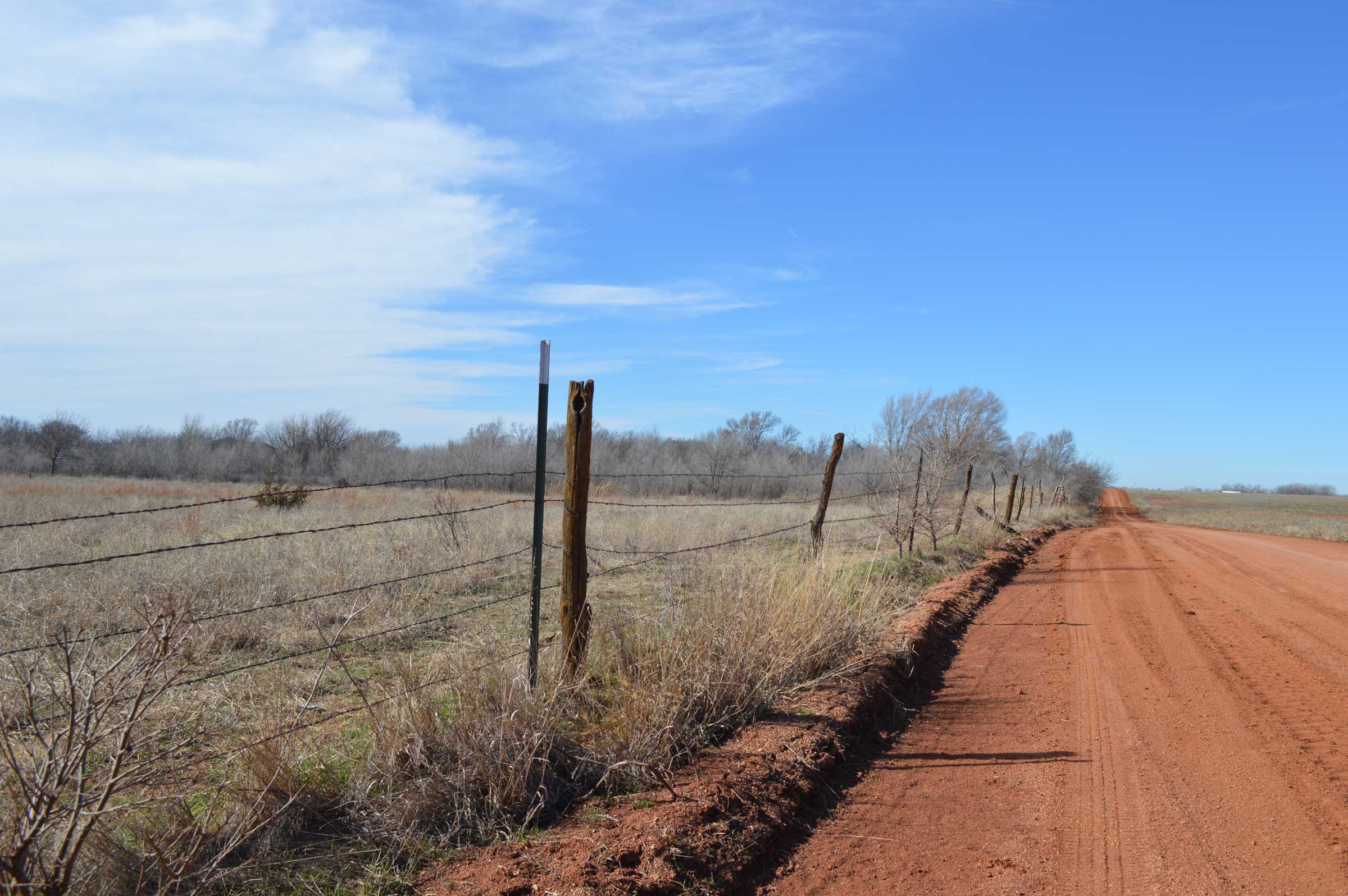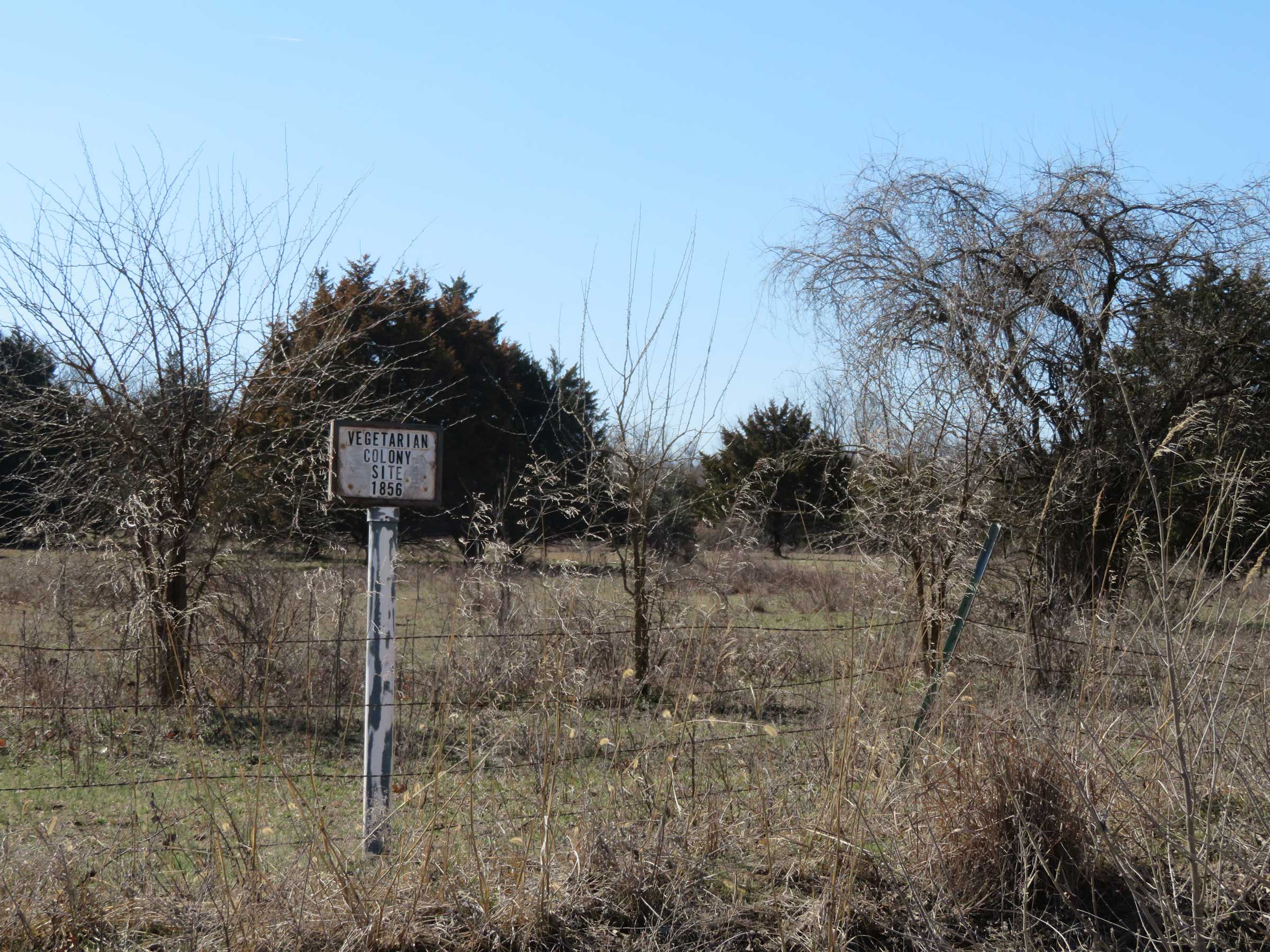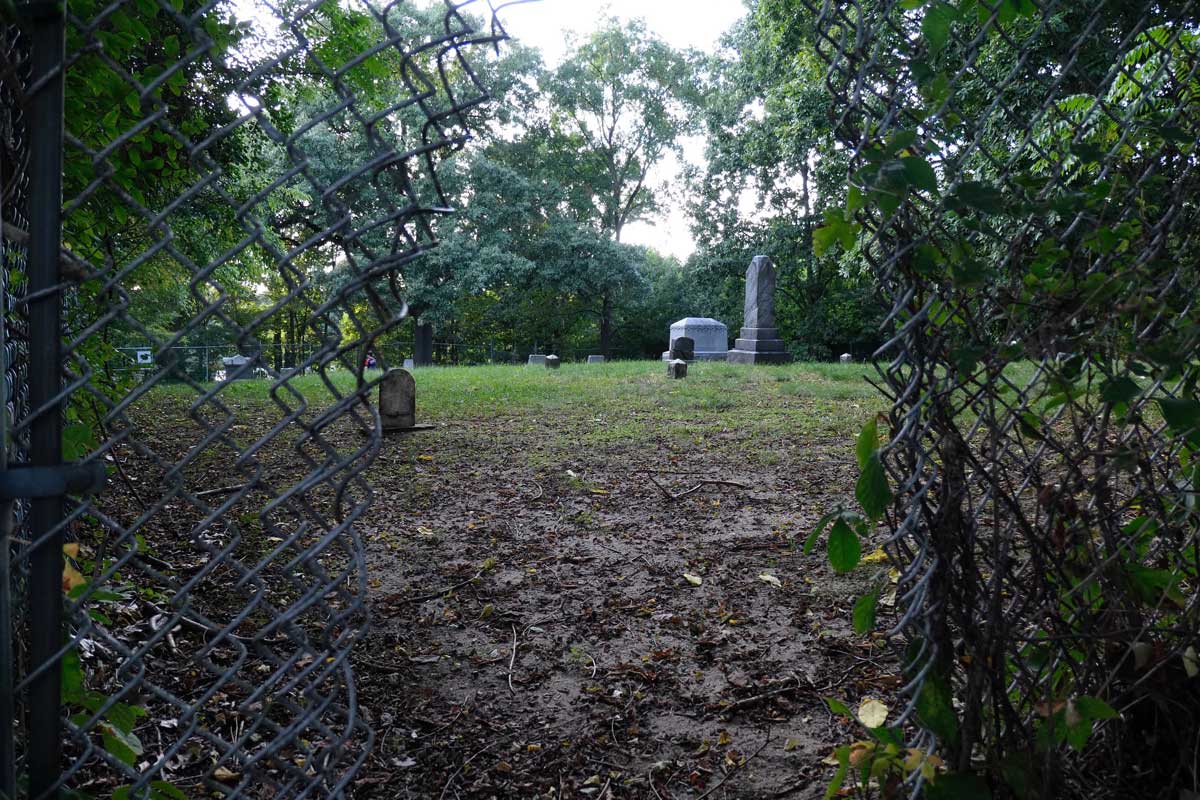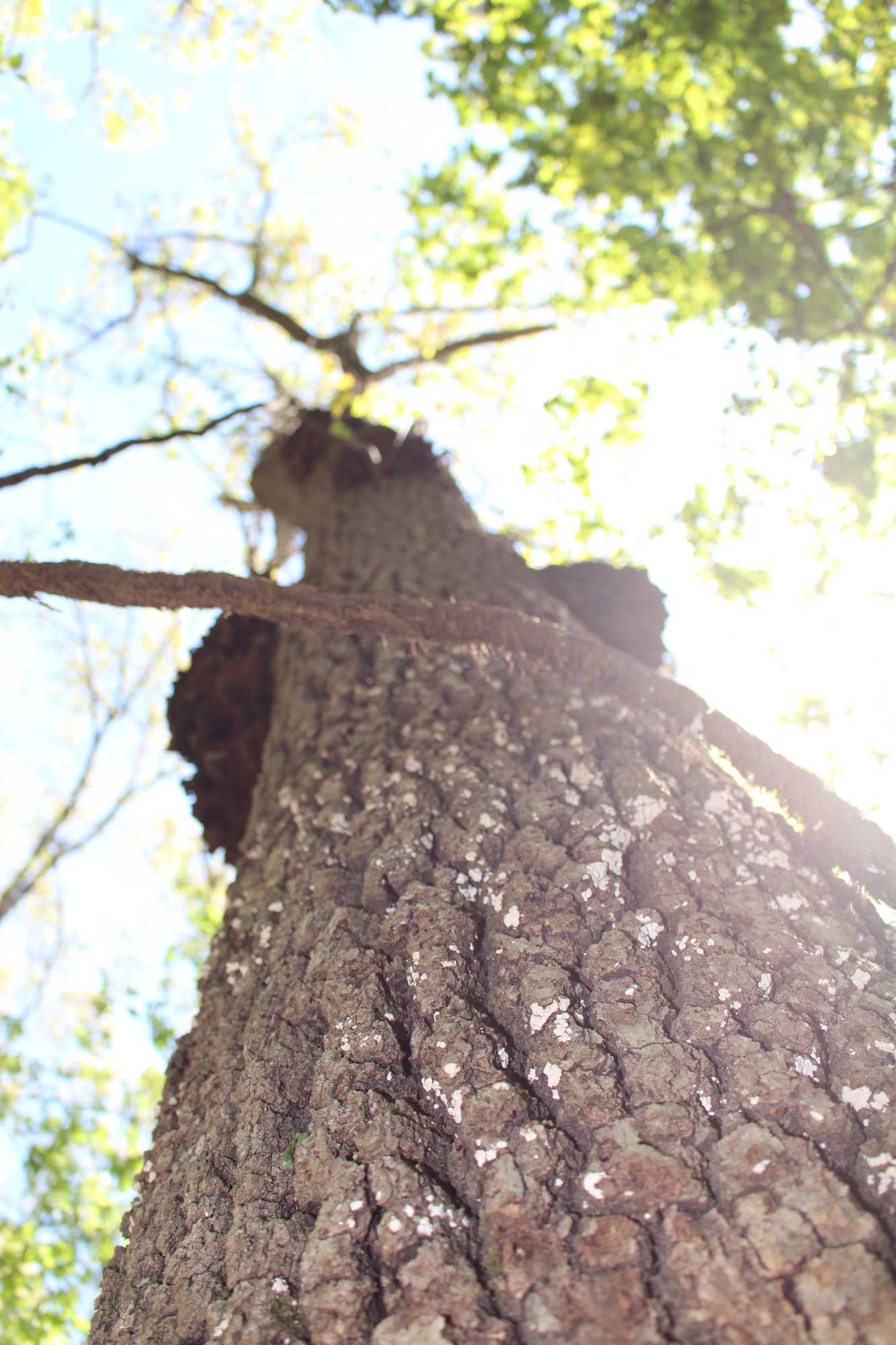Philip Levine
Belle Isle
Waawiiyaatanong
By Daniel A. Lockhart
I’ve come to the river, as one does frequently in Waawiiyaatanong, in the closing weeks of winter. The land has begun to wake up from the snow and the river itself contains patchworks of ice, a south sliding quilt of the lakes above us. The air is thick with fog, giving the world an evenness of white and grey. Punctuated by the restless patterns of geese and swans rejoicing over the return of open water. Across from where I stand, separated by the Fleming Channel of the Detroit River, is the jewel of an urban park, Belle Isle. I reminded of the island and the city across the water from us nearly hourly, as the clarion tower sings out its song across the water and the city streets between. What is before me in this moment is that spirit made real. A near translucent moment of a city in the clouds, an island at its heart.
To think, this is the same restless river in which, in his poem “Belle Isle, 1949,” Levine and his Polish high school girl were baptized “in the brine / of car parts, dead fish, stolen bicycles, / melted snow.” The river of industrial stove making, the river before the monumental decline of the great Horatio Algerian city, the river that is hardly visible past the row of phantom trees that make up the horizon that used to be, and still is, the island anchor of Levine’s poem. Today, even the vision of the opposite bank is gone and the river is a nexus of dull light. Sharp edges of fluorescent modern Detroit, and Windsor for that matter, are absent. I have loved the constellation of skyscraper lights that dominate us here. Even in daylight they are gone. But here, alone, I am smudged by the warming mist of snow as the spring sun finds its way in.
Is this the perfect calm of the water between city and island? “Turning at last to see no island at all / but a perfect calm dark as far as there was sight.” Before me, that darkness chased away and the river sheened as if it had never known of the Griffon, a burning Rouge River, the gore of Bloody Run. This river is a different river than Levine’s. More ancient, freed from ore haulers, the shadow of stoves, the traffic of Jefferson. At least, temporarily, between shipping seasons. Across the river there are certainly drums. A passing car on the island’s ring road, hidden in the dense fog bank hovering above shore. There is no possibility of touching the river beyond. Signs warn of its threat on the metal fence that separates us. Alone. There is no woman, there is no warmth of another in all of this. The river is changed. And it is light now. And I find myself lost in thoughts of the warmth of a lover’s breath upon my skin. Taken by the heavy cold in the air around me, I understand that each time is of itself. The spirit lives on. But the impermanence of the world allows at best for anchors in our memories. We no longer build stoves. Few of us swim in the river. The water is undisturbed as it passes before me, its surface defiant and purposeful like sturgeon skin. And the world is the white of an elder’s hair; wèlathakèt returned. And the quiet, while the river slides by in her earliest stages of waking in this the earliest hours of spring. Moving us, in silence, “back where we came from.”
D.A. Lockhart is the author of Breaking Right (Porcupine’s Quill), Bearmen Descend Upon Gimli (Frontenac House), and Go Down Odawa Way (Kegedonce). His work has been shortlisted for Raymond Souster Award, and longlisted for ReLit Award for Short Fiction, and First Nations Community READS Award. He is pùkuwànkoamimëns of the Moravian of the Thames First Nation. Lockhart currently resides at Waawiiyaatanong and Pelee Island where he is the publisher at Urban Farmhouse Press and poetry editor at the Windsor Review.

